Costa Mesa, Calif. – It's possible to separate Demario Davis the football player from Demario Davis the social justice advocate, and to recognize each version for the outstanding individual that he is.
But mentioning one without the other is shortchanging Davis, since each combines to complete the picture.
His social justice advocacy wouldn't be as well-known and weighty if he wasn't a few-peers, do-everything football player. And his status as a one-of-the-best-in-the-business linebacker would be hollow for him if he wasn't using his platform to promote positive change.
On Thursday, during the New Orleans Saints' joint practice with the Los Angeles Chargers at Jack Hammet Sports Complex, the complete football player was on display. And even Davis, who rarely is self-complimentary, liked what he saw.
"I think it was a good day," he said. "I felt good, legs felt great, was able to fly around and get some penetration in the backfield in the run and the pass game, make some plays in coverage.
"At the end of the day, I'm always just trying to do my job as best I can. I think it's a tribute to a lot of work put in in the offseason to get better, so I'm just trying to bring that to the table."
The version of Davis that he presented to the Saints in his first season with New Orleans provided several dishes. Davis posted a team-high 110 tackles and added five sacks, four passes defensed, two forced fumbles and a fumble recovery. It was the second consecutive season he had at least 100 tackles and five sacks, and the third time he's had at least four passes defensed.
And if Thursday was any indication, we haven't seen the best of him. On one drill, he was draping a running back and knocking away a pass and on another, he trucked 234-pound fullback Derek Watt – as in, left him on his back en route to the quarterback.
"The funny thing is, I beat a lot of running backs throughout my career, and then had some today," he said. "They're like, 'Man, you can't run through the running backs like that at practice.' And honestly, I never even look at the running backs. It's more from the offensive lineman to the quarterback, and running backs, most times, they surprise me.
"But I think it's a part of my training and the way I lift, and the agility and the explosion stuff that I do, that even when they catch me off guard, that natural explosion into them kind of throws them off balance. And a lot of times there's a weight advantage in favor of the linebacker, because we tend to be 235 (pounds), 240, (and) they tend to be 205 to 220. So that plays a part. But I think at the end of the day, we want to get pressure on the quarterback and I just try to do my job and do that."
Reminded that the player he plowed was a fullback, and not a running back, Davis smiled.
"So be it. I just try to get to the quarterback as best I can. But we want to stay up out here. We don't really want to be trying to knock guys to the ground."
True. But it's off the field where he spends a good portion of his time attempting to help lift people up.
Davis' advocacy is well documented. In the latest case, he and Washington cornerback Josh Norman helped post a $50,000 bail for 22-year-old Jose Bello, a college student and farm worker who was detained less than 36 hours after attending a board of supervisors meeting and reading a poem that criticized the nation's immigration practices.
Bello was unable to post bail on his own; Davis and Norman are among those fighting to end the cash bail system because it negatively impacts people of limited financial means.
"We're just living in a time where, we as people, have to understand that injustice anywhere is a threat to justice everywhere," he said. "And if we let injustice happen inside the borders of our country, it's going to keep coming. It's going to affect not just the people it's impacting right now, it's going to impact people feel like they're safe here. You just can't allow anything that's inhumane to happen.
"You've got to think about parents being separated from children, children being forced to sleep outside. Circumstances that they don't even have control over. Some stuff is just inhumane. And we have to look at it from that standpoint, from a humanity standpoint.
"When you see another human being suffering, you have to be able to have some empathy, put yourself in their shoes. Would you want to be separated from your kids? Would you want your kids sleeping outside, or to be alone and not have any type of communication? That's why we chose to step in and help that situation. Hopefully, that motivates other people that you can be a part of the solution."
Davis said he understands that he can't step in and assist in every situation.
"I heard a story once," he said. "There was a bunch of shellfish on the ground and a guy was picking up all of the shellfish and throwing them one by one. There was a million shellfish out there and another guy was like, 'You're never going to be able to save all these shellfish.'
"But every one he threw out there, he said, 'I saved that one. I saved that one.' And I think that's the way we have to look at it, is every little bit that you do, it's helping somebody, it's helping a family. I think when we think about it in terms like that, I think it just motivates everybody to be a part of the solution."
Davis has been a large, positive piece of the puzzle on two fronts, on the field and off. You can mention one without the other, but it wouldn't be totally fair to either because of the undeniable link.
Both combine to make him who he is, and Davis knows exactly who he is.
"I was born into a great family and family is everything to me," he said. "So I'm always going to be a person who tries to help family, or focus on family, or try to encourage family. But also my faith. My relationship with Jesus just calls us to be servants to people, and servants to those around us, and servants to those less fortunate, taking care of the poor.
"And so, my faith empowers a lot of the action I do. At the end of the day, when I'm done on this planet, I want to hear, 'Well done, my good and faithful servant.' And I think the way that you do that is taking care of those that can't take care of themselves."
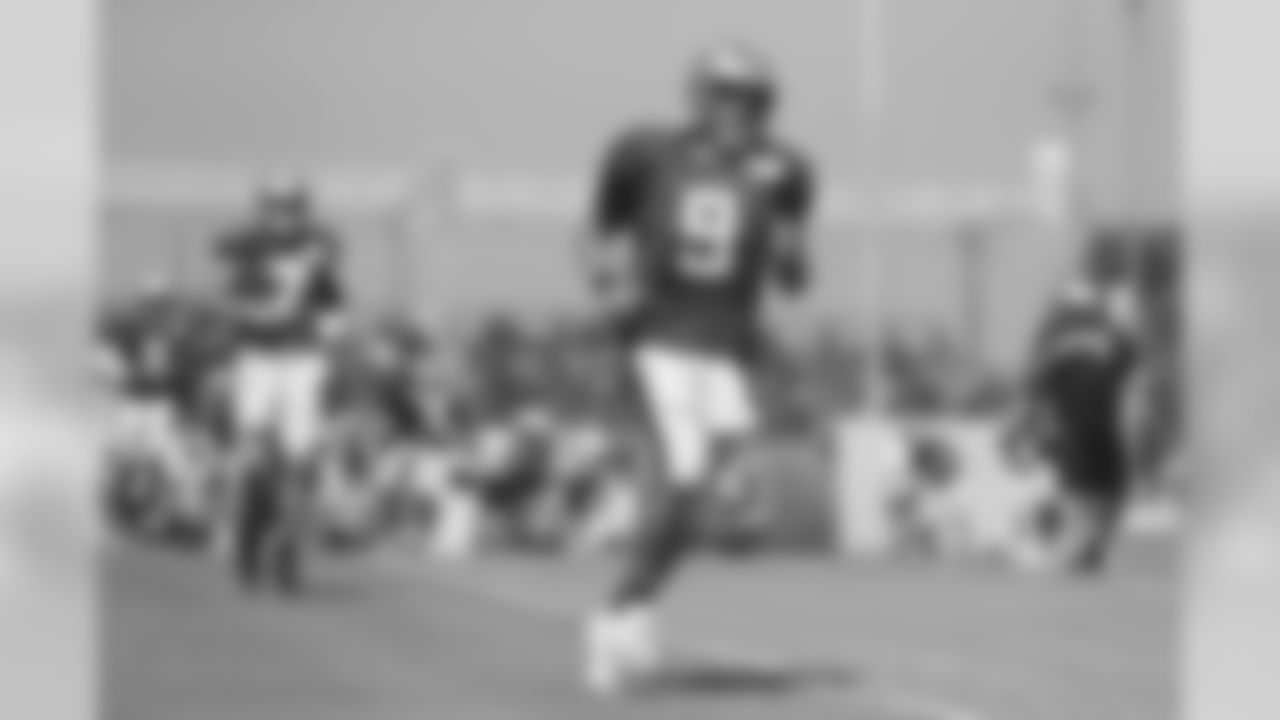
Action photos of New Orleans Saints Training Camp presented by Verizon as they hold joint practice with the Los Angeles Chargers at Jack R. Hammett Sports Complex in Costa Mesa, CA. on August 15, 2019.
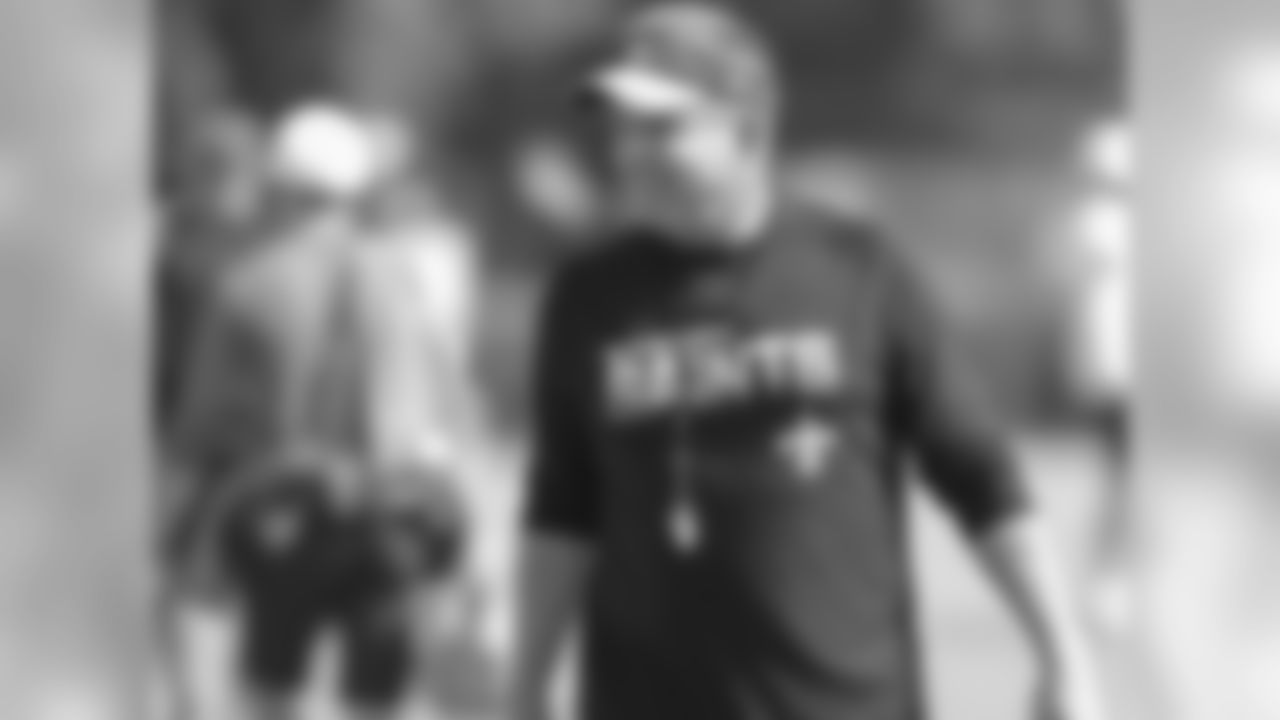
Action photos of New Orleans Saints Training Camp presented by Verizon as they hold joint practice with the Los Angeles Chargers at Jack R. Hammett Sports Complex in Costa Mesa, CA. on August 15, 2019.
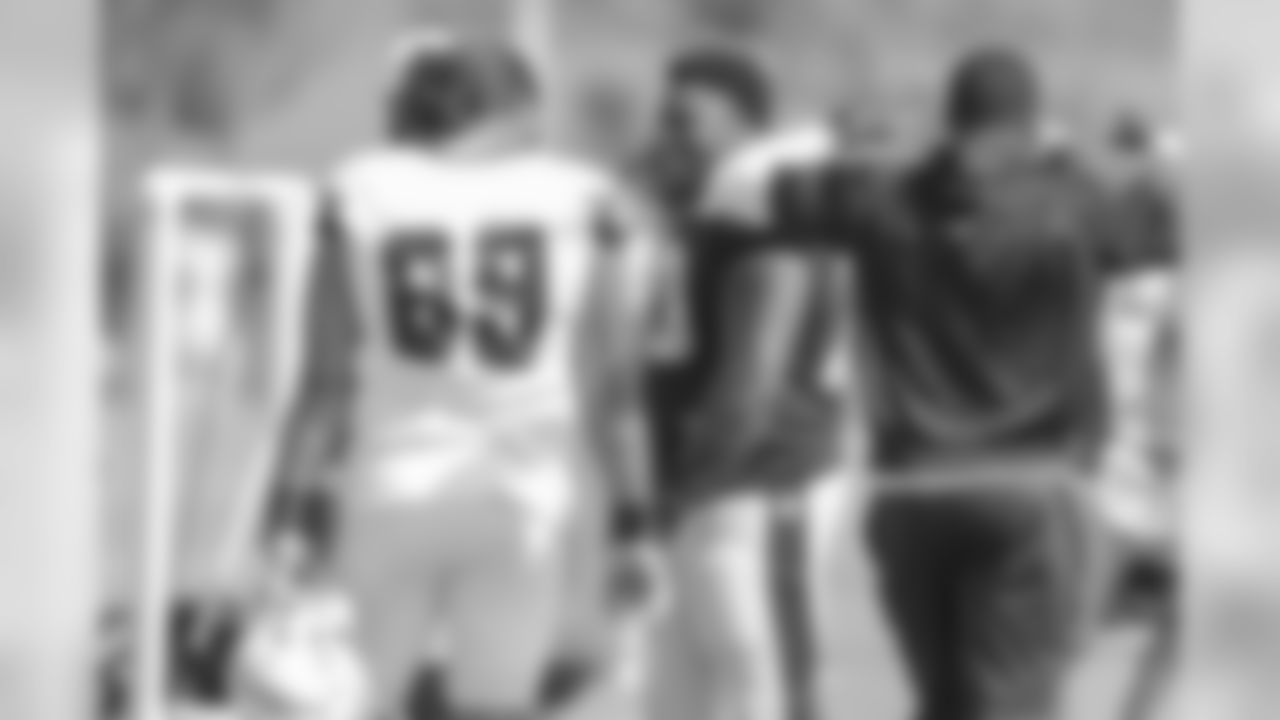
Action photos of New Orleans Saints Training Camp presented by Verizon as they hold joint practice with the Los Angeles Chargers at Jack R. Hammett Sports Complex in Costa Mesa, CA. on August 15, 2019.
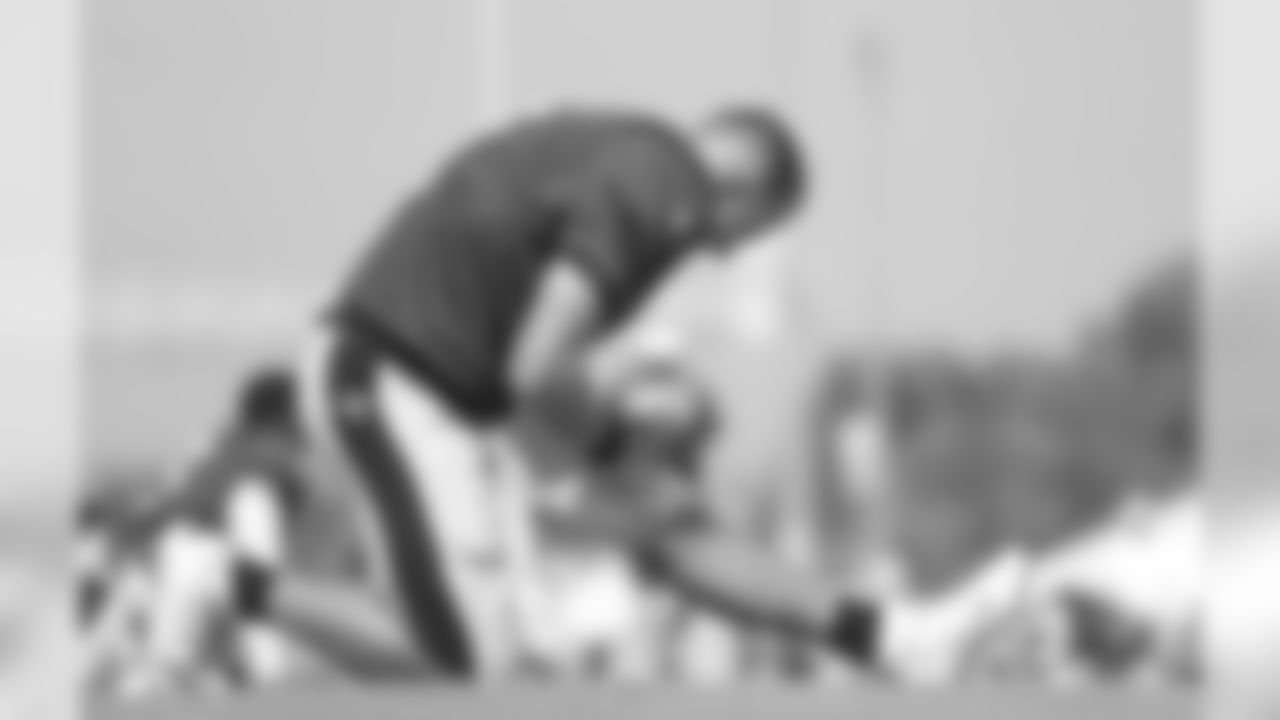
Action photos of New Orleans Saints Training Camp presented by Verizon as they hold joint practice with the Los Angeles Chargers at Jack R. Hammett Sports Complex in Costa Mesa, CA. on August 15, 2019.
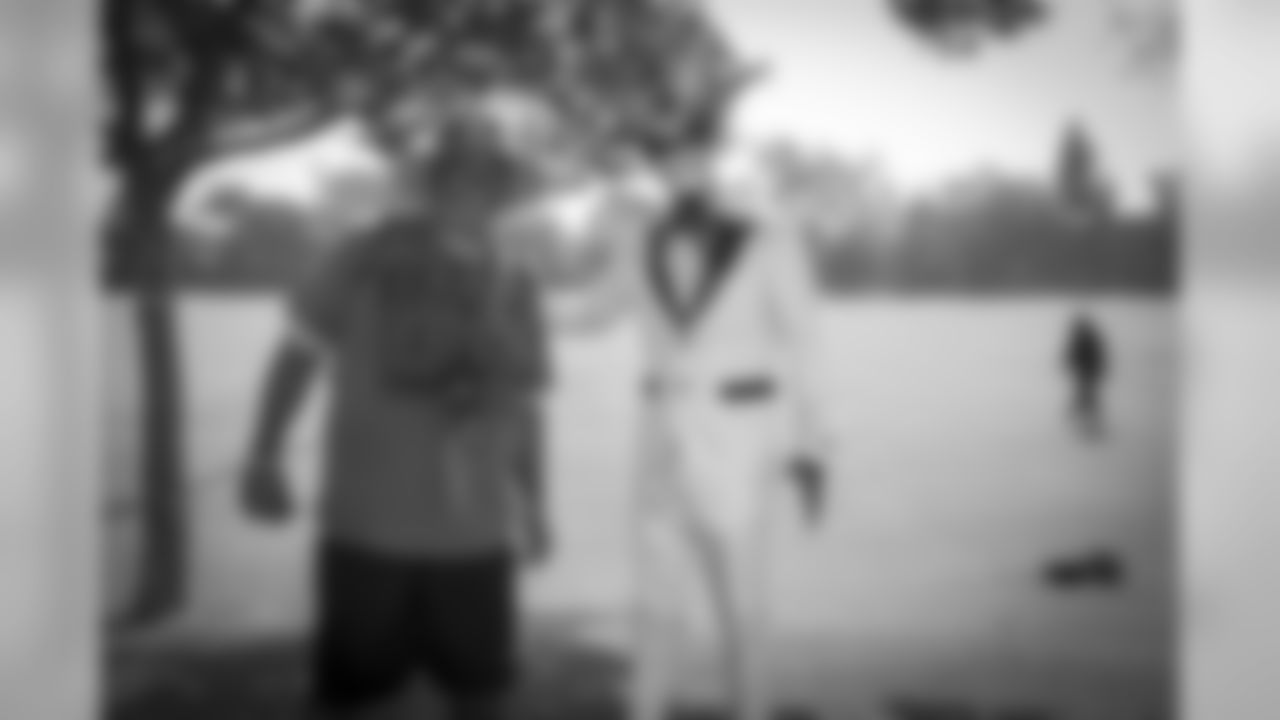
Action photos of New Orleans Saints Training Camp presented by Verizon as they hold joint practice with the Los Angeles Chargers at Jack R. Hammett Sports Complex in Costa Mesa, CA. on August 15, 2019.
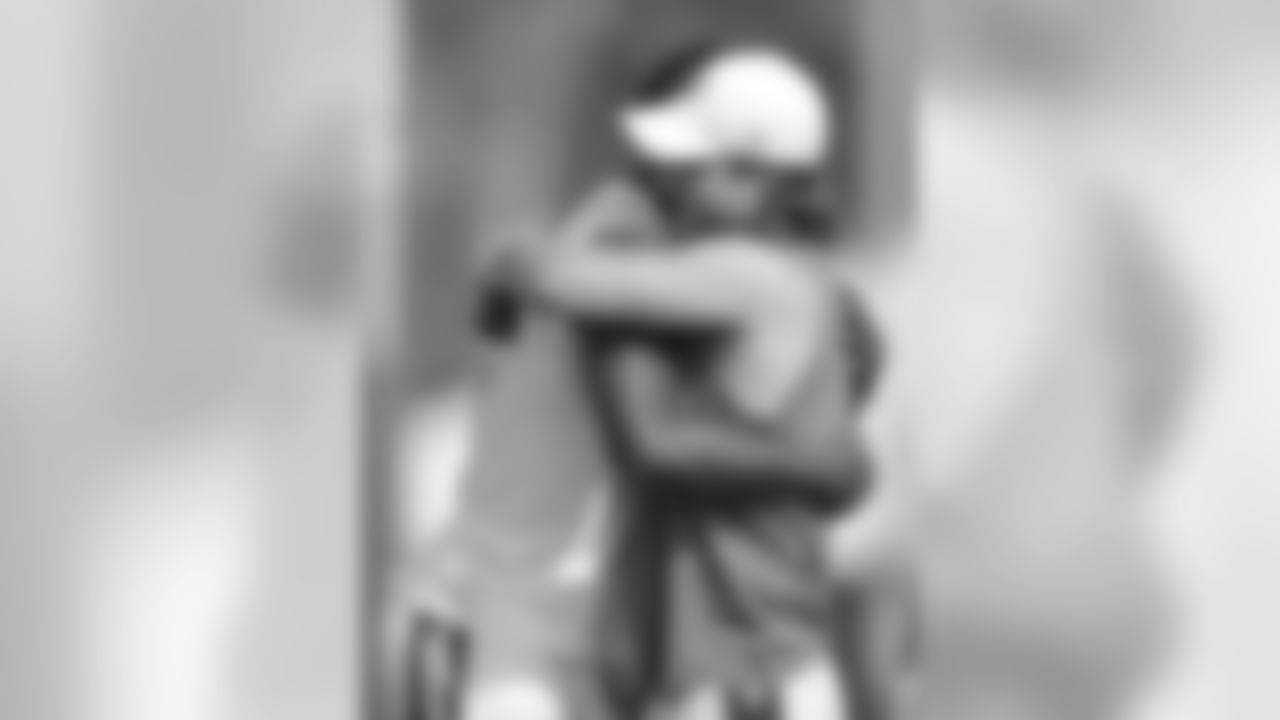
Action photos of New Orleans Saints Training Camp presented by Verizon as they hold joint practice with the Los Angeles Chargers at Jack R. Hammett Sports Complex in Costa Mesa, CA. on August 15, 2019.
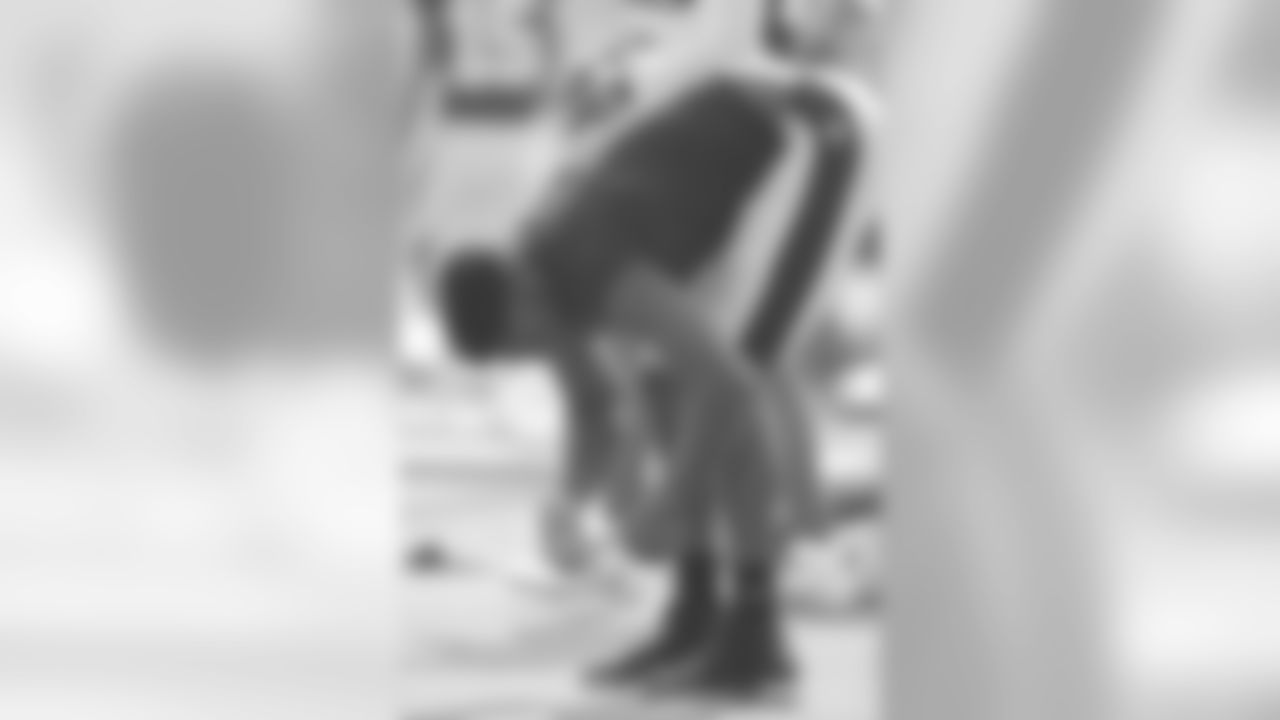
Action photos of New Orleans Saints Training Camp presented by Verizon as they hold joint practice with the Los Angeles Chargers at Jack R. Hammett Sports Complex in Costa Mesa, CA. on August 15, 2019.
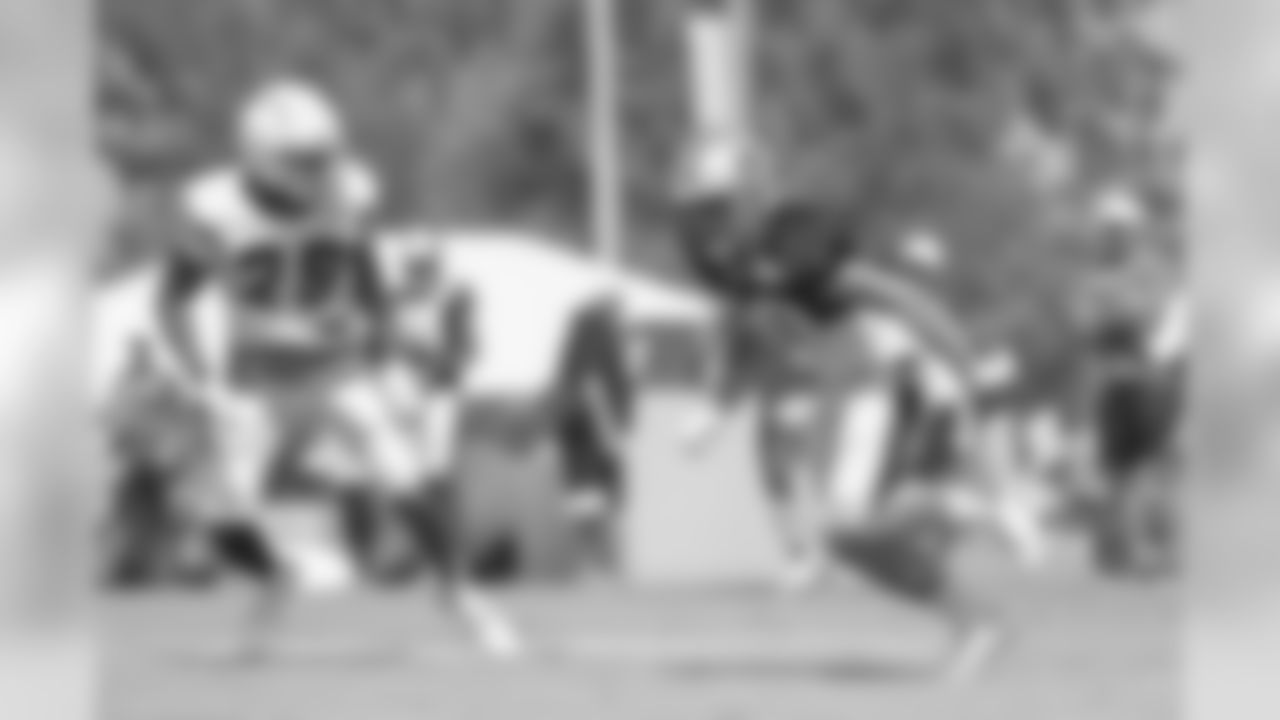
Action photos of New Orleans Saints Training Camp presented by Verizon as they hold joint practice with the Los Angeles Chargers at Jack R. Hammett Sports Complex in Costa Mesa, CA. on August 15, 2019.
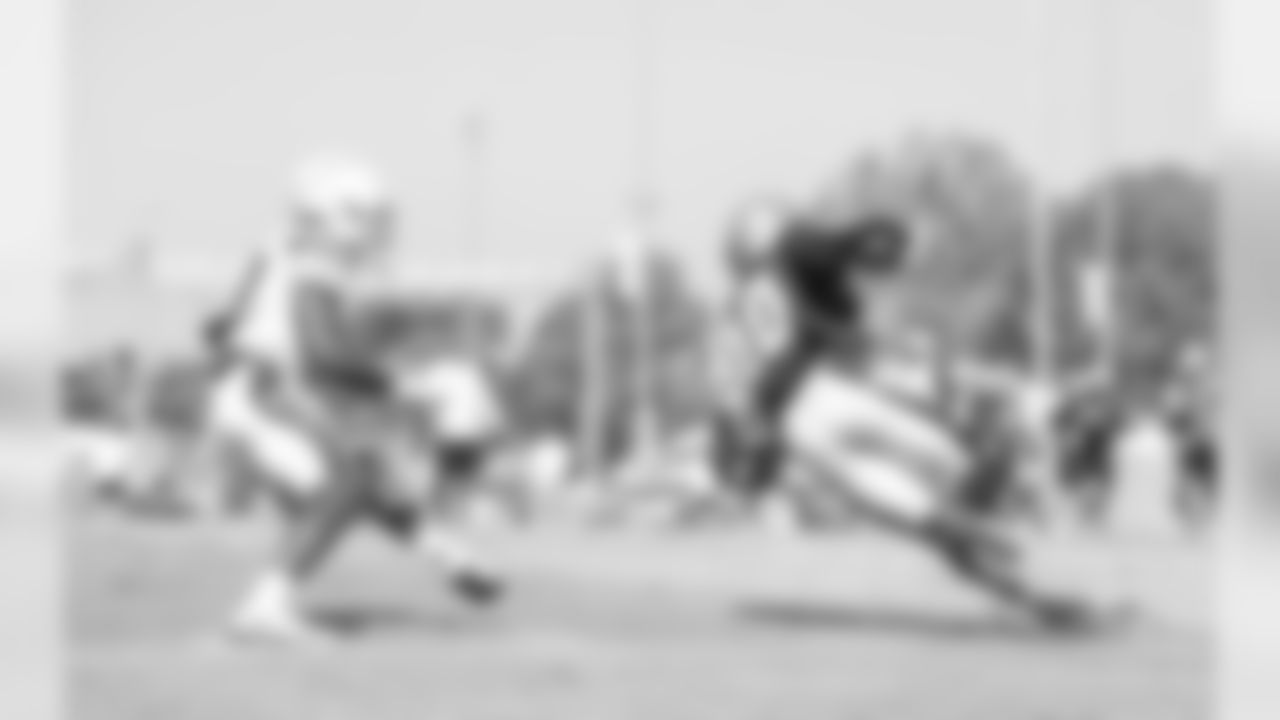
Action photos of New Orleans Saints Training Camp presented by Verizon as they hold joint practice with the Los Angeles Chargers at Jack R. Hammett Sports Complex in Costa Mesa, CA. on August 15, 2019.
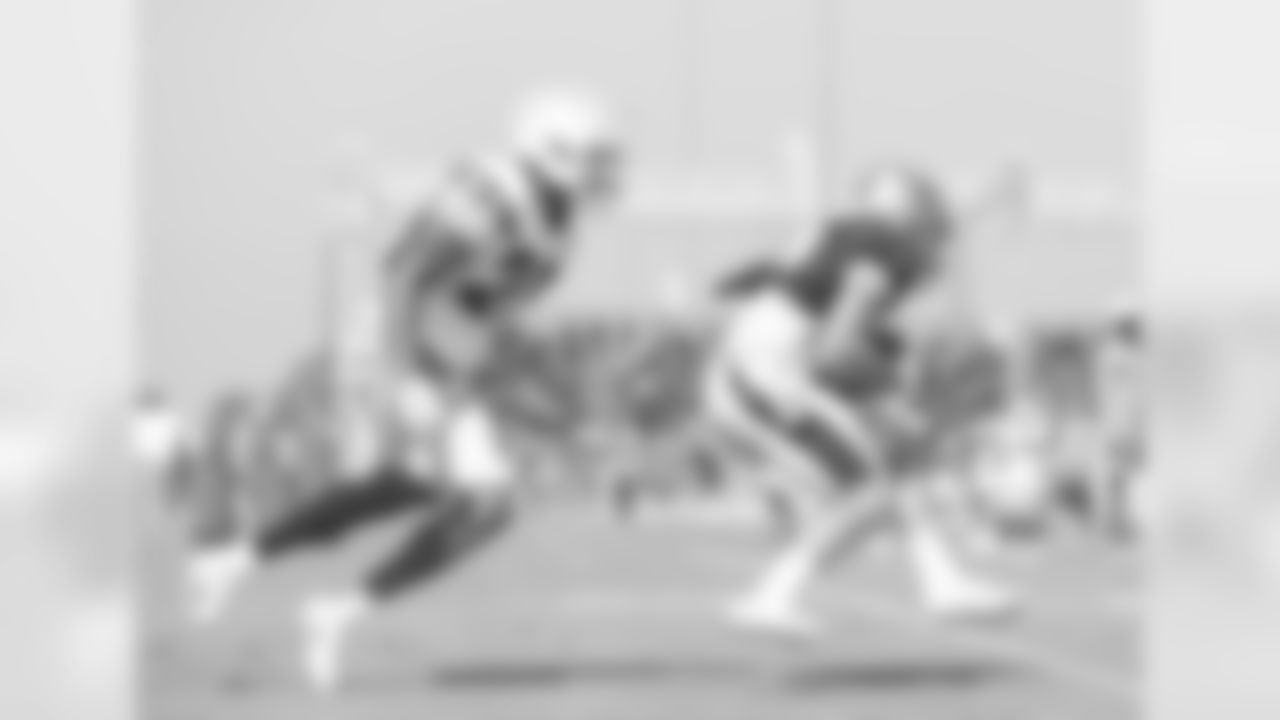
Action photos of New Orleans Saints Training Camp presented by Verizon as they hold joint practice with the Los Angeles Chargers at Jack R. Hammett Sports Complex in Costa Mesa, CA. on August 15, 2019.
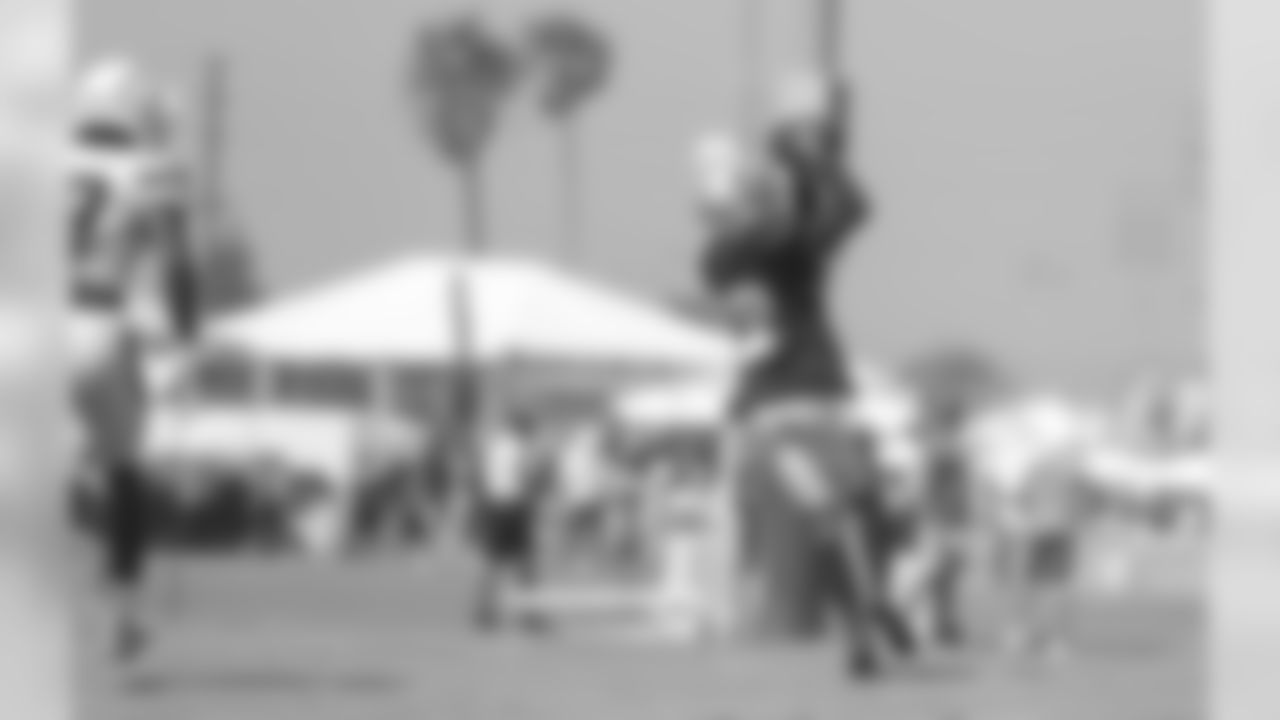
Action photos of New Orleans Saints Training Camp presented by Verizon as they hold joint practice with the Los Angeles Chargers at Jack R. Hammett Sports Complex in Costa Mesa, CA. on August 15, 2019.
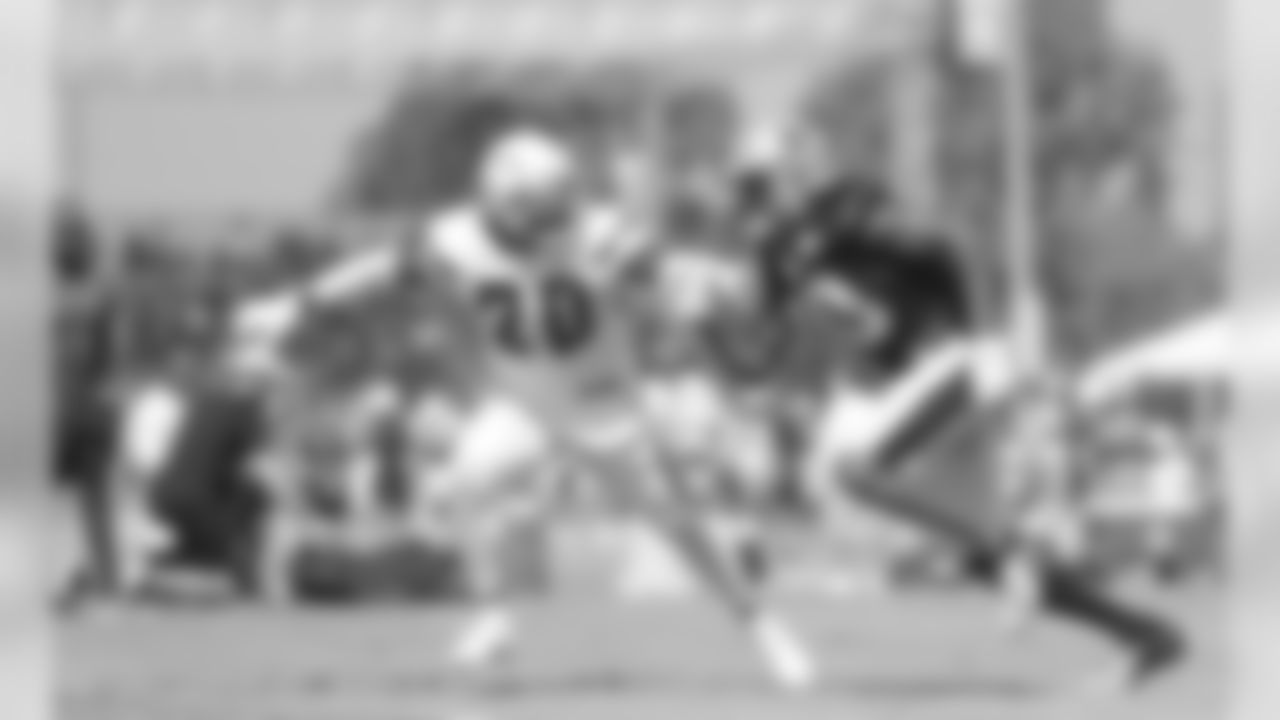
Action photos of New Orleans Saints Training Camp presented by Verizon as they hold joint practice with the Los Angeles Chargers at Jack R. Hammett Sports Complex in Costa Mesa, CA. on August 15, 2019.
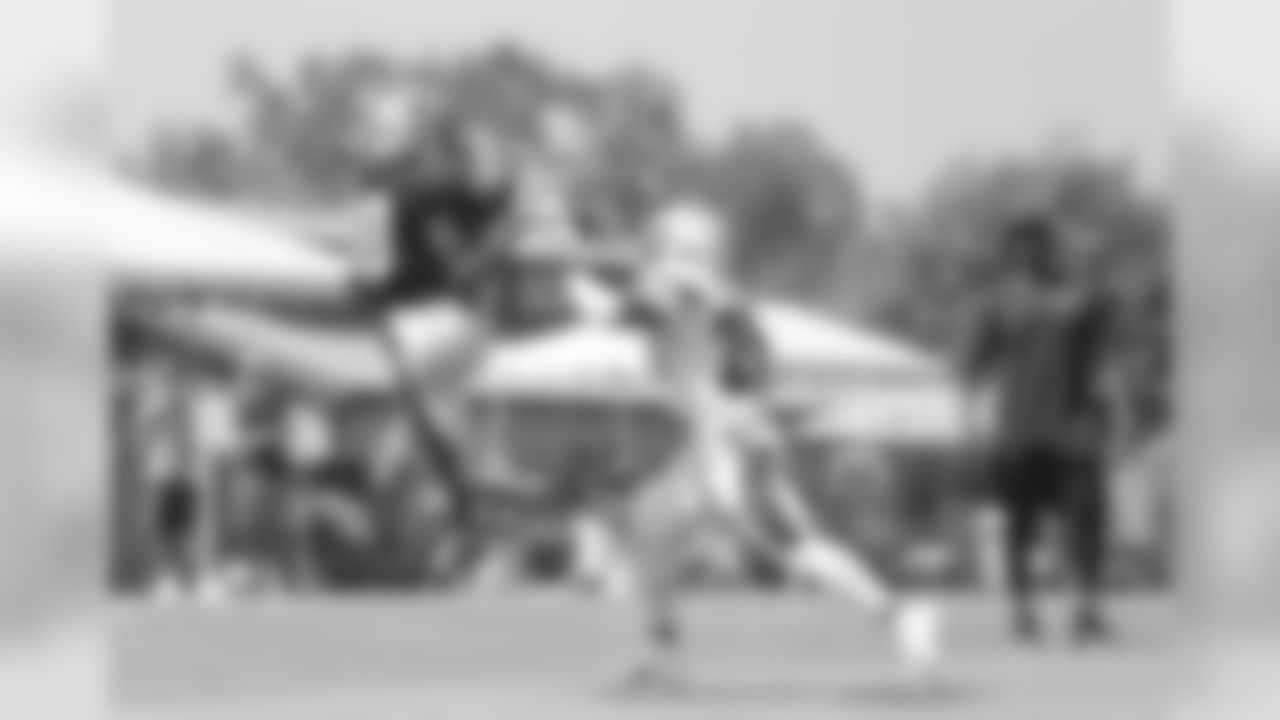
Action photos of New Orleans Saints Training Camp presented by Verizon as they hold joint practice with the Los Angeles Chargers at Jack R. Hammett Sports Complex in Costa Mesa, CA. on August 15, 2019.
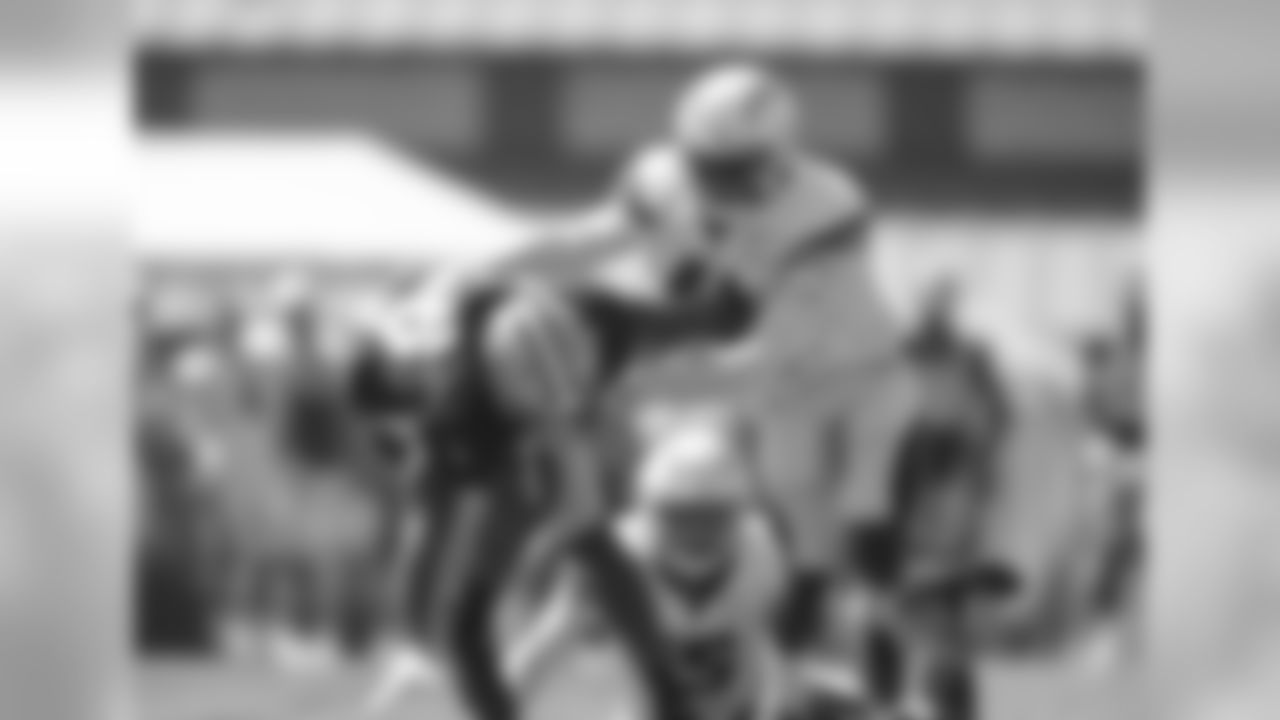
Action photos of New Orleans Saints Training Camp presented by Verizon as they hold joint practice with the Los Angeles Chargers at Jack R. Hammett Sports Complex in Costa Mesa, CA. on August 15, 2019.
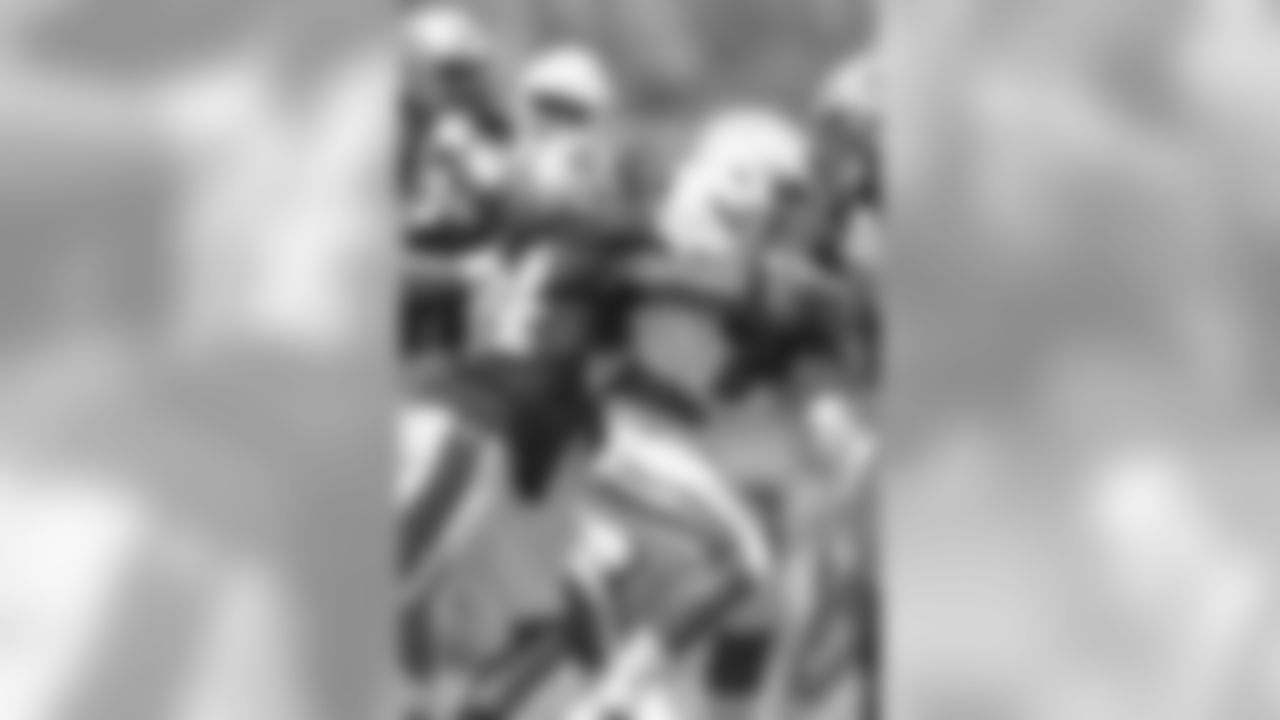
Action photos of New Orleans Saints Training Camp presented by Verizon as they hold joint practice with the Los Angeles Chargers at Jack R. Hammett Sports Complex in Costa Mesa, CA. on August 15, 2019.
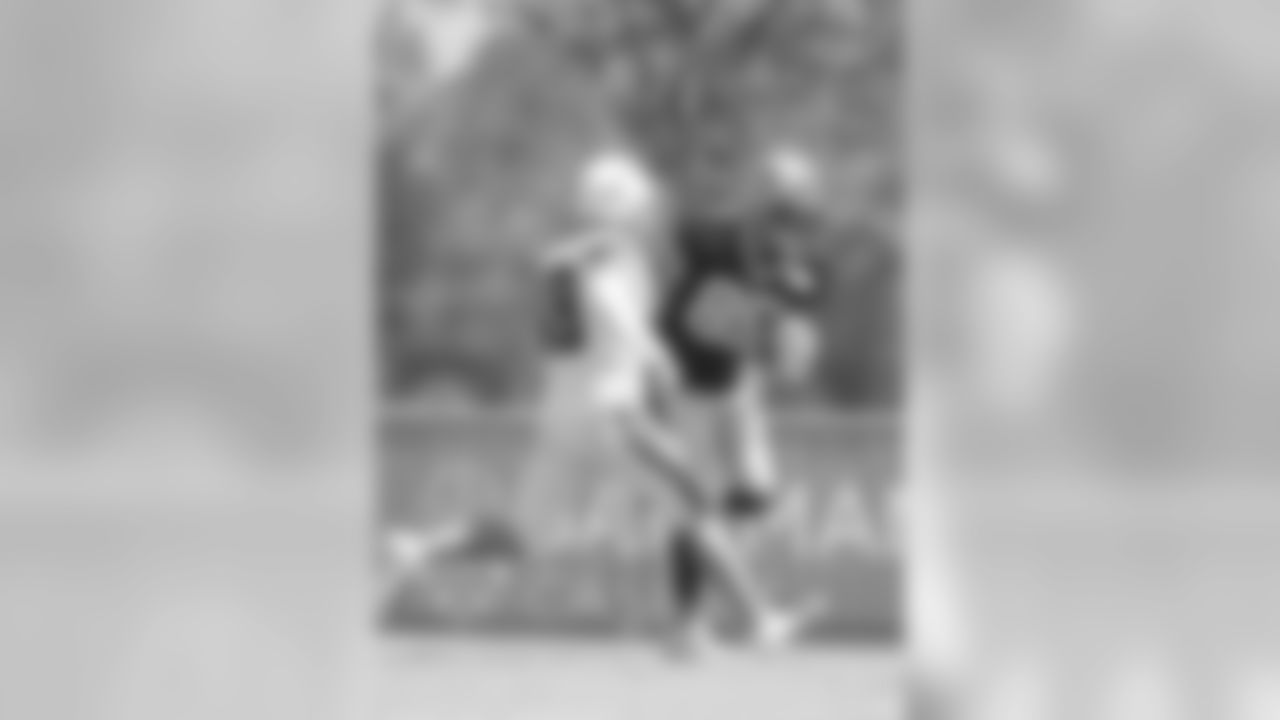
Action photos of New Orleans Saints Training Camp presented by Verizon as they hold joint practice with the Los Angeles Chargers at Jack R. Hammett Sports Complex in Costa Mesa, CA. on August 15, 2019.
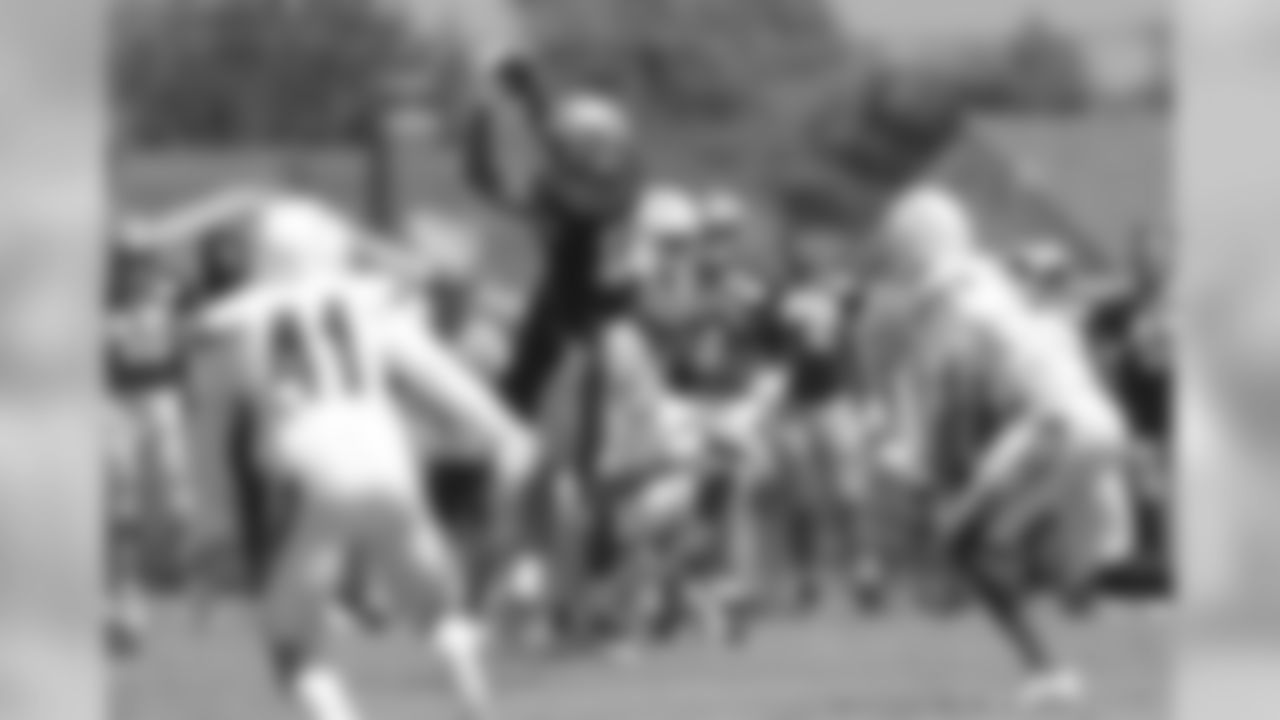
Action photos of New Orleans Saints Training Camp presented by Verizon as they hold joint practice with the Los Angeles Chargers at Jack R. Hammett Sports Complex in Costa Mesa, CA. on August 15, 2019.
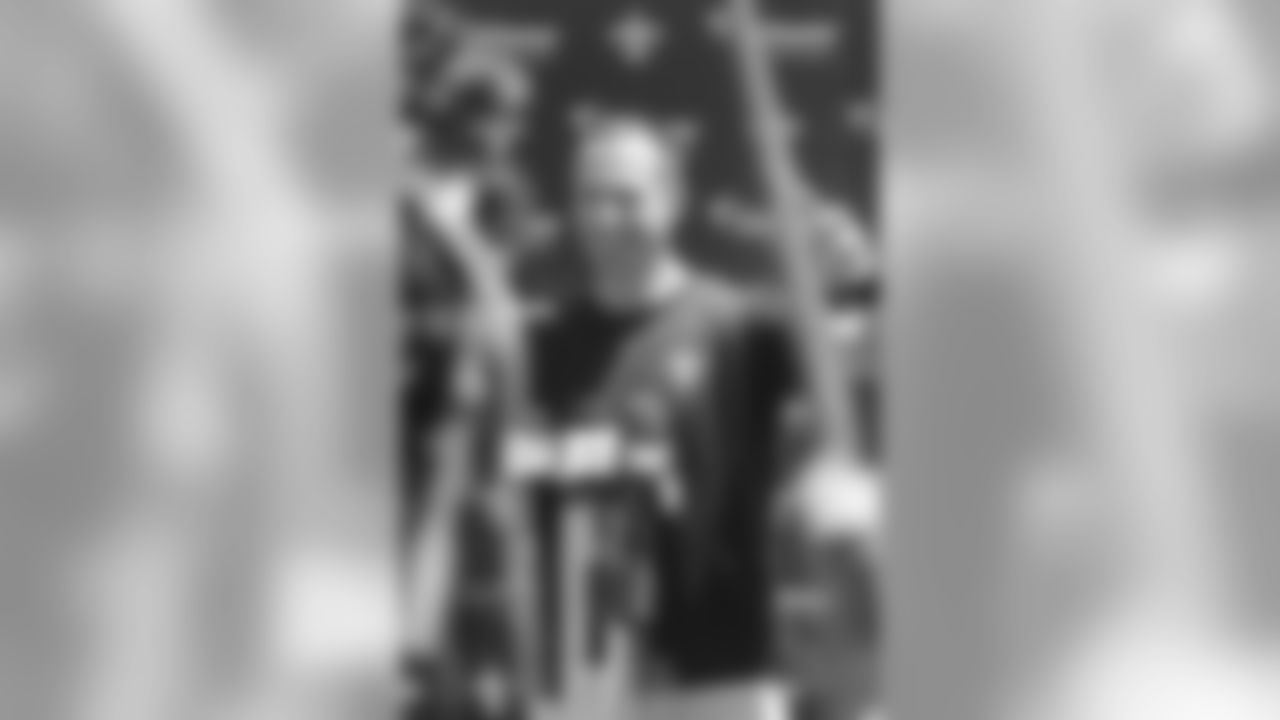
Action photos of New Orleans Saints Training Camp presented by Verizon as they hold joint practice with the Los Angeles Chargers at Jack R. Hammett Sports Complex in Costa Mesa, CA. on August 15, 2019.
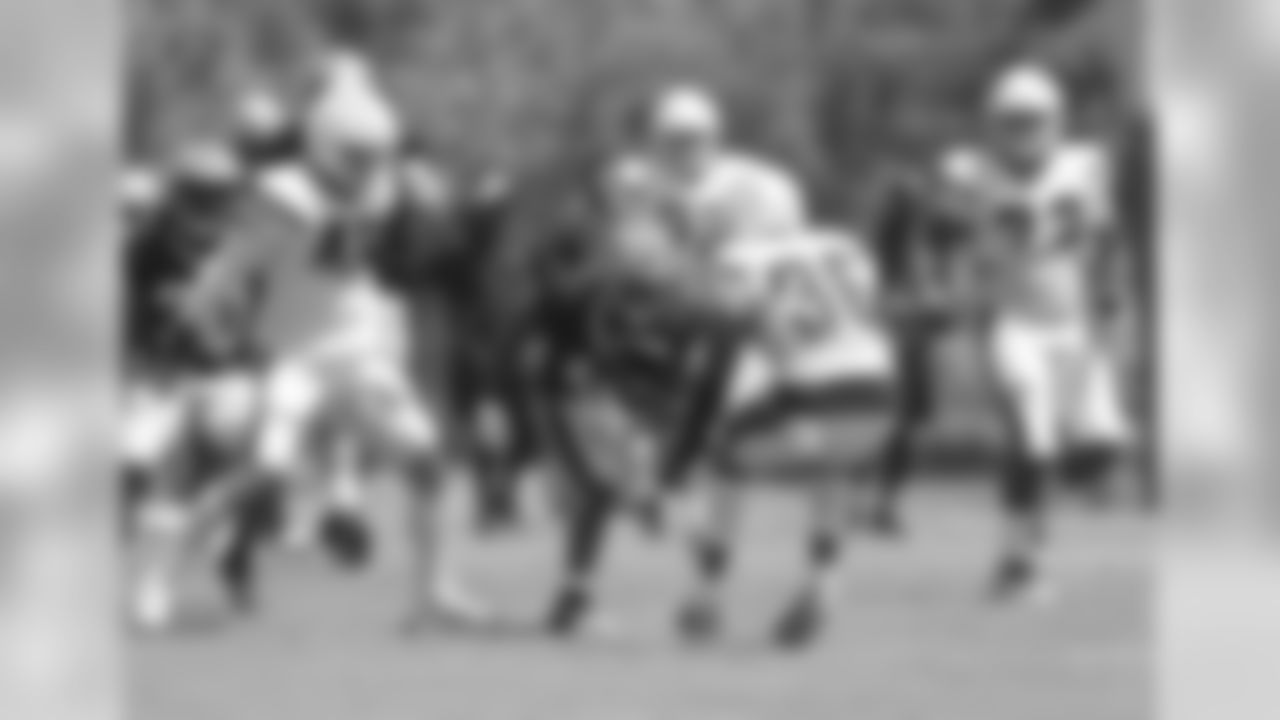
Action photos of New Orleans Saints Training Camp presented by Verizon as they hold joint practice with the Los Angeles Chargers at Jack R. Hammett Sports Complex in Costa Mesa, CA. on August 15, 2019.
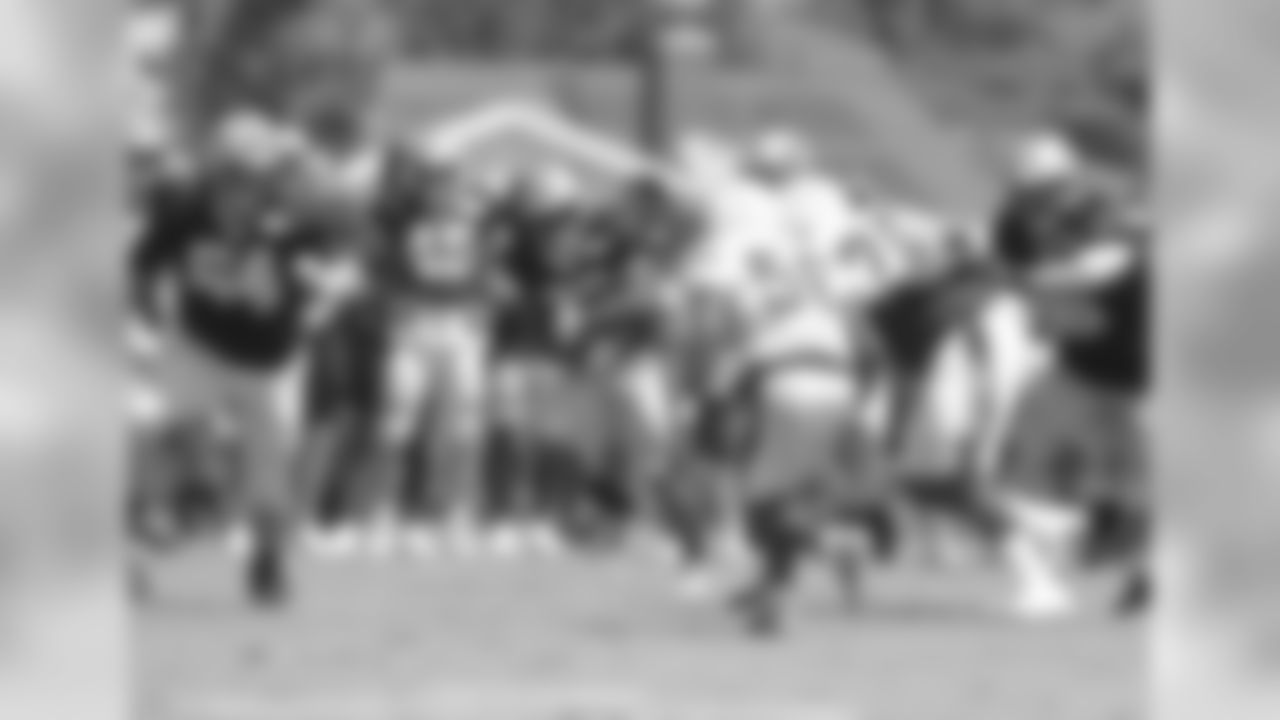
Action photos of New Orleans Saints Training Camp presented by Verizon as they hold joint practice with the Los Angeles Chargers at Jack R. Hammett Sports Complex in Costa Mesa, CA. on August 15, 2019.
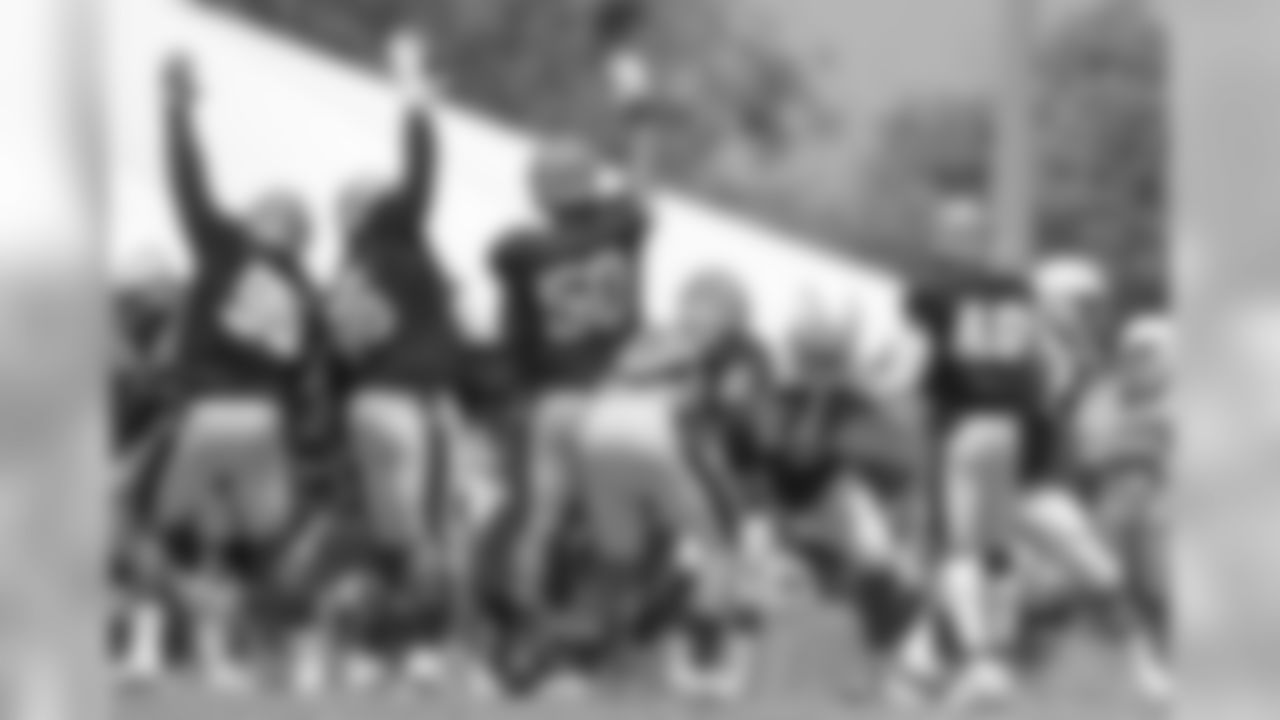
Action photos of New Orleans Saints Training Camp presented by Verizon as they hold joint practice with the Los Angeles Chargers at Jack R. Hammett Sports Complex in Costa Mesa, CA. on August 15, 2019.

Action photos of New Orleans Saints Training Camp presented by Verizon as they hold joint practice with the Los Angeles Chargers at Jack R. Hammett Sports Complex in Costa Mesa, CA. on August 15, 2019.

Action photos of New Orleans Saints Training Camp presented by Verizon as they hold joint practice with the Los Angeles Chargers at Jack R. Hammett Sports Complex in Costa Mesa, CA. on August 15, 2019.
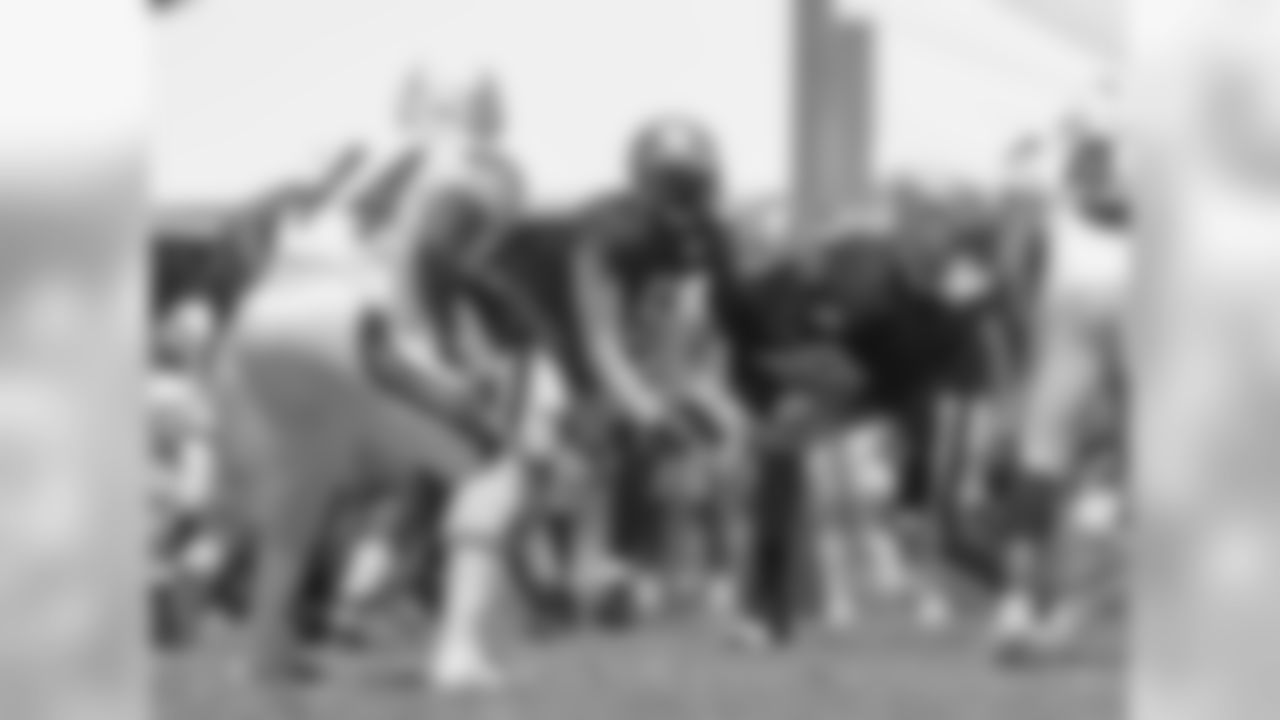
Action photos of New Orleans Saints Training Camp presented by Verizon as they hold joint practice with the Los Angeles Chargers at Jack R. Hammett Sports Complex in Costa Mesa, CA. on August 15, 2019.
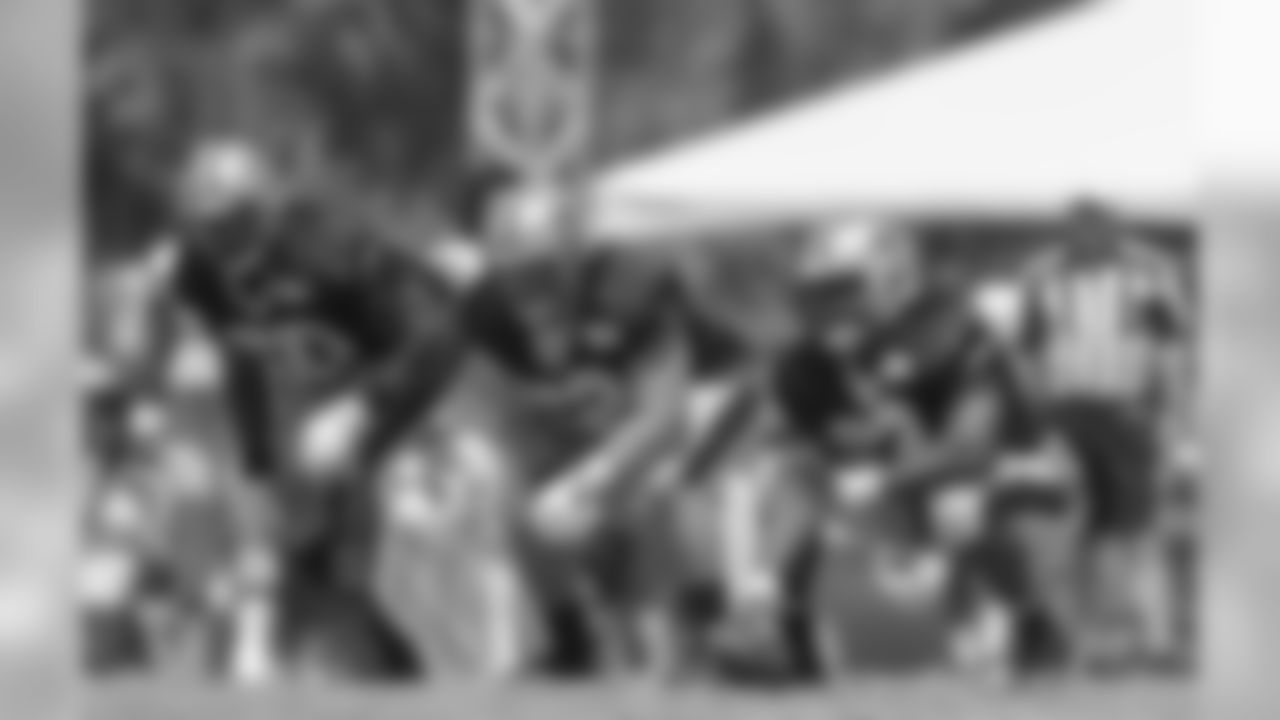
Action photos of New Orleans Saints Training Camp presented by Verizon as they hold joint practice with the Los Angeles Chargers at Jack R. Hammett Sports Complex in Costa Mesa, CA. on August 15, 2019.
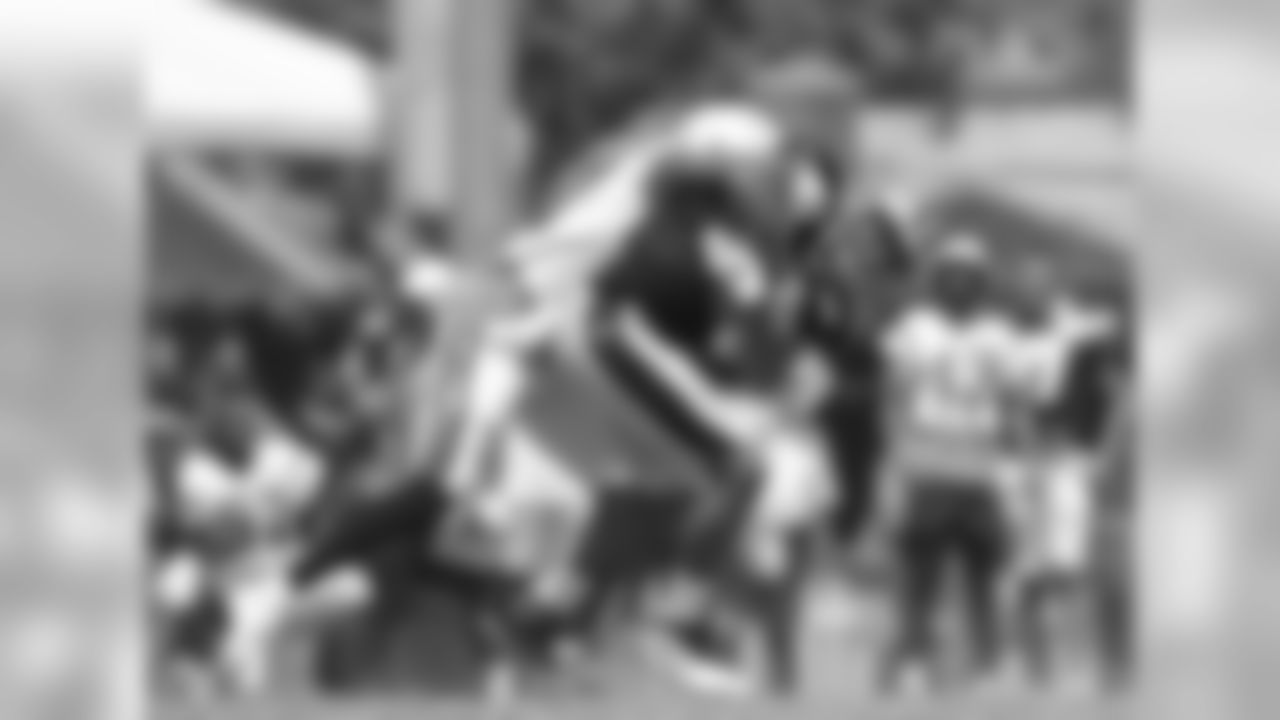
Action photos of New Orleans Saints Training Camp presented by Verizon as they hold joint practice with the Los Angeles Chargers at Jack R. Hammett Sports Complex in Costa Mesa, CA. on August 15, 2019.

Action photos of New Orleans Saints Training Camp presented by Verizon as they hold joint practice with the Los Angeles Chargers at Jack R. Hammett Sports Complex in Costa Mesa, CA. on August 15, 2019.
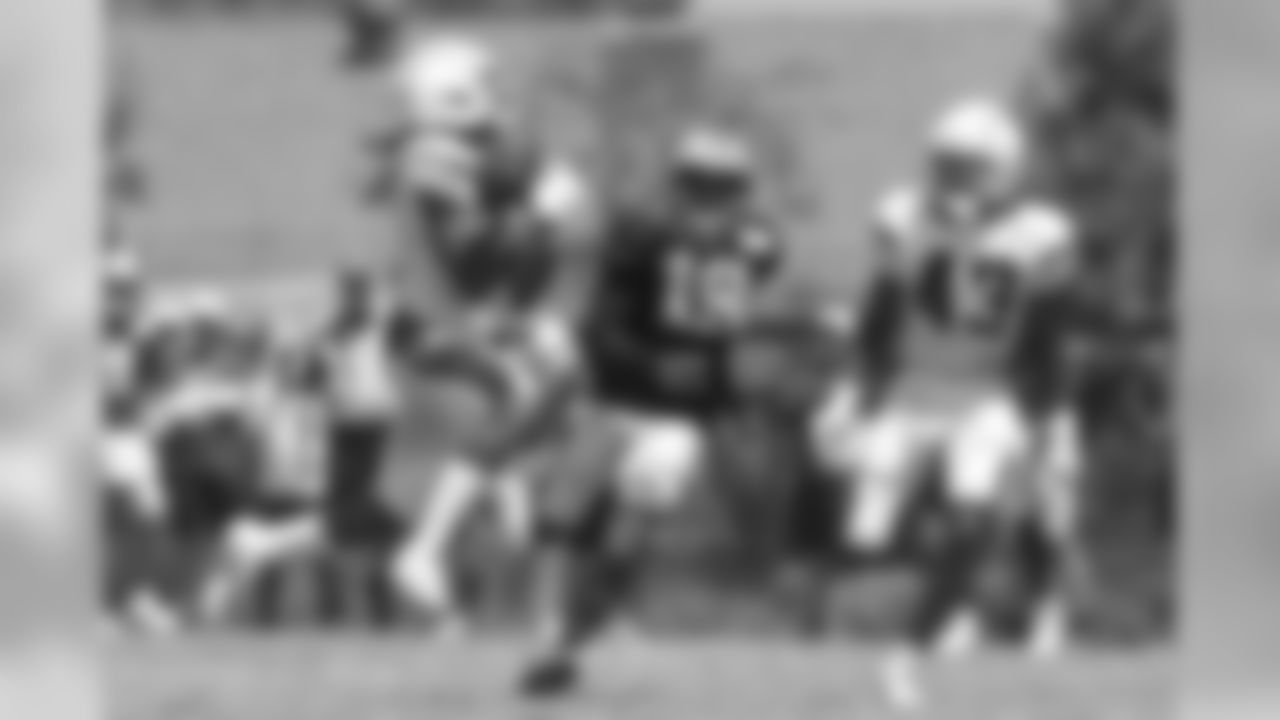
Action photos of New Orleans Saints Training Camp presented by Verizon as they hold joint practice with the Los Angeles Chargers at Jack R. Hammett Sports Complex in Costa Mesa, CA. on August 15, 2019.
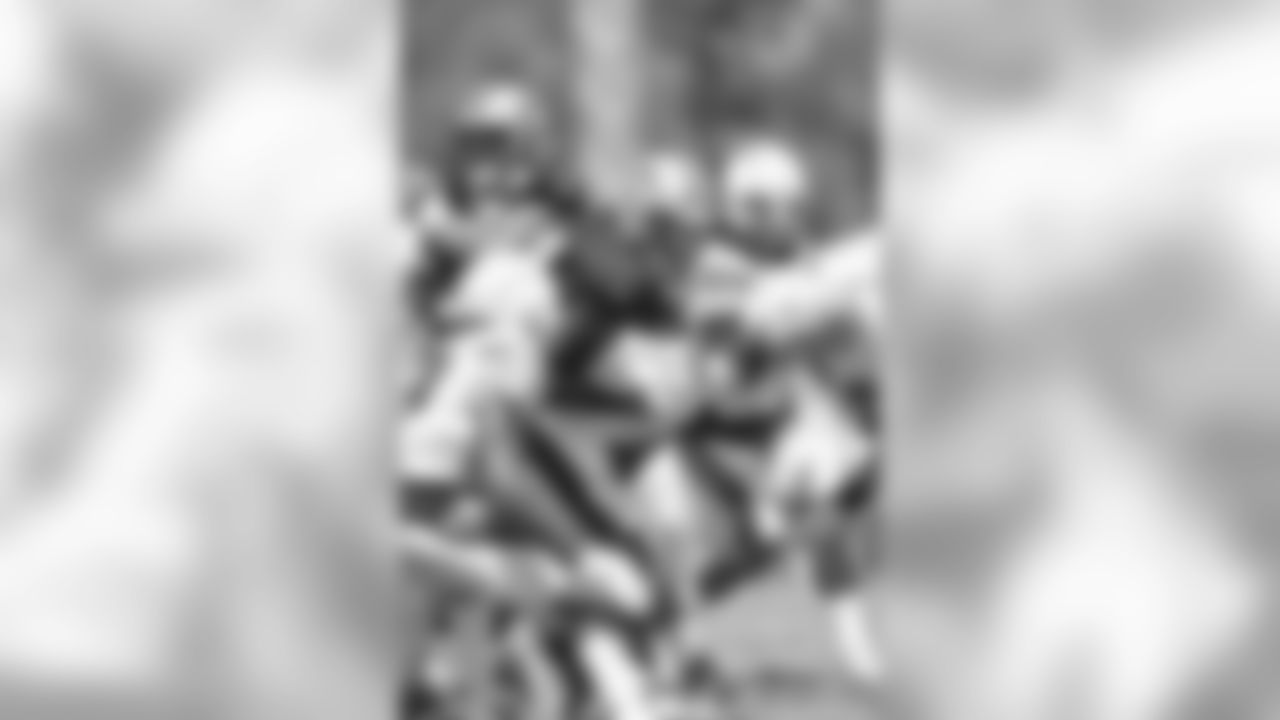
Action photos of New Orleans Saints Training Camp presented by Verizon as they hold joint practice with the Los Angeles Chargers at Jack R. Hammett Sports Complex in Costa Mesa, CA. on August 15, 2019.
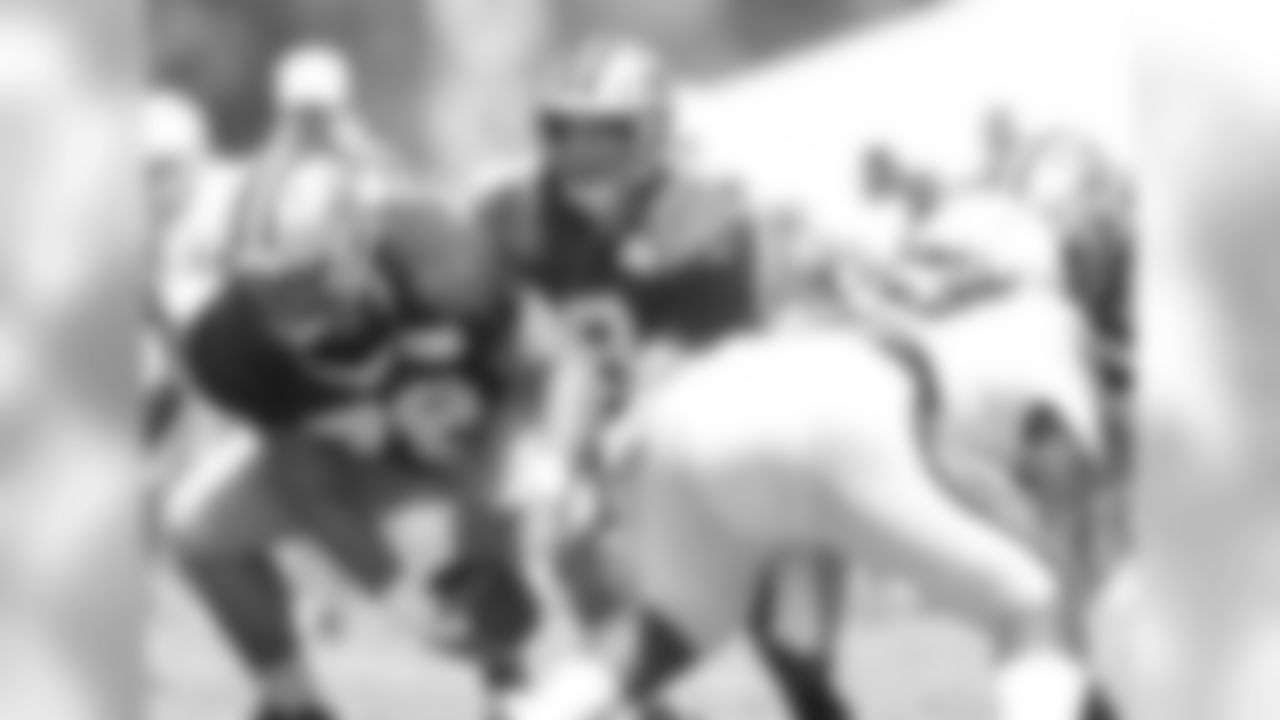
Action photos of New Orleans Saints Training Camp presented by Verizon as they hold joint practice with the Los Angeles Chargers at Jack R. Hammett Sports Complex in Costa Mesa, CA. on August 15, 2019.
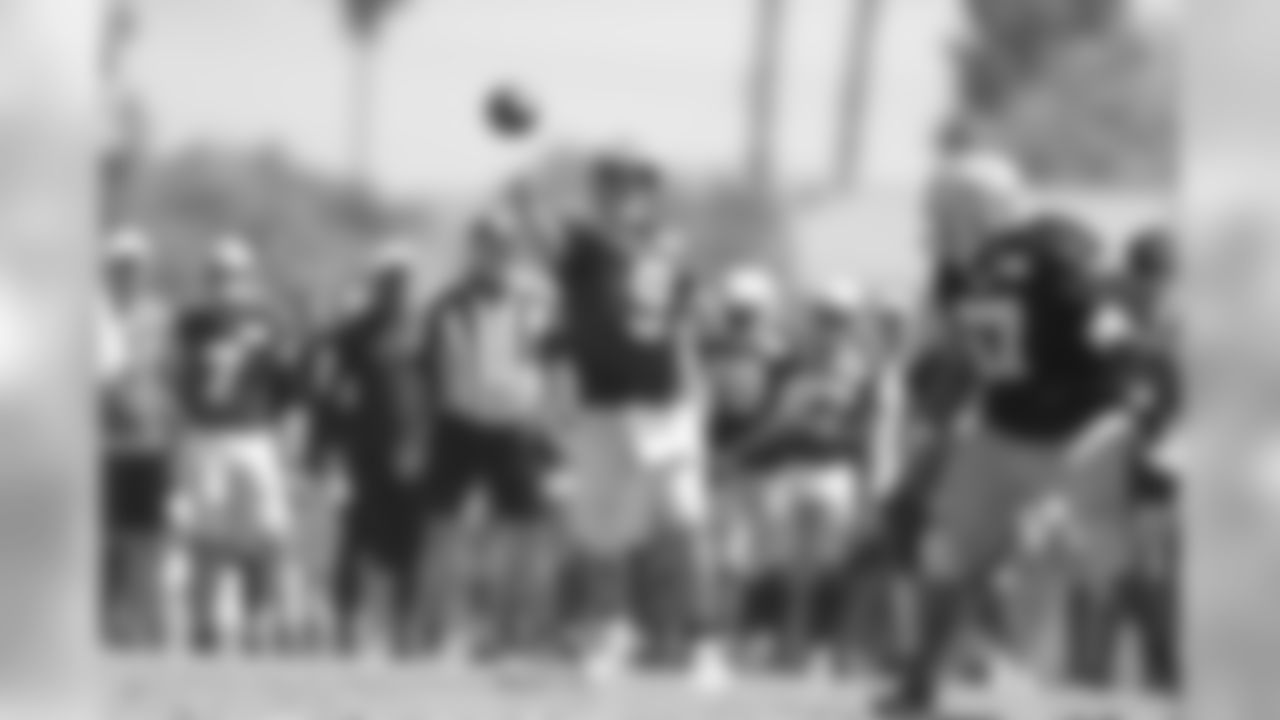
Action photos of New Orleans Saints Training Camp presented by Verizon as they hold joint practice with the Los Angeles Chargers at Jack R. Hammett Sports Complex in Costa Mesa, CA. on August 15, 2019.
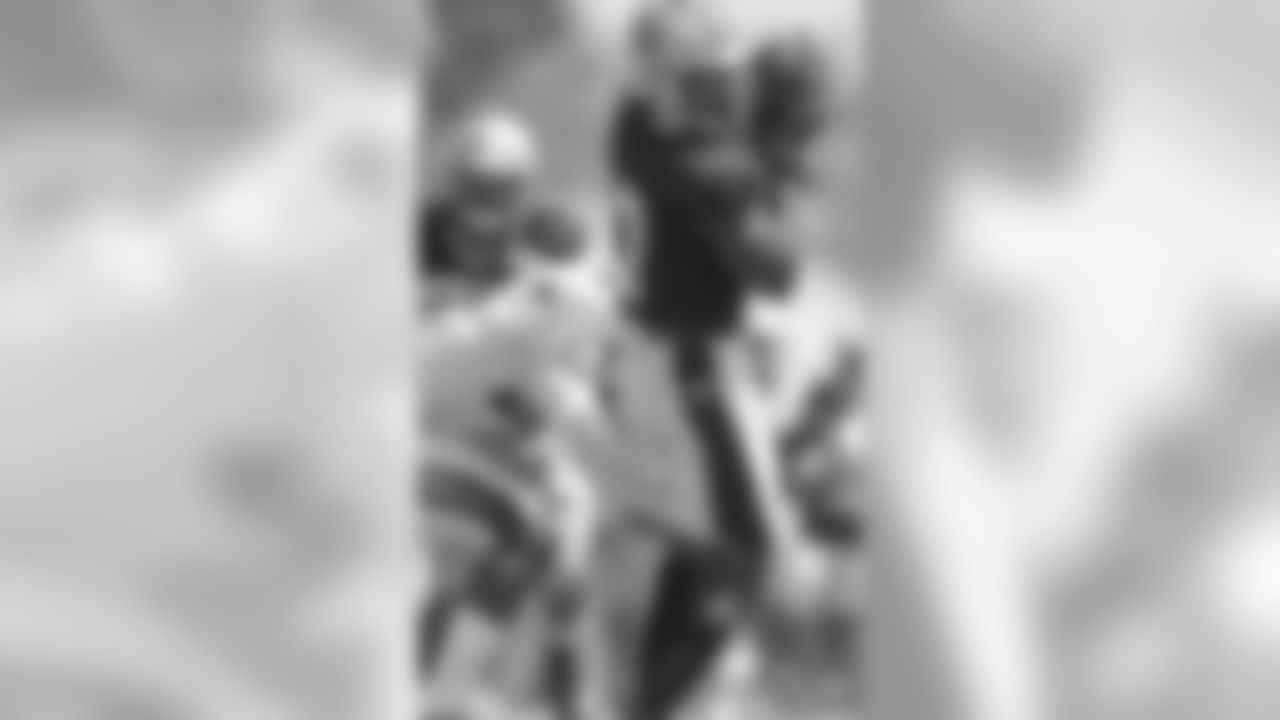
Action photos of New Orleans Saints Training Camp presented by Verizon as they hold joint practice with the Los Angeles Chargers at Jack R. Hammett Sports Complex in Costa Mesa, CA. on August 15, 2019.
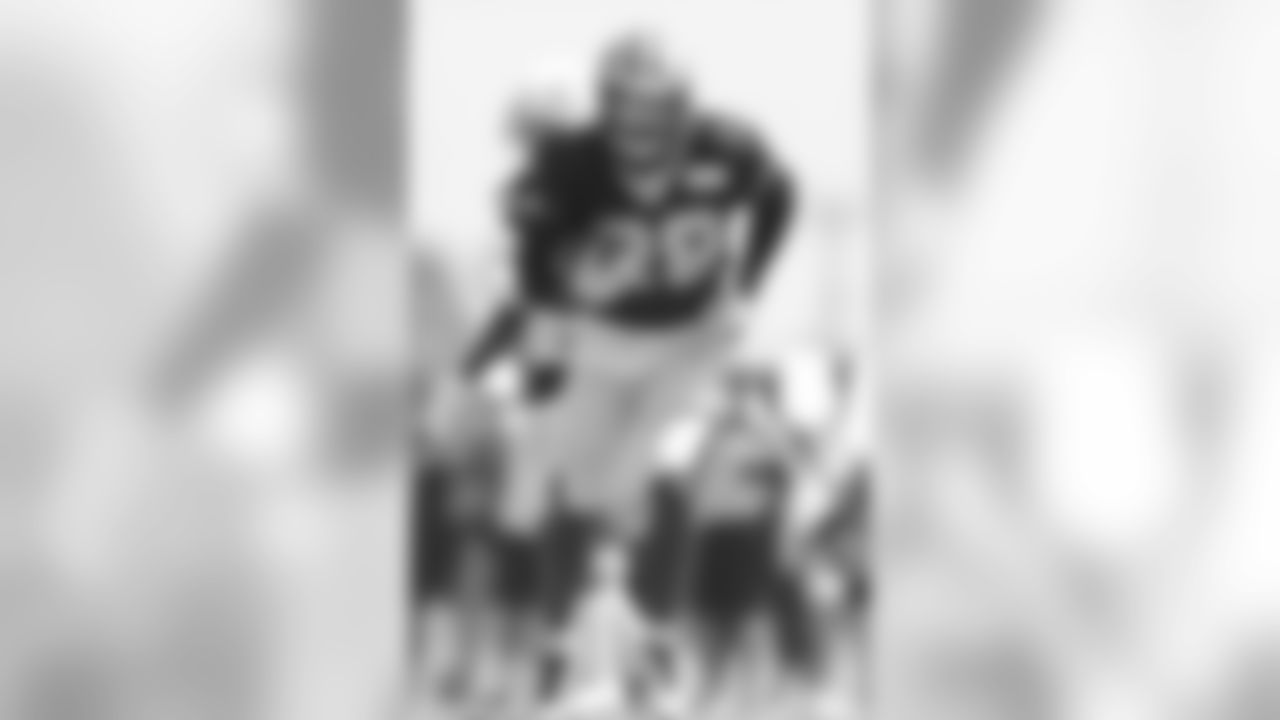
Action photos of New Orleans Saints Training Camp presented by Verizon as they hold joint practice with the Los Angeles Chargers at Jack R. Hammett Sports Complex in Costa Mesa, CA. on August 15, 2019.
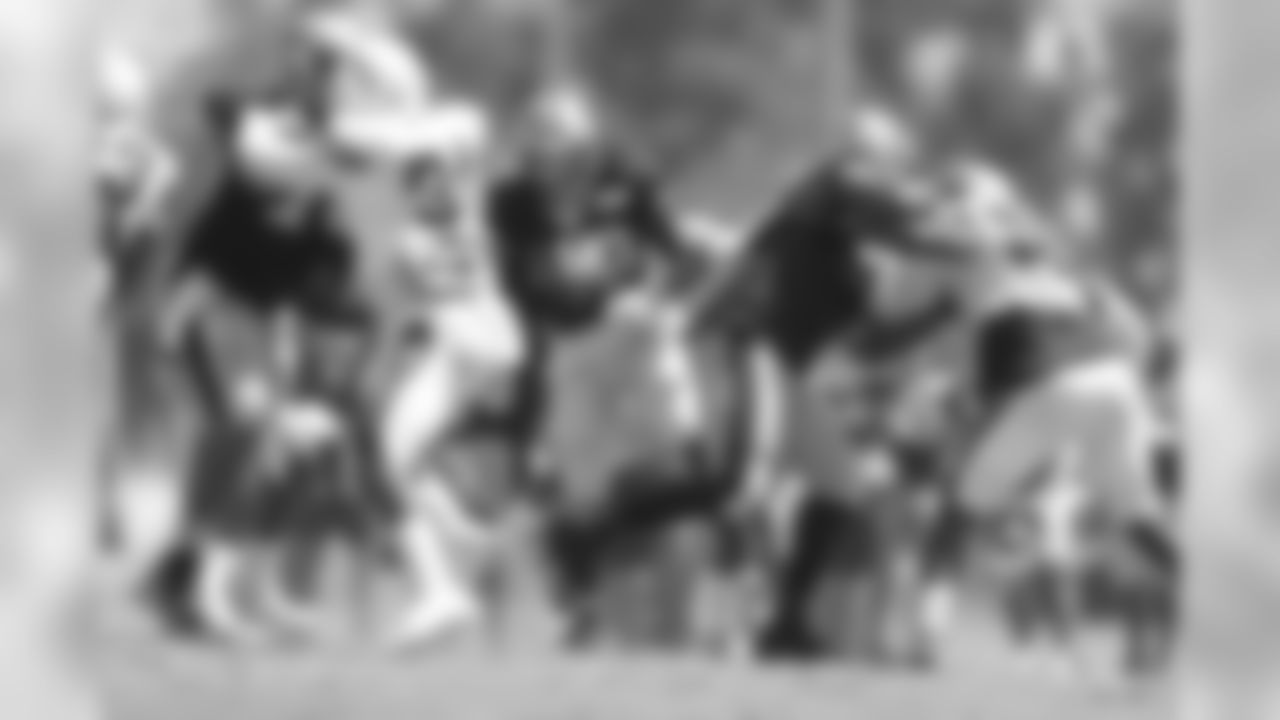
Action photos of New Orleans Saints Training Camp presented by Verizon as they hold joint practice with the Los Angeles Chargers at Jack R. Hammett Sports Complex in Costa Mesa, CA. on August 15, 2019.
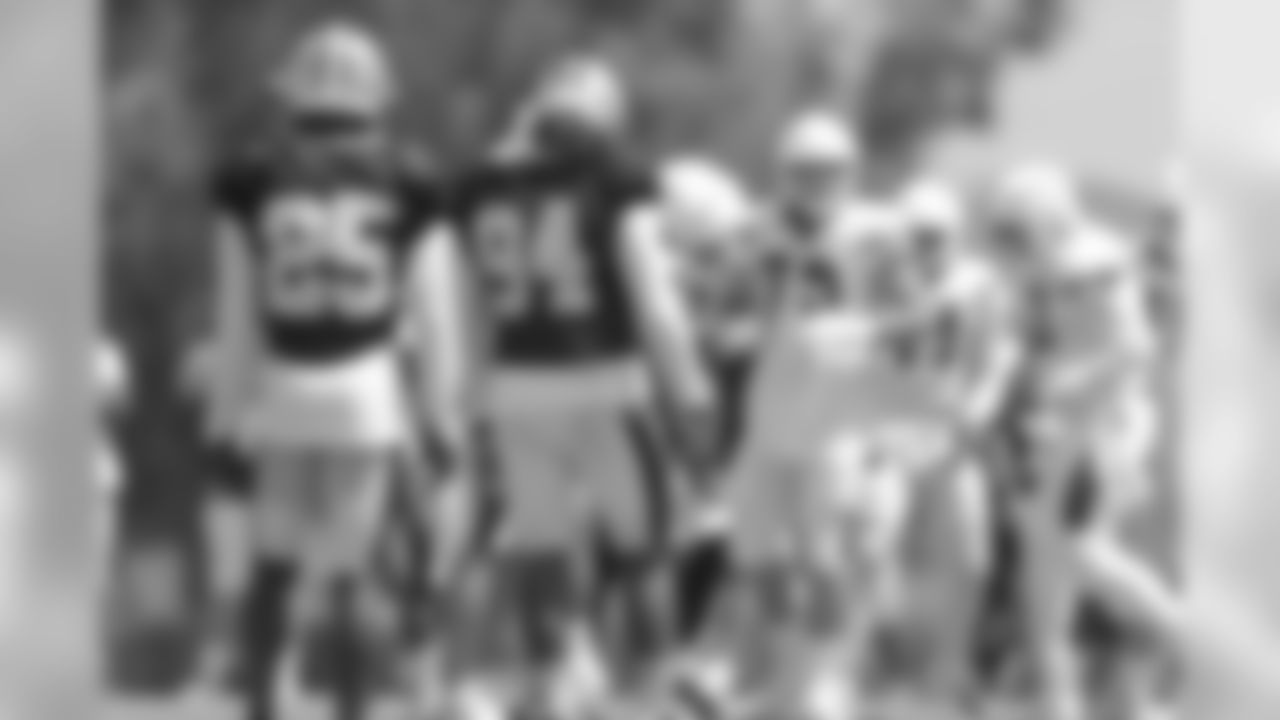
Action photos of New Orleans Saints Training Camp presented by Verizon as they hold joint practice with the Los Angeles Chargers at Jack R. Hammett Sports Complex in Costa Mesa, CA. on August 15, 2019.
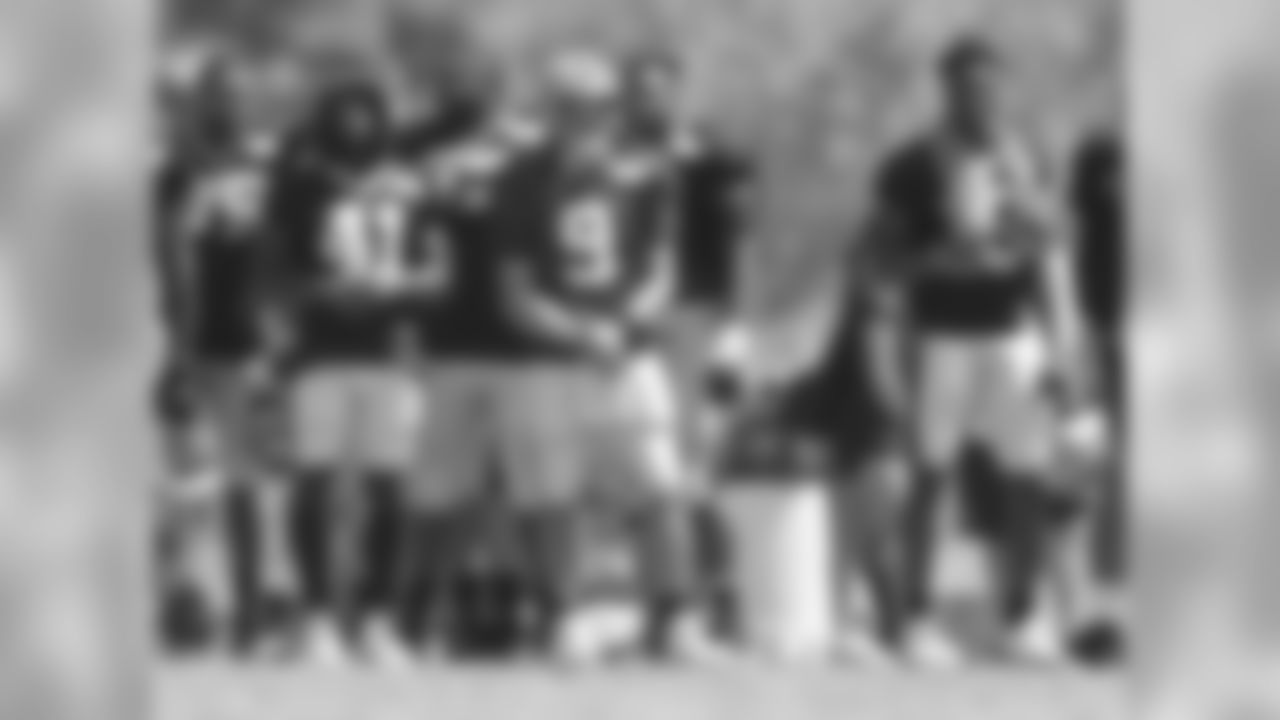
Action photos of New Orleans Saints Training Camp presented by Verizon as they hold joint practice with the Los Angeles Chargers at Jack R. Hammett Sports Complex in Costa Mesa, CA. on August 15, 2019.
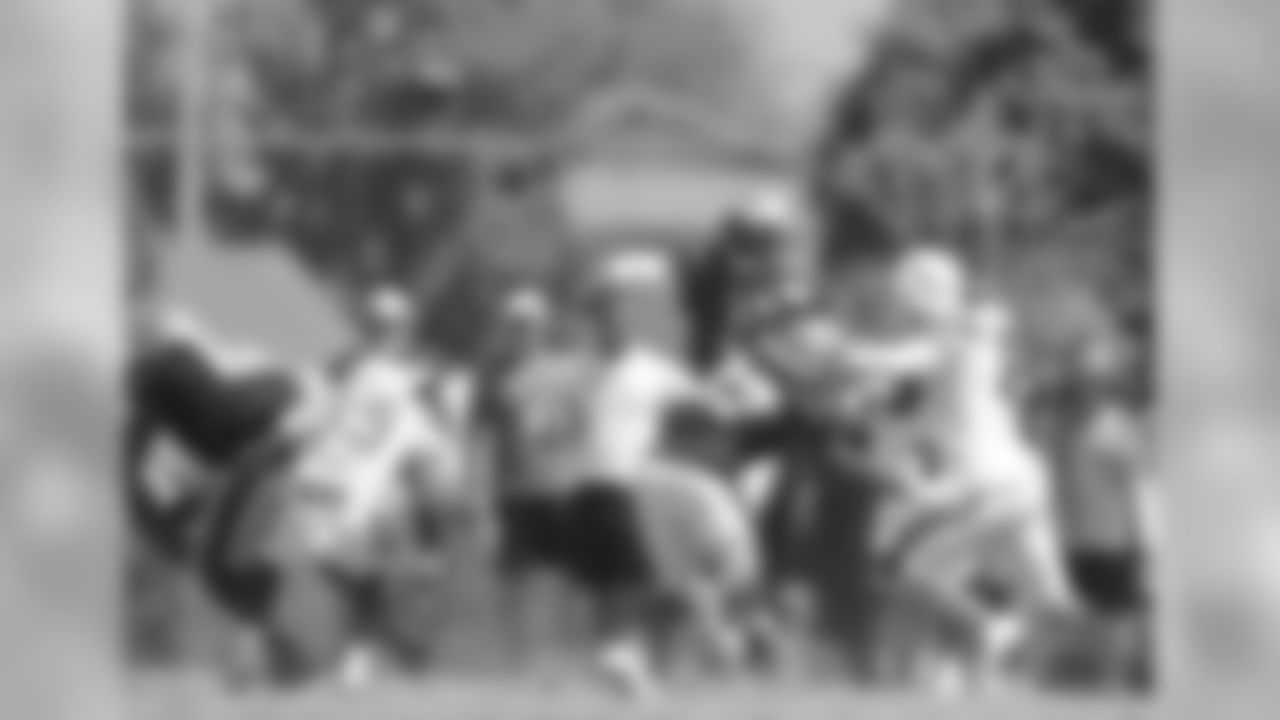
Action photos of New Orleans Saints Training Camp presented by Verizon as they hold joint practice with the Los Angeles Chargers at Jack R. Hammett Sports Complex in Costa Mesa, CA. on August 15, 2019.
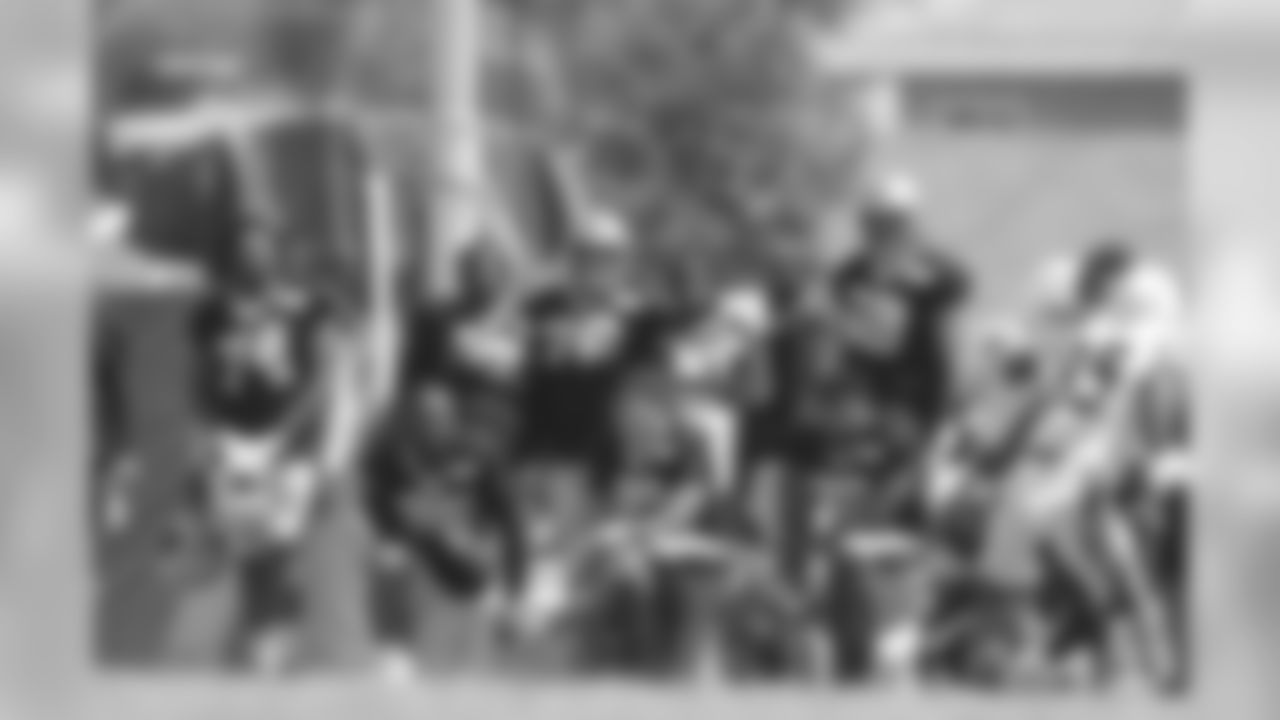
Action photos of New Orleans Saints Training Camp presented by Verizon as they hold joint practice with the Los Angeles Chargers at Jack R. Hammett Sports Complex in Costa Mesa, CA. on August 15, 2019.
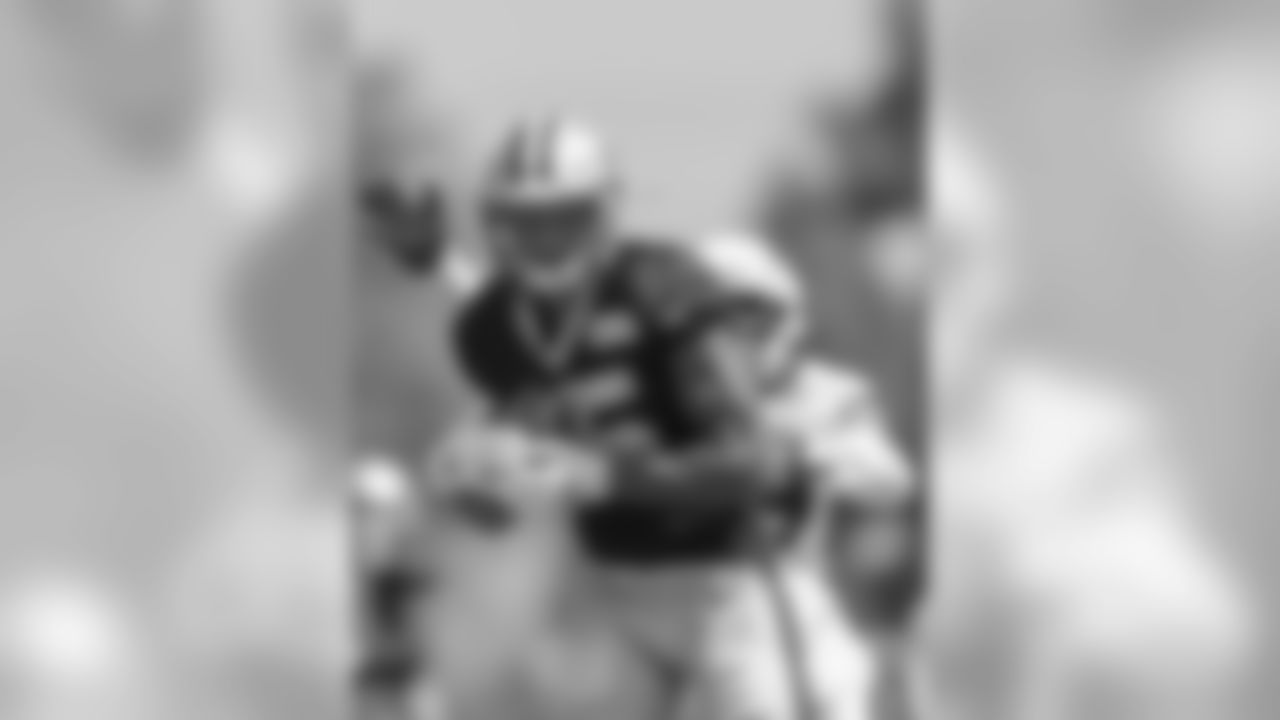
Action photos of New Orleans Saints Training Camp presented by Verizon as they hold joint practice with the Los Angeles Chargers at Jack R. Hammett Sports Complex in Costa Mesa, CA. on August 15, 2019.
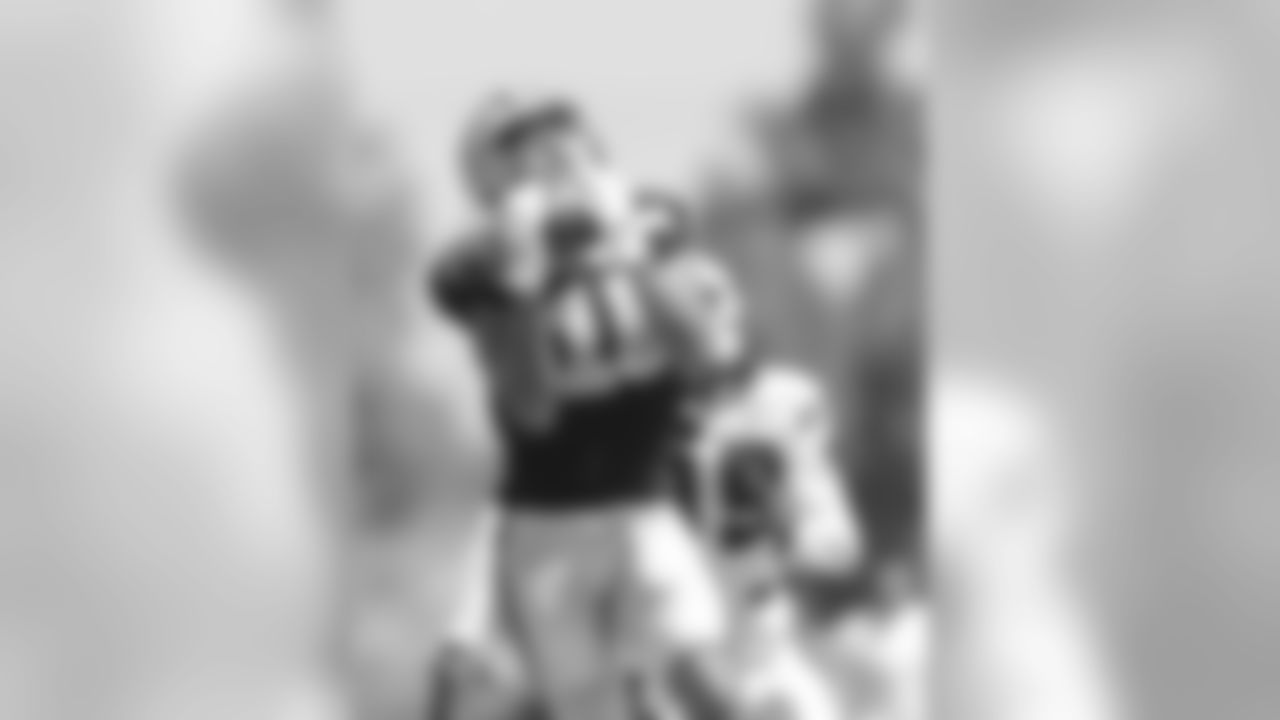
Action photos of New Orleans Saints Training Camp presented by Verizon as they hold joint practice with the Los Angeles Chargers at Jack R. Hammett Sports Complex in Costa Mesa, CA. on August 15, 2019.
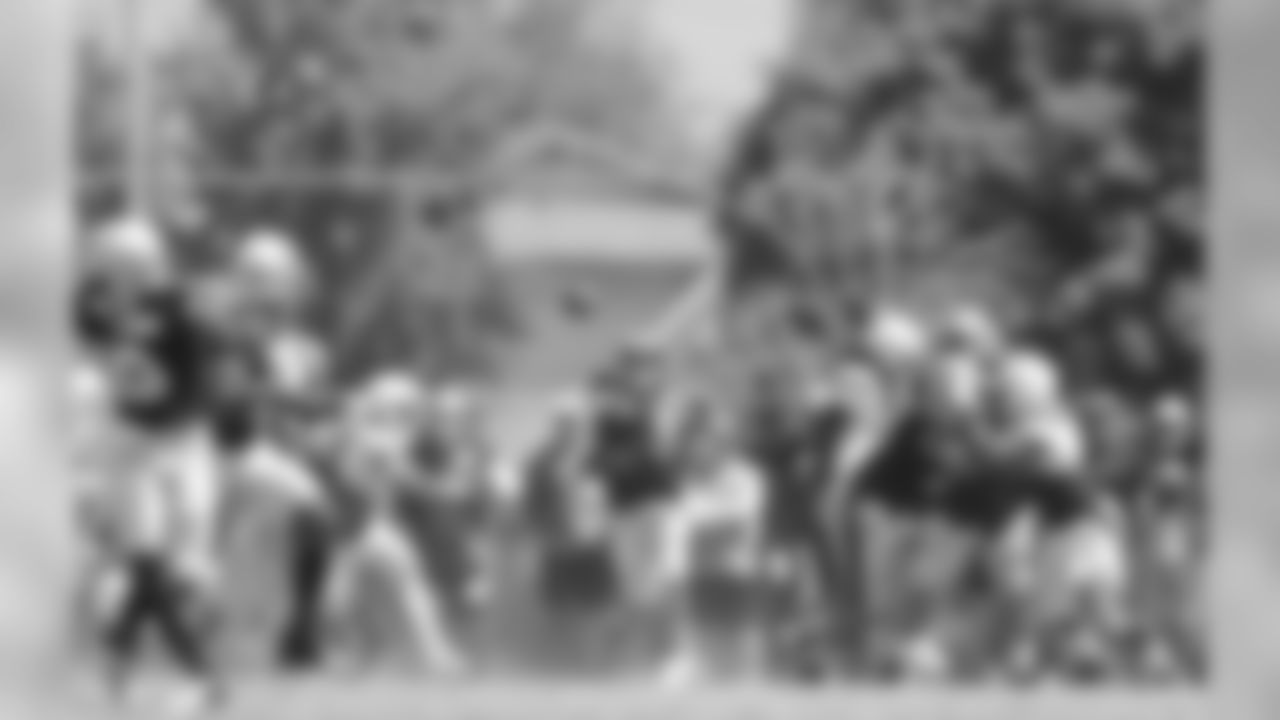
Action photos of New Orleans Saints Training Camp presented by Verizon as they hold joint practice with the Los Angeles Chargers at Jack R. Hammett Sports Complex in Costa Mesa, CA. on August 15, 2019.
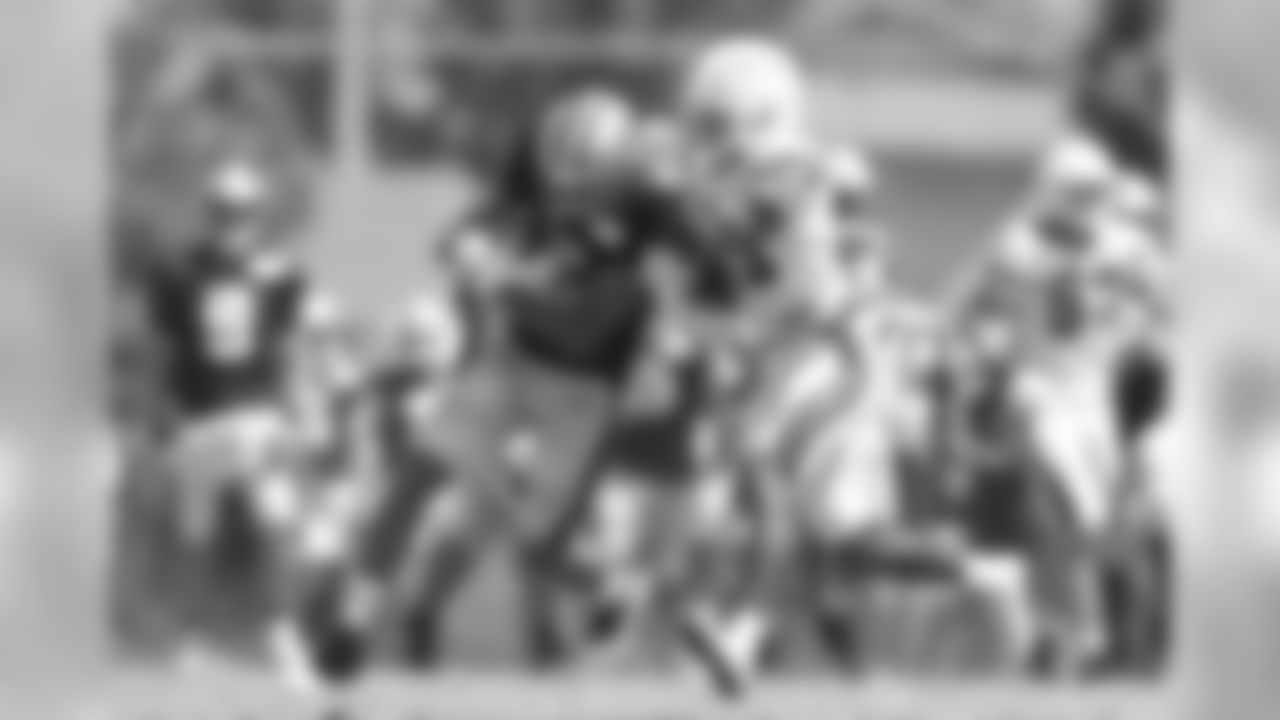
Action photos of New Orleans Saints Training Camp presented by Verizon as they hold joint practice with the Los Angeles Chargers at Jack R. Hammett Sports Complex in Costa Mesa, CA. on August 15, 2019.
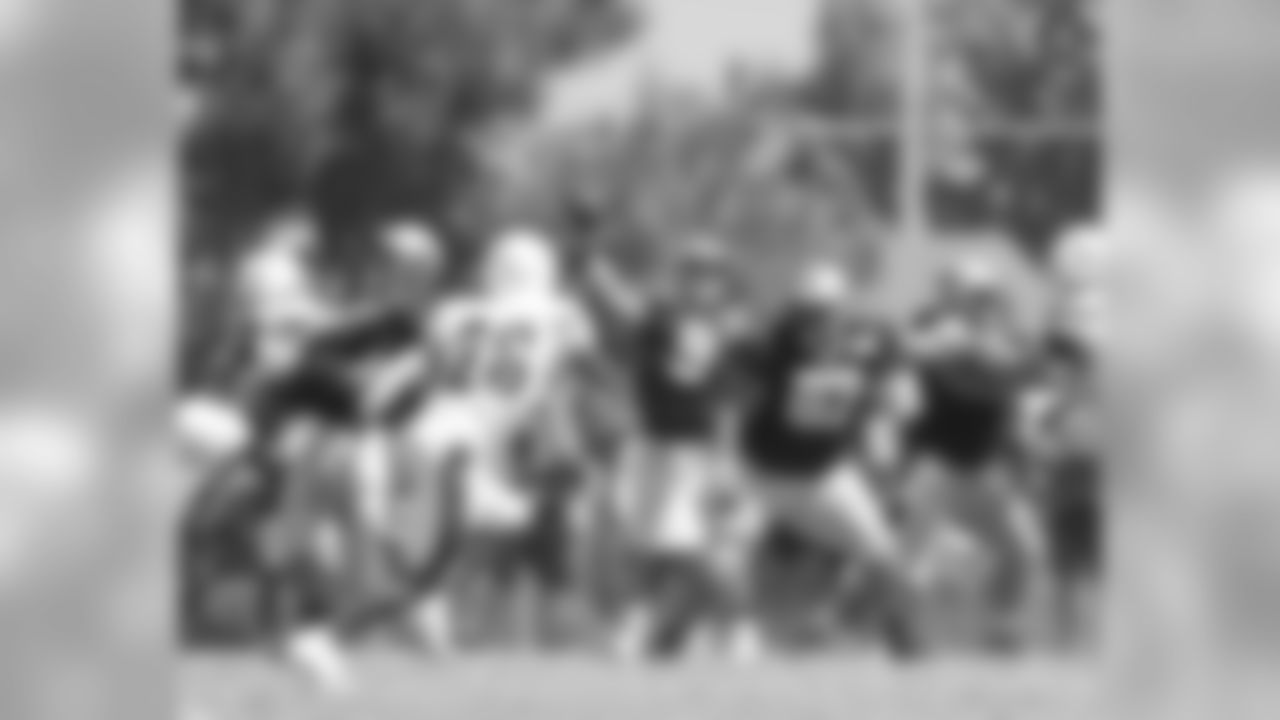
Action photos of New Orleans Saints Training Camp presented by Verizon as they hold joint practice with the Los Angeles Chargers at Jack R. Hammett Sports Complex in Costa Mesa, CA. on August 15, 2019.
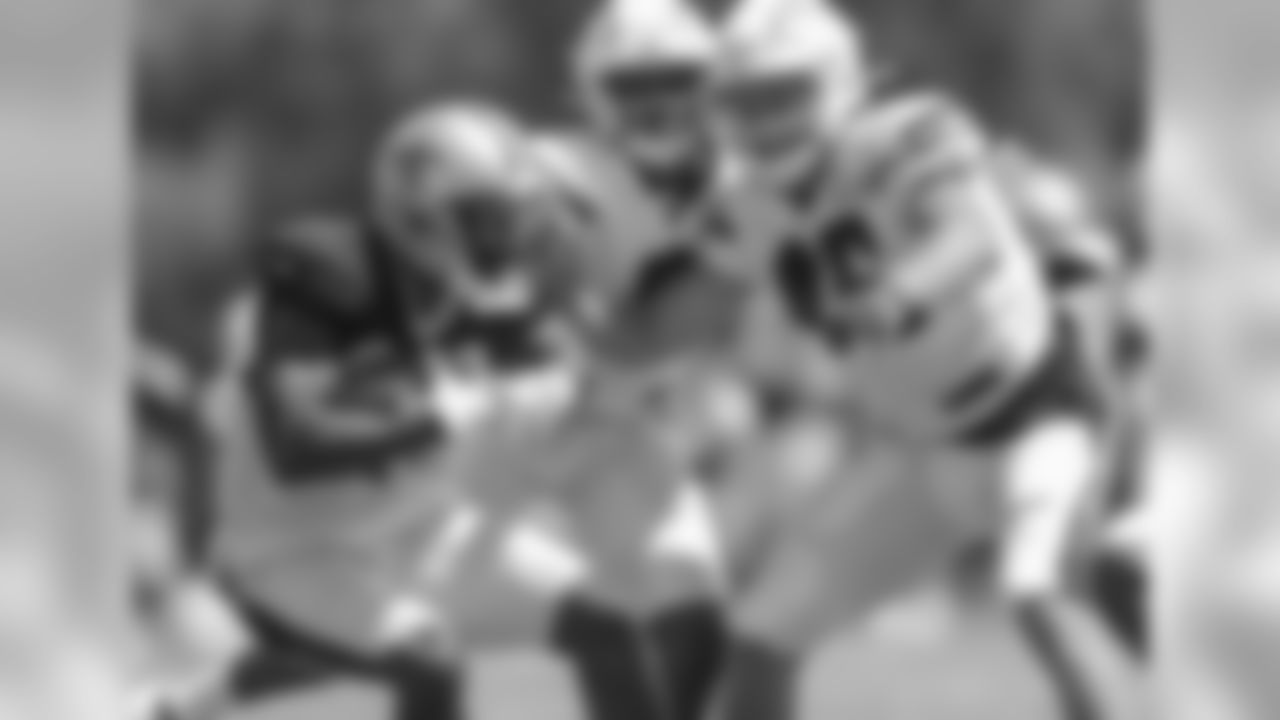
Action photos of New Orleans Saints Training Camp presented by Verizon as they hold joint practice with the Los Angeles Chargers at Jack R. Hammett Sports Complex in Costa Mesa, CA. on August 15, 2019.
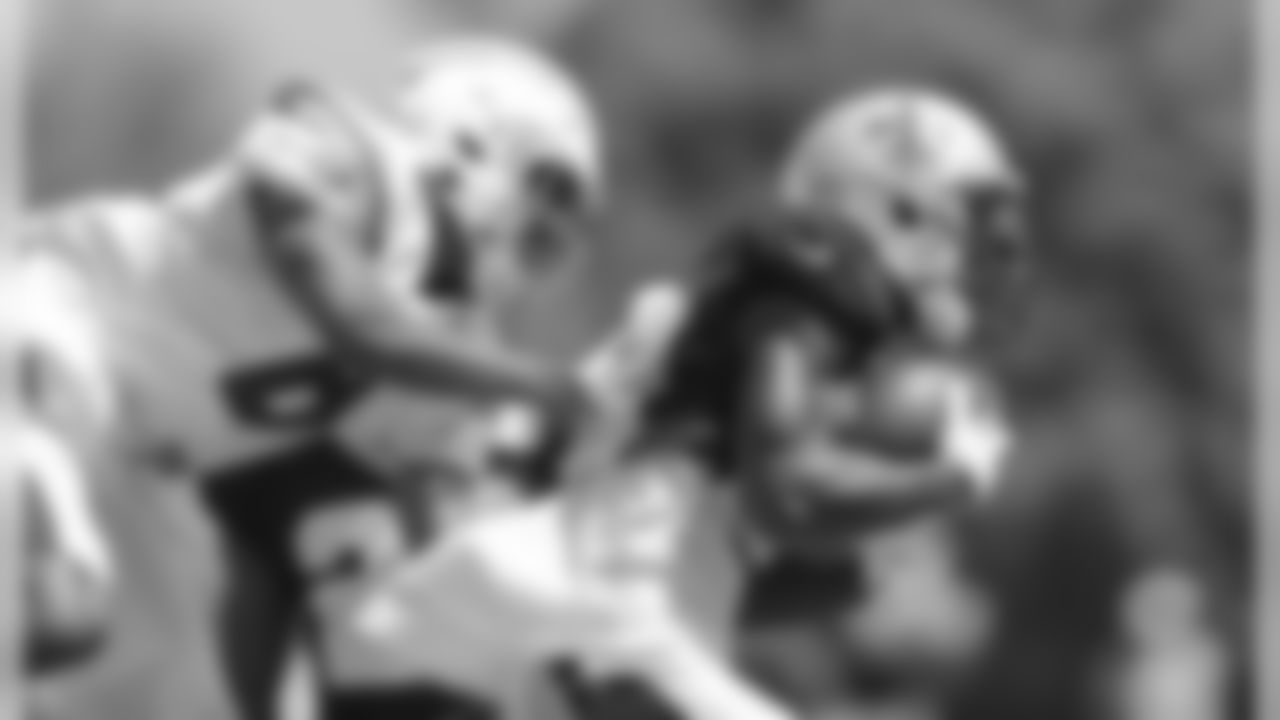
Action photos of New Orleans Saints Training Camp presented by Verizon as they hold joint practice with the Los Angeles Chargers at Jack R. Hammett Sports Complex in Costa Mesa, CA. on August 15, 2019.
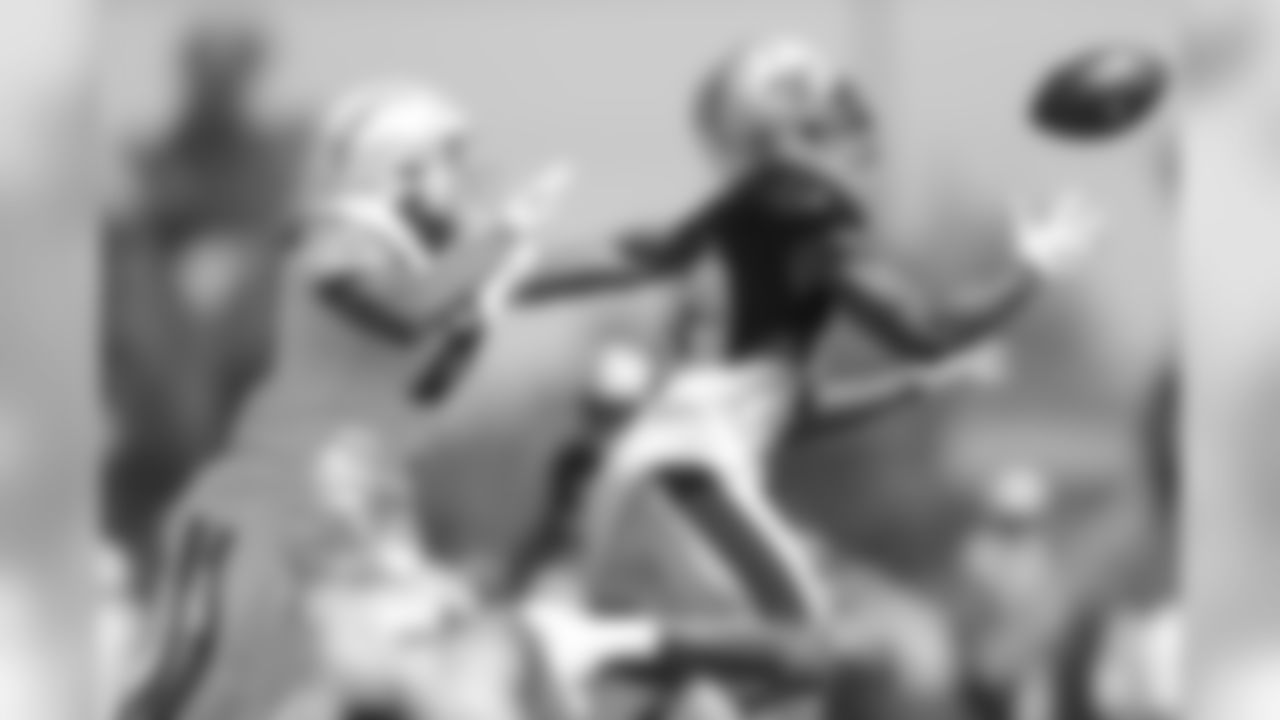
Action photos of New Orleans Saints Training Camp presented by Verizon as they hold joint practice with the Los Angeles Chargers at Jack R. Hammett Sports Complex in Costa Mesa, CA. on August 15, 2019.
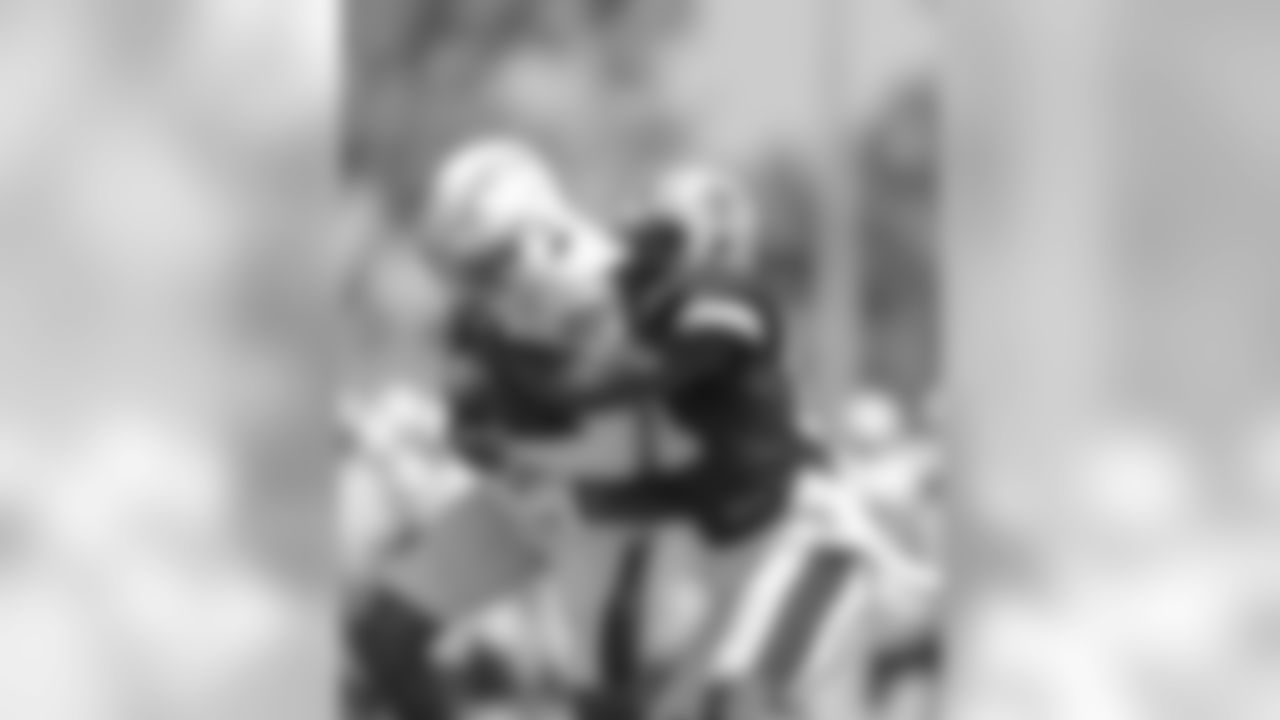
Action photos of New Orleans Saints Training Camp presented by Verizon as they hold joint practice with the Los Angeles Chargers at Jack R. Hammett Sports Complex in Costa Mesa, CA. on August 15, 2019.
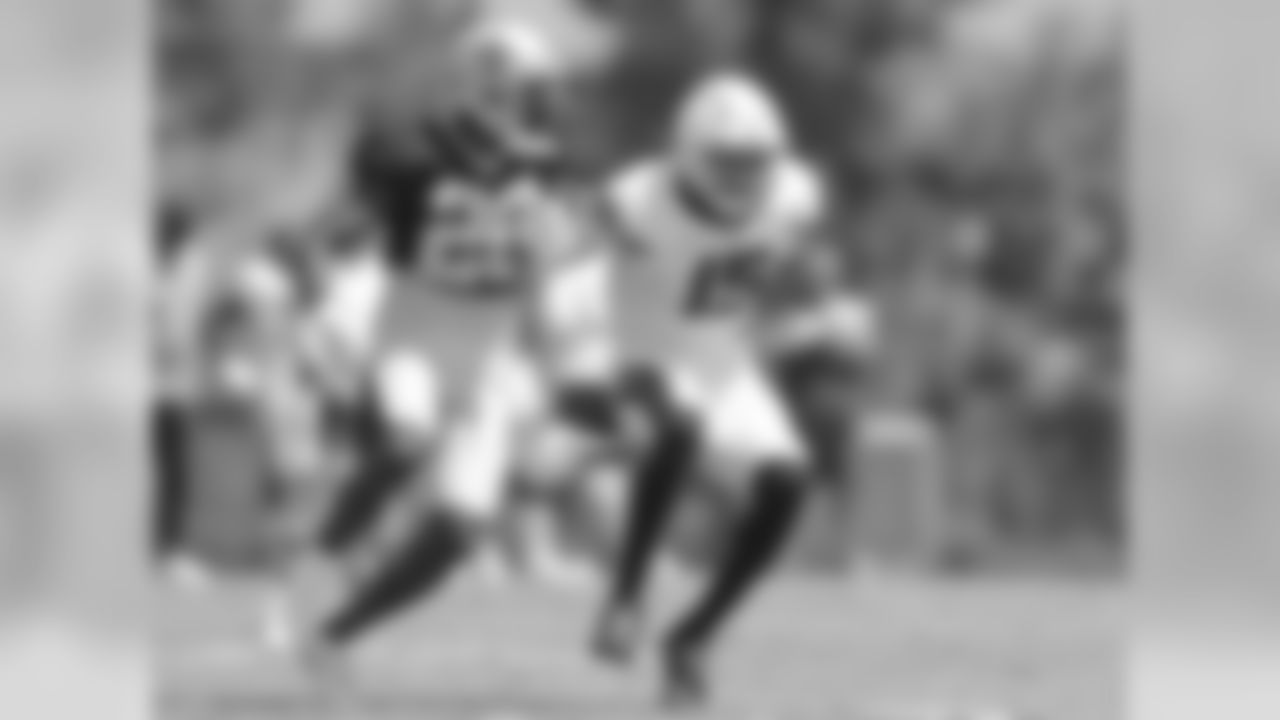
Action photos of New Orleans Saints Training Camp presented by Verizon as they hold joint practice with the Los Angeles Chargers at Jack R. Hammett Sports Complex in Costa Mesa, CA. on August 15, 2019.
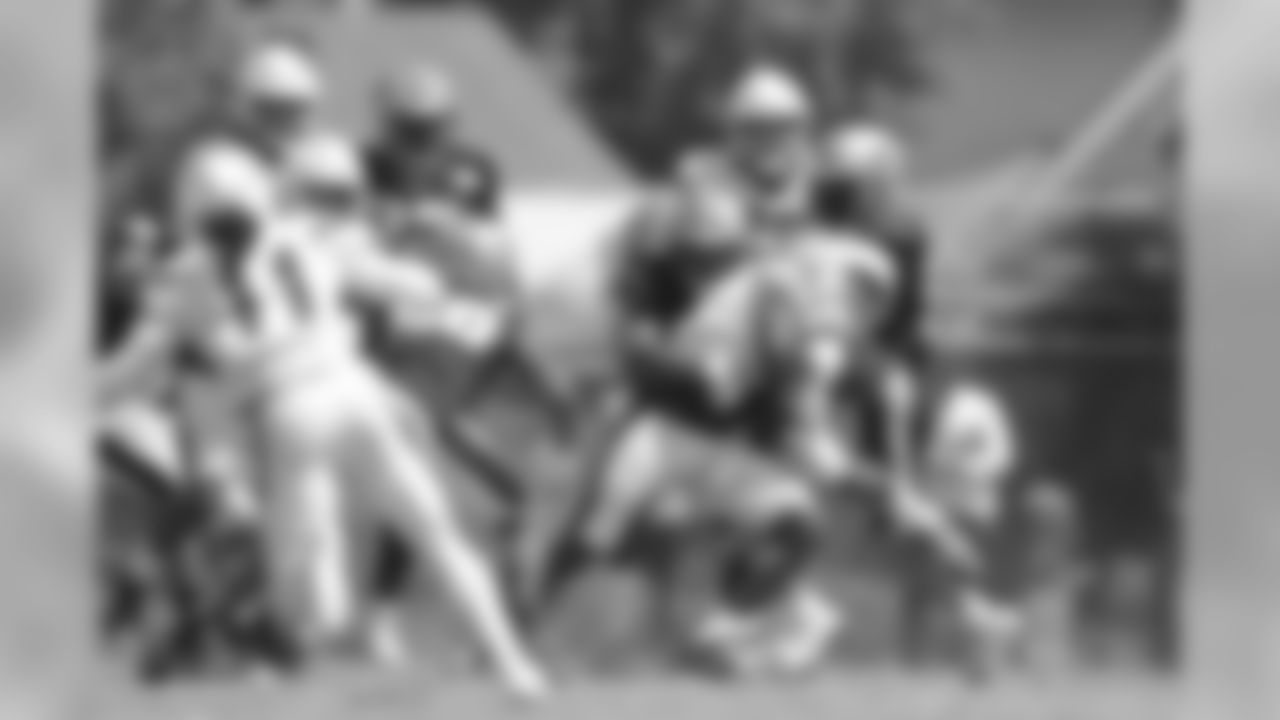
Action photos of New Orleans Saints Training Camp presented by Verizon as they hold joint practice with the Los Angeles Chargers at Jack R. Hammett Sports Complex in Costa Mesa, CA. on August 15, 2019.
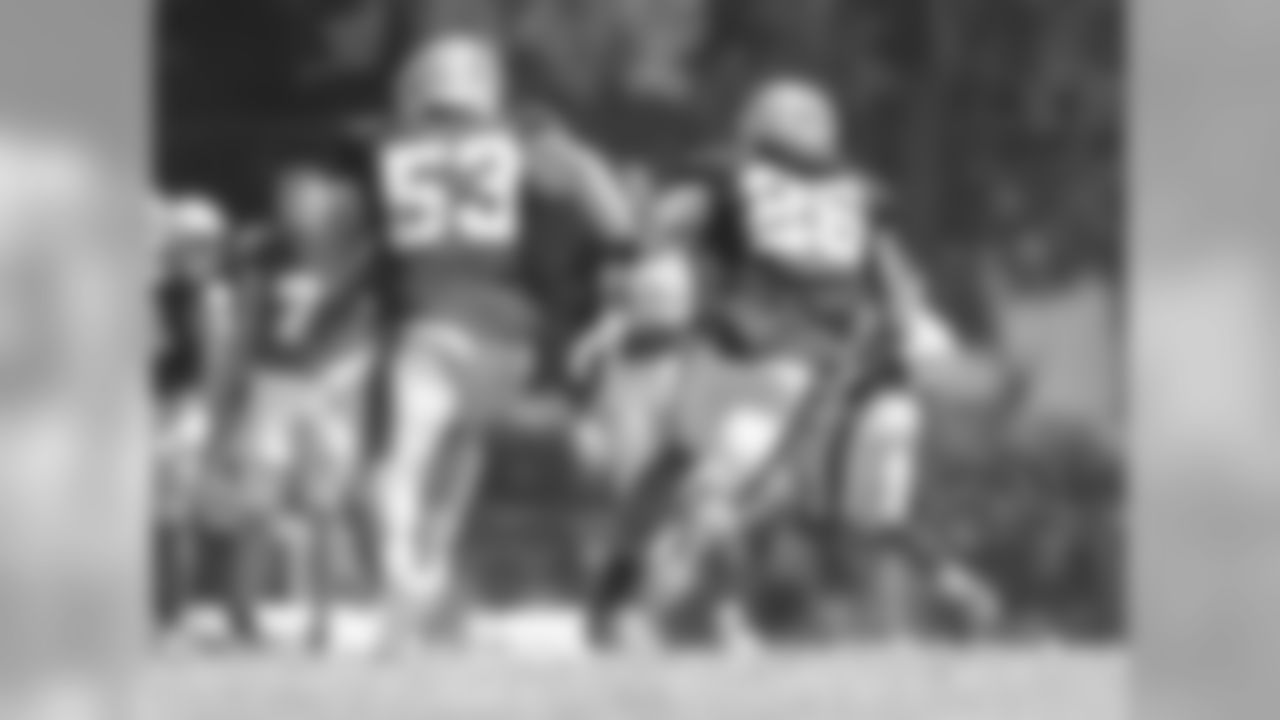
Action photos of New Orleans Saints Training Camp presented by Verizon as they hold joint practice with the Los Angeles Chargers at Jack R. Hammett Sports Complex in Costa Mesa, CA. on August 15, 2019.
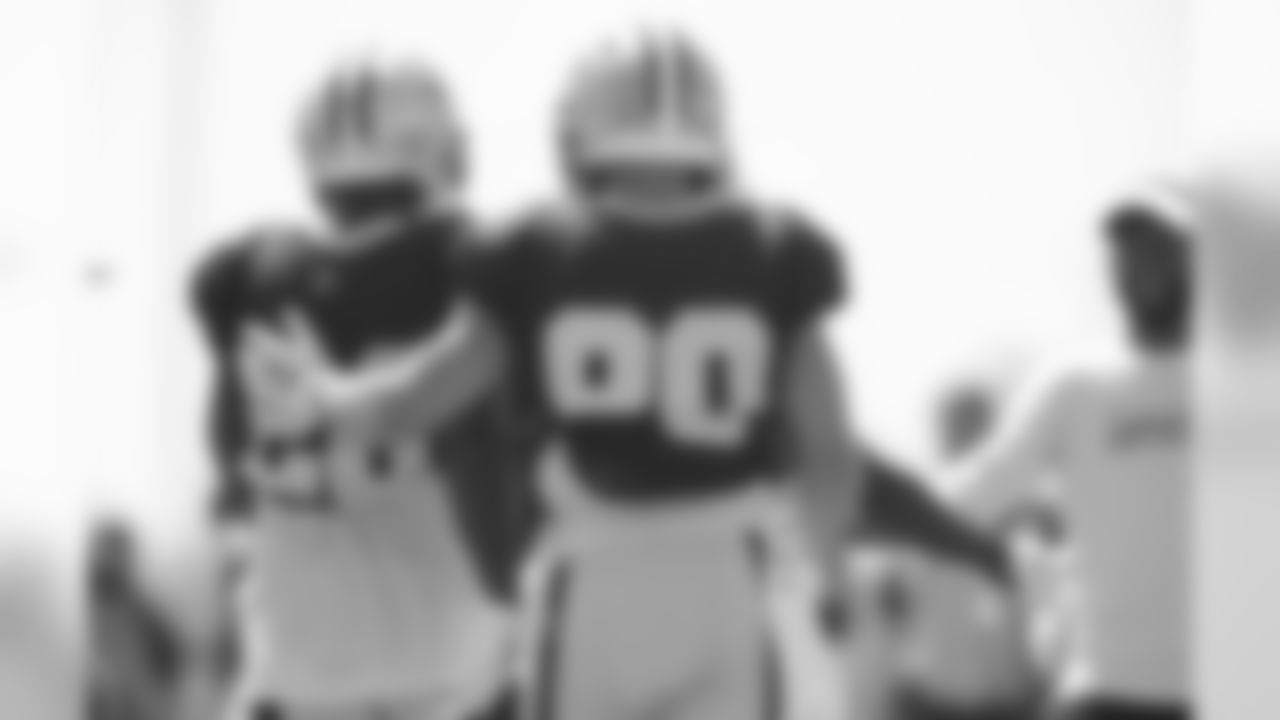
Action photos of New Orleans Saints Training Camp presented by Verizon as they hold joint practice with the Los Angeles Chargers at Jack R. Hammett Sports Complex in Costa Mesa, CA. on August 15, 2019.
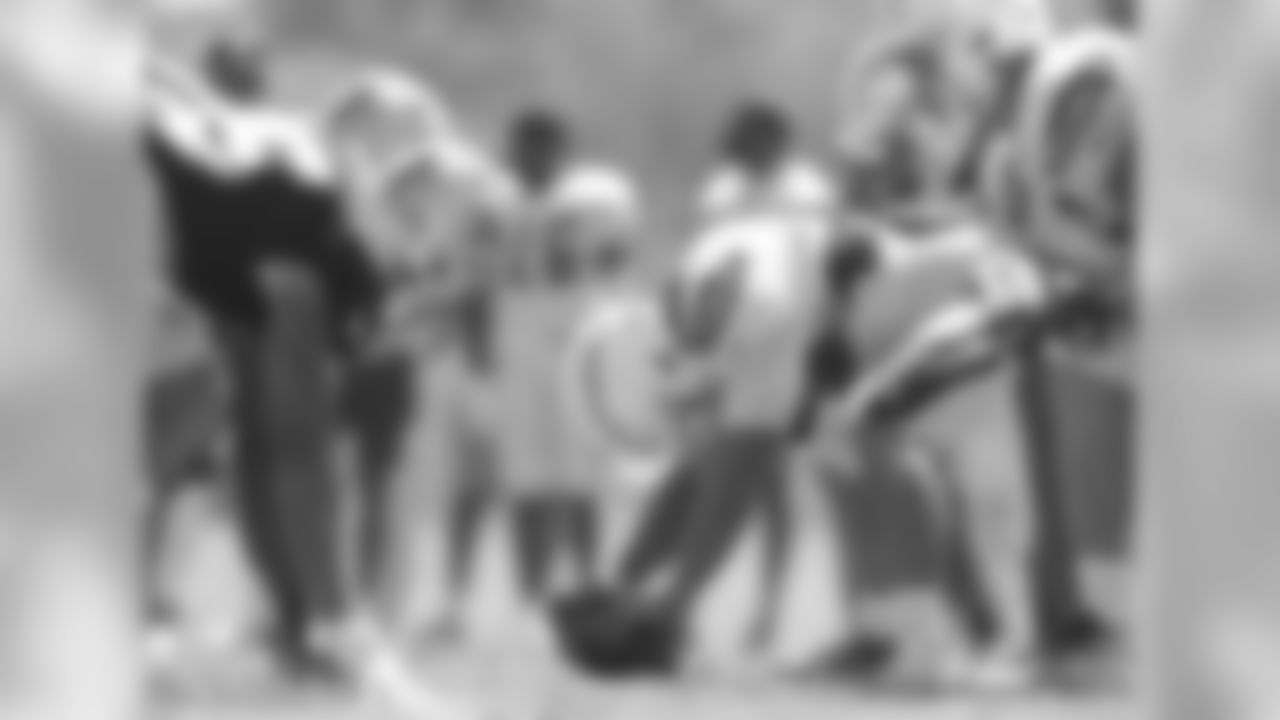
Action photos of New Orleans Saints Training Camp presented by Verizon as they hold joint practice with the Los Angeles Chargers at Jack R. Hammett Sports Complex in Costa Mesa, CA. on August 15, 2019.
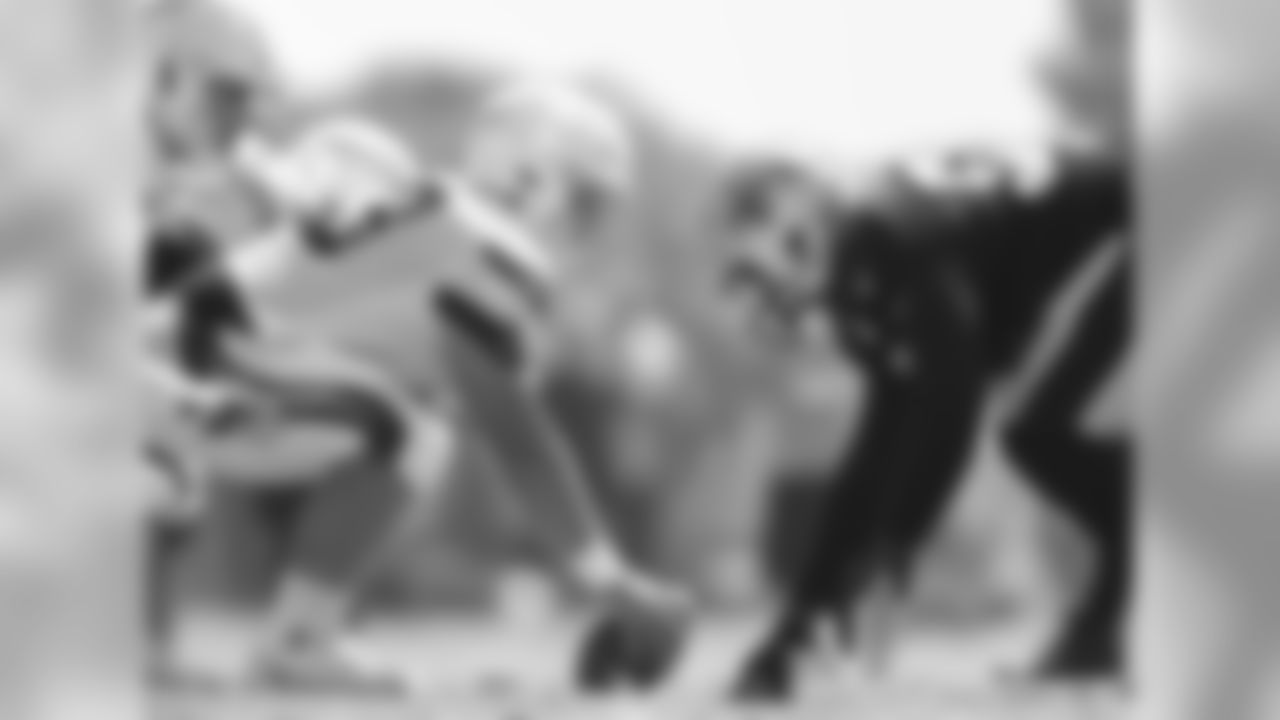
Action photos of New Orleans Saints Training Camp presented by Verizon as they hold joint practice with the Los Angeles Chargers at Jack R. Hammett Sports Complex in Costa Mesa, CA. on August 15, 2019.
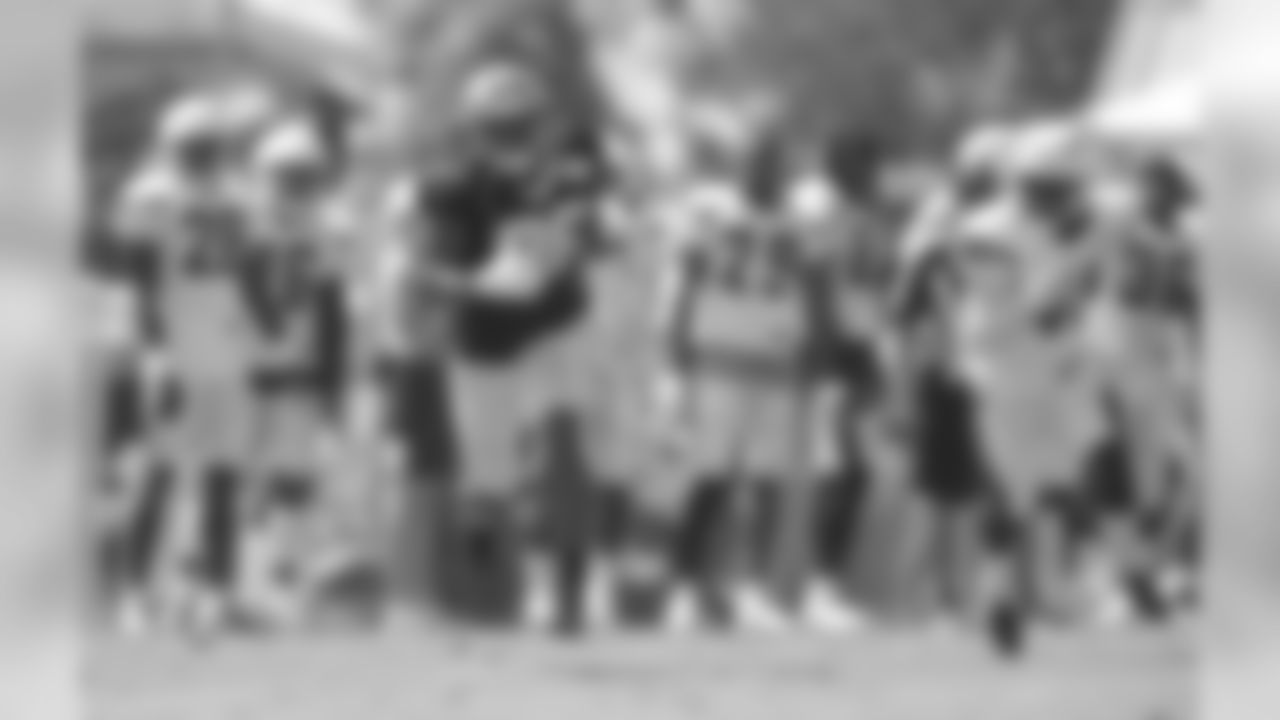
Action photos of New Orleans Saints Training Camp presented by Verizon as they hold joint practice with the Los Angeles Chargers at Jack R. Hammett Sports Complex in Costa Mesa, CA. on August 15, 2019.
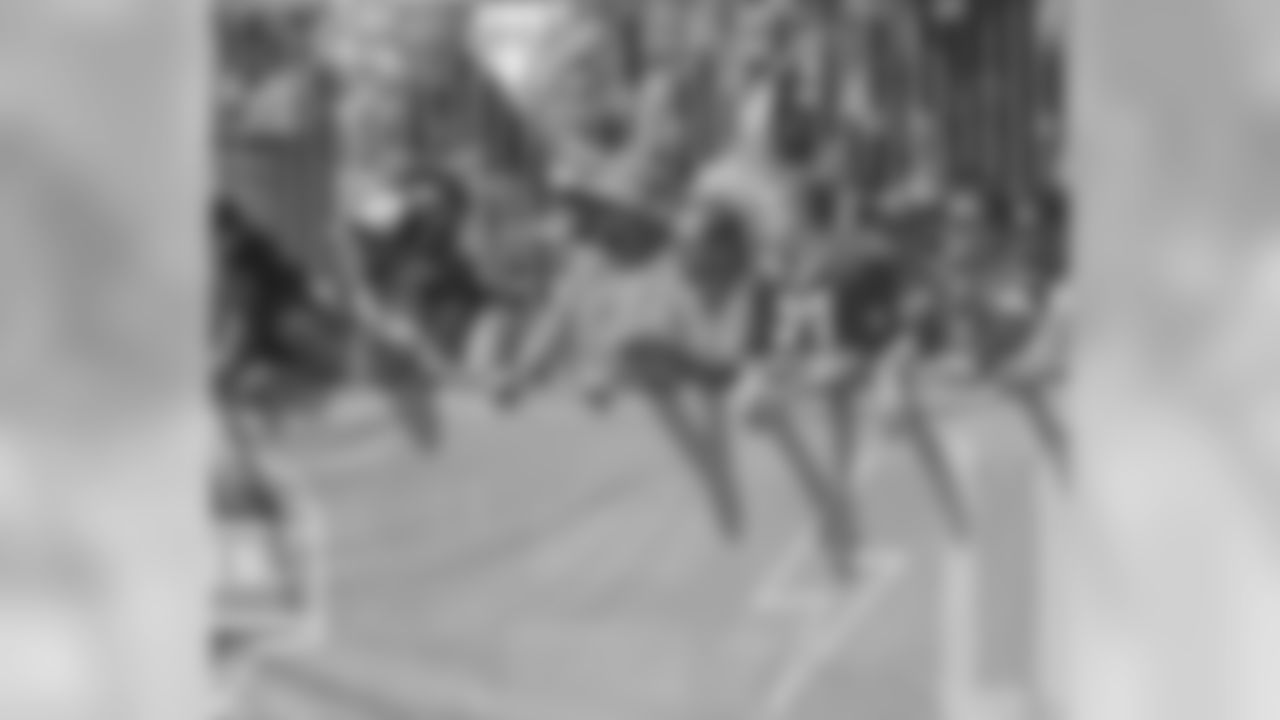
Action photos of New Orleans Saints Training Camp presented by Verizon as they hold joint practice with the Los Angeles Chargers at Jack R. Hammett Sports Complex in Costa Mesa, CA. on August 15, 2019.
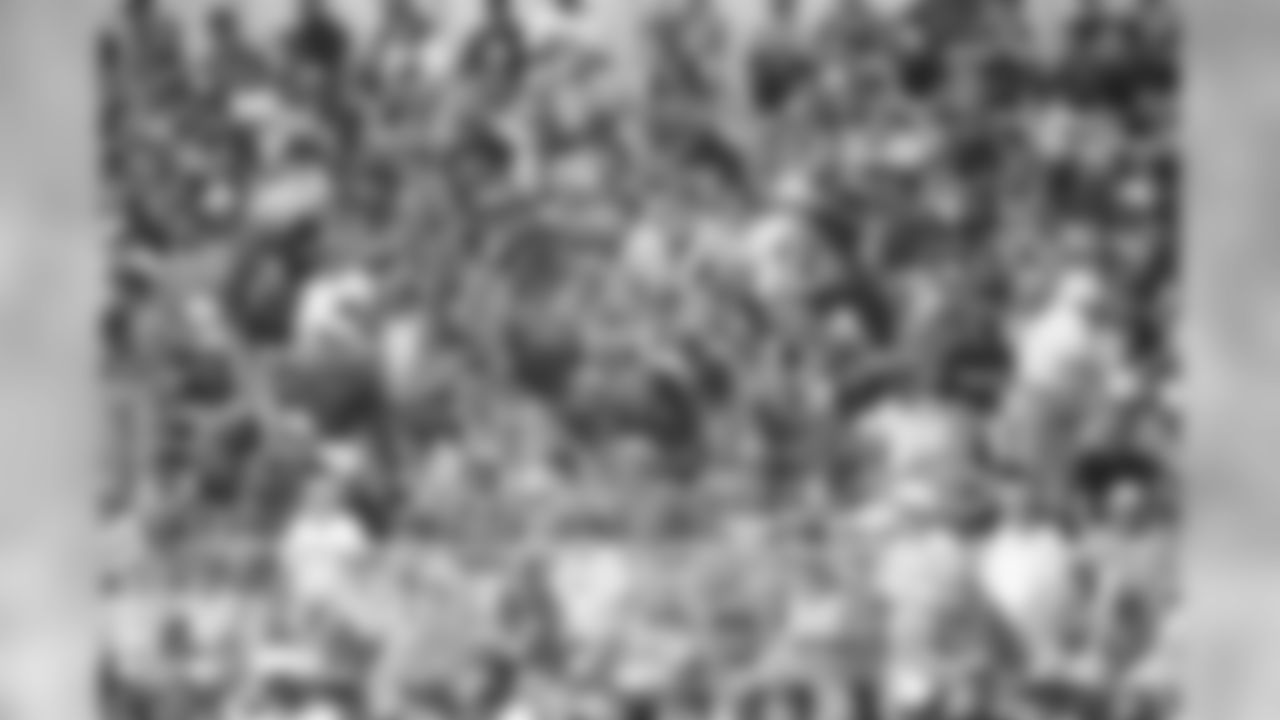
Action photos of New Orleans Saints Training Camp presented by Verizon as they hold joint practice with the Los Angeles Chargers at Jack R. Hammett Sports Complex in Costa Mesa, CA. on August 15, 2019.

Action photos of New Orleans Saints Training Camp presented by Verizon as they hold joint practice with the Los Angeles Chargers at Jack R. Hammett Sports Complex in Costa Mesa, CA. on August 15, 2019.
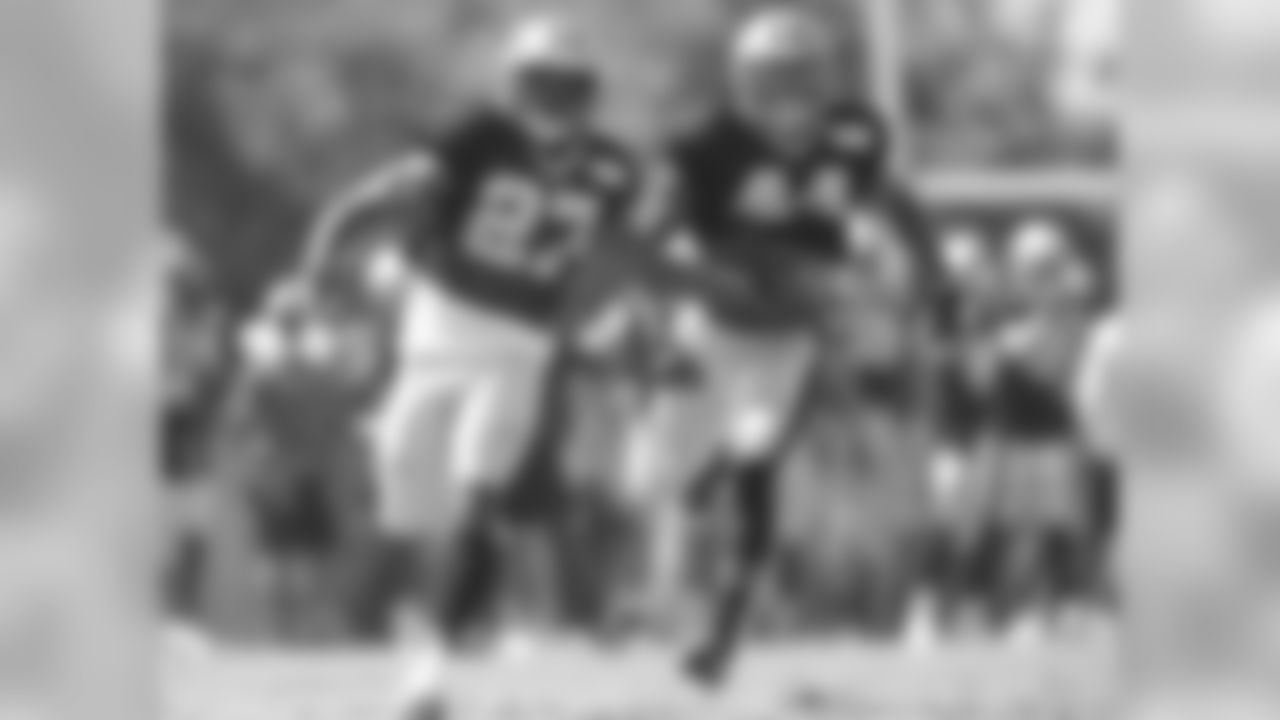
Action photos of New Orleans Saints Training Camp presented by Verizon as they hold joint practice with the Los Angeles Chargers at Jack R. Hammett Sports Complex in Costa Mesa, CA. on August 15, 2019.
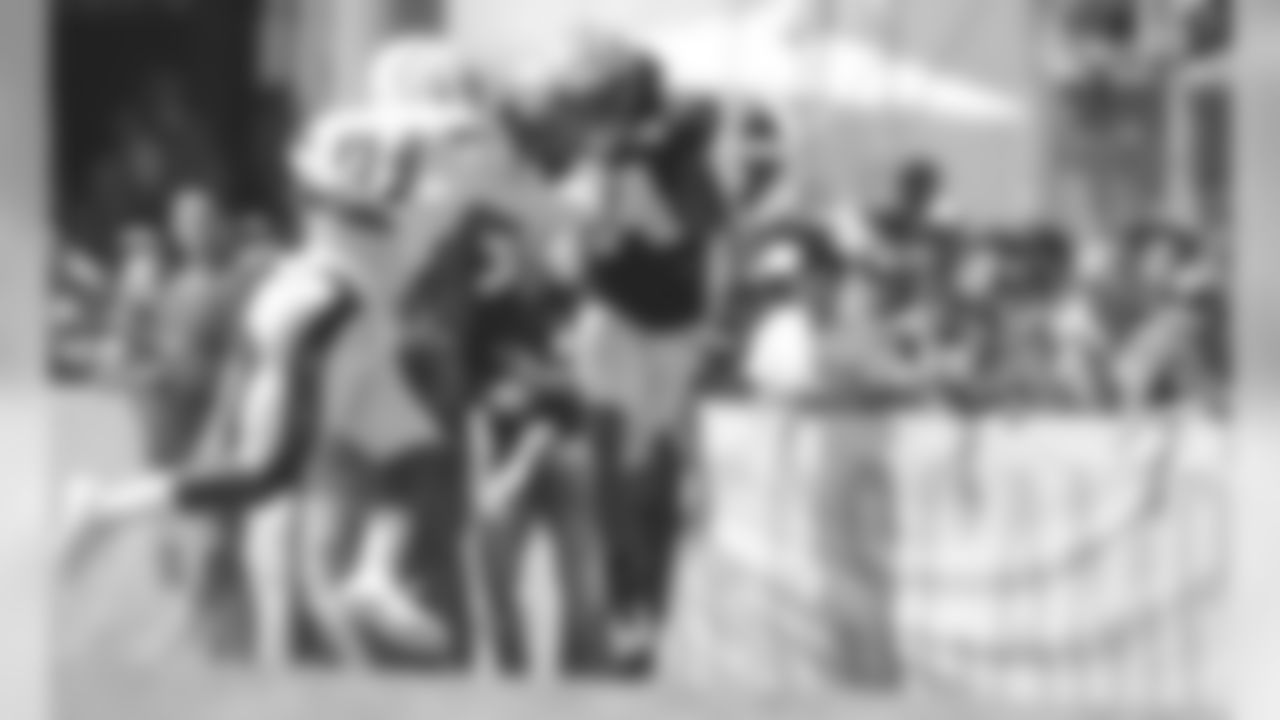
Action photos of New Orleans Saints Training Camp presented by Verizon as they hold joint practice with the Los Angeles Chargers at Jack R. Hammett Sports Complex in Costa Mesa, CA. on August 15, 2019.
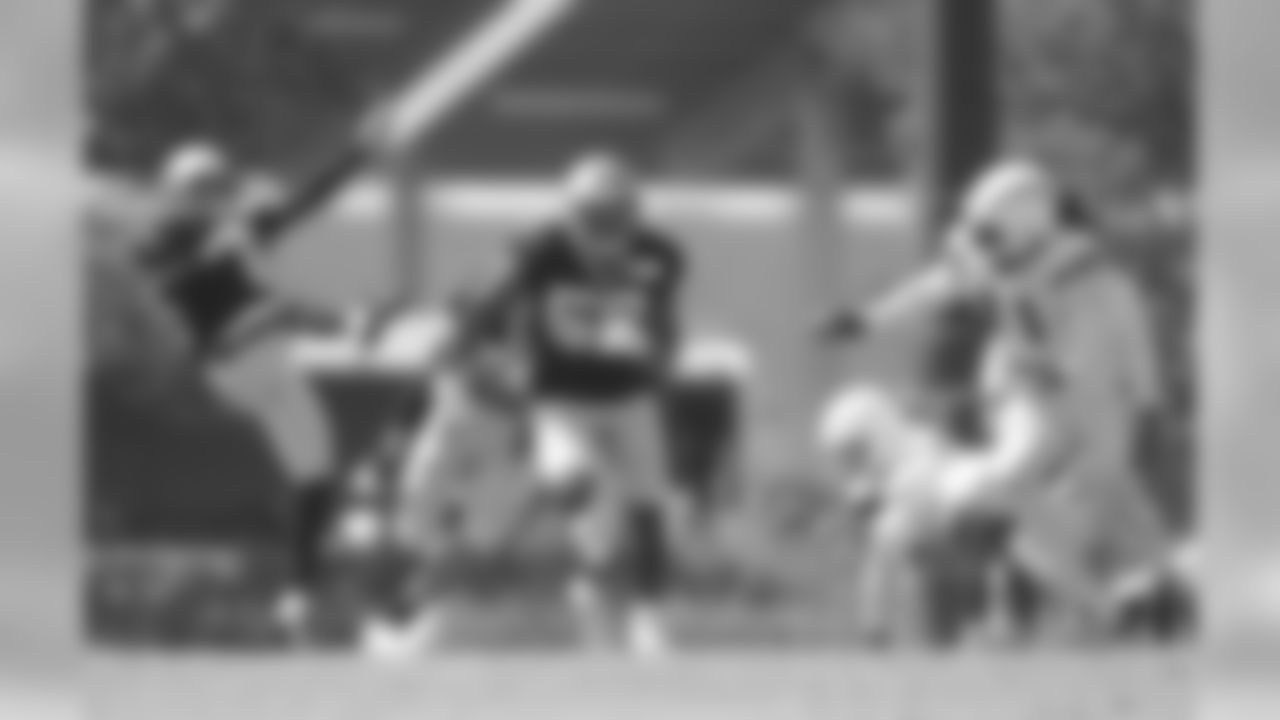
Action photos of New Orleans Saints Training Camp presented by Verizon as they hold joint practice with the Los Angeles Chargers at Jack R. Hammett Sports Complex in Costa Mesa, CA. on August 15, 2019.
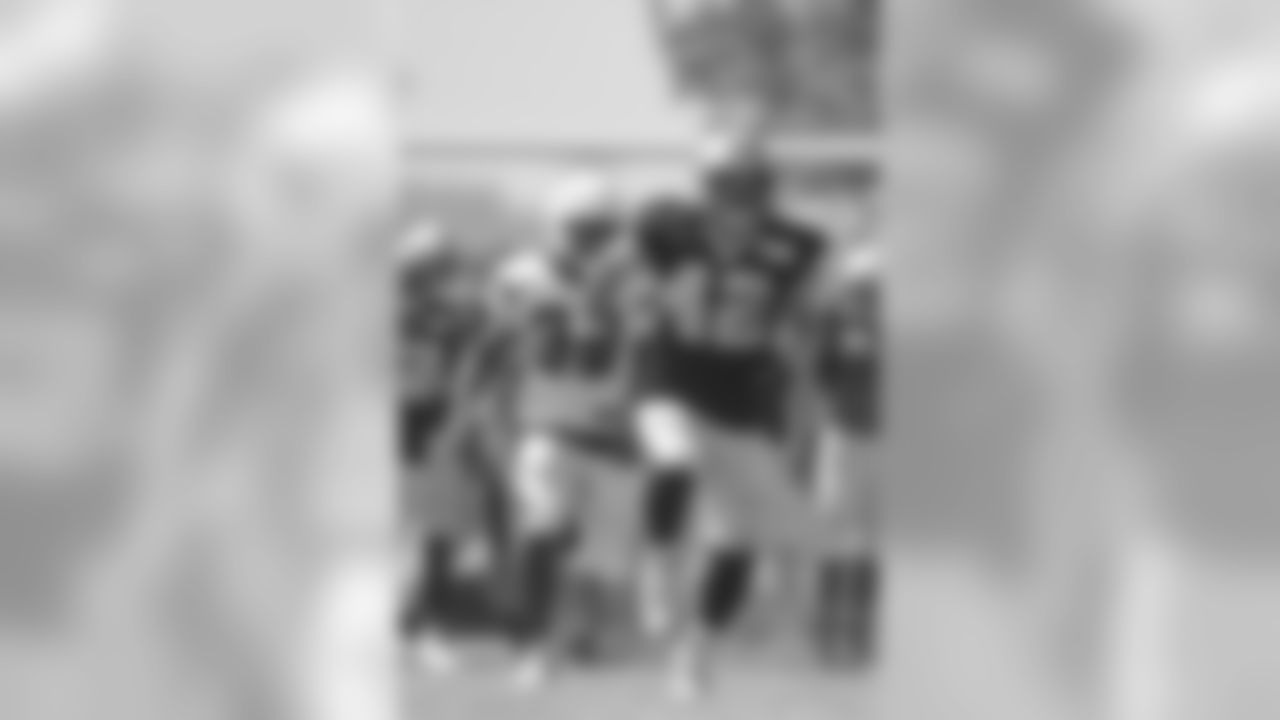
Action photos of New Orleans Saints Training Camp presented by Verizon as they hold joint practice with the Los Angeles Chargers at Jack R. Hammett Sports Complex in Costa Mesa, CA. on August 15, 2019.
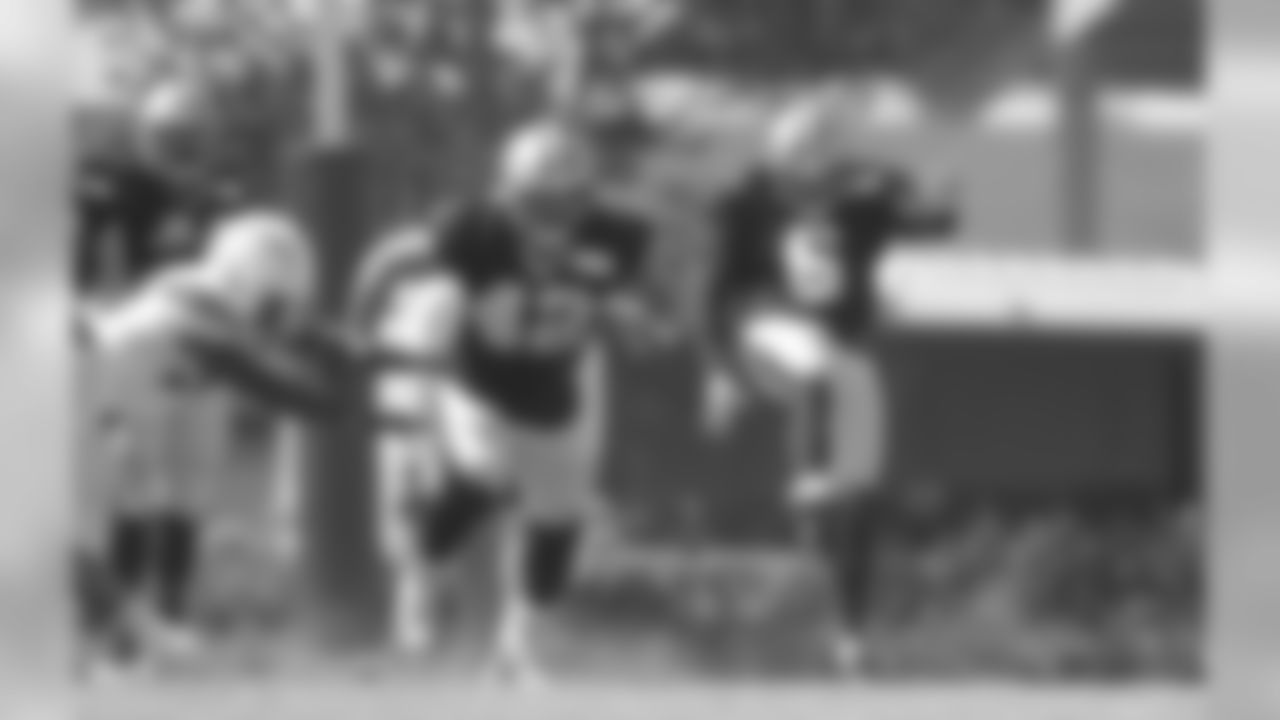
Action photos of New Orleans Saints Training Camp presented by Verizon as they hold joint practice with the Los Angeles Chargers at Jack R. Hammett Sports Complex in Costa Mesa, CA. on August 15, 2019.
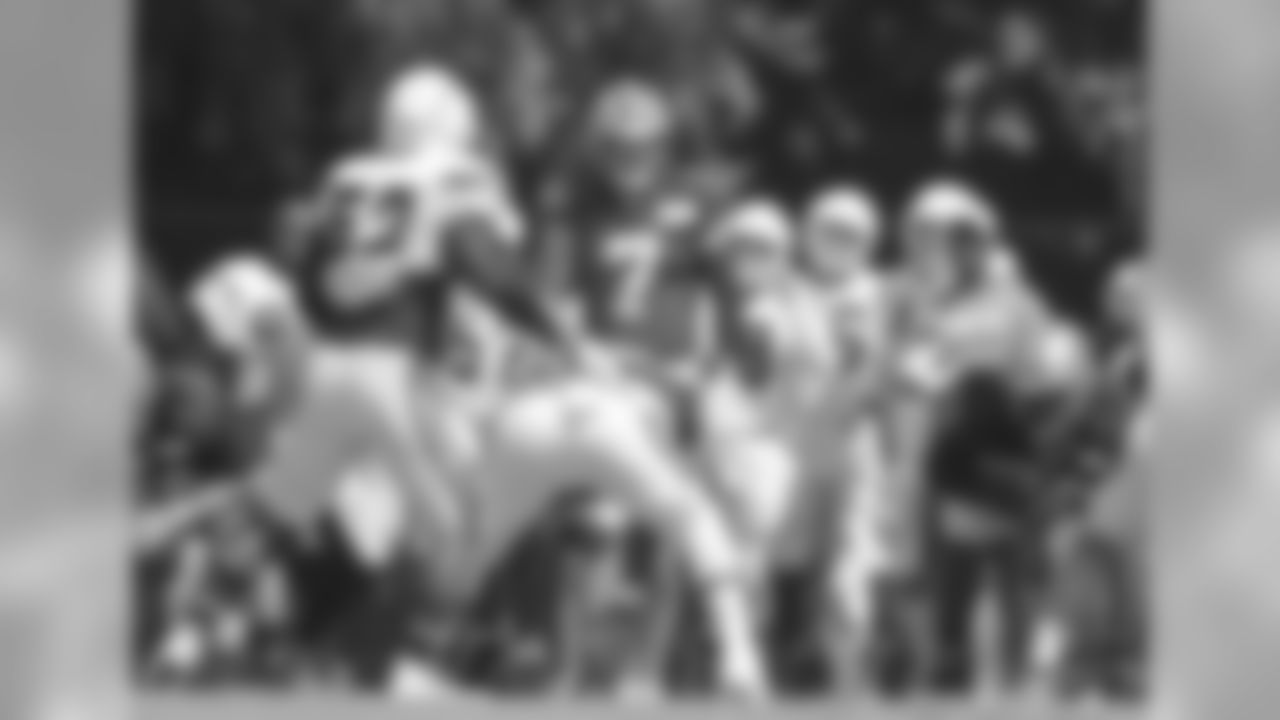
Action photos of New Orleans Saints Training Camp presented by Verizon as they hold joint practice with the Los Angeles Chargers at Jack R. Hammett Sports Complex in Costa Mesa, CA. on August 15, 2019.
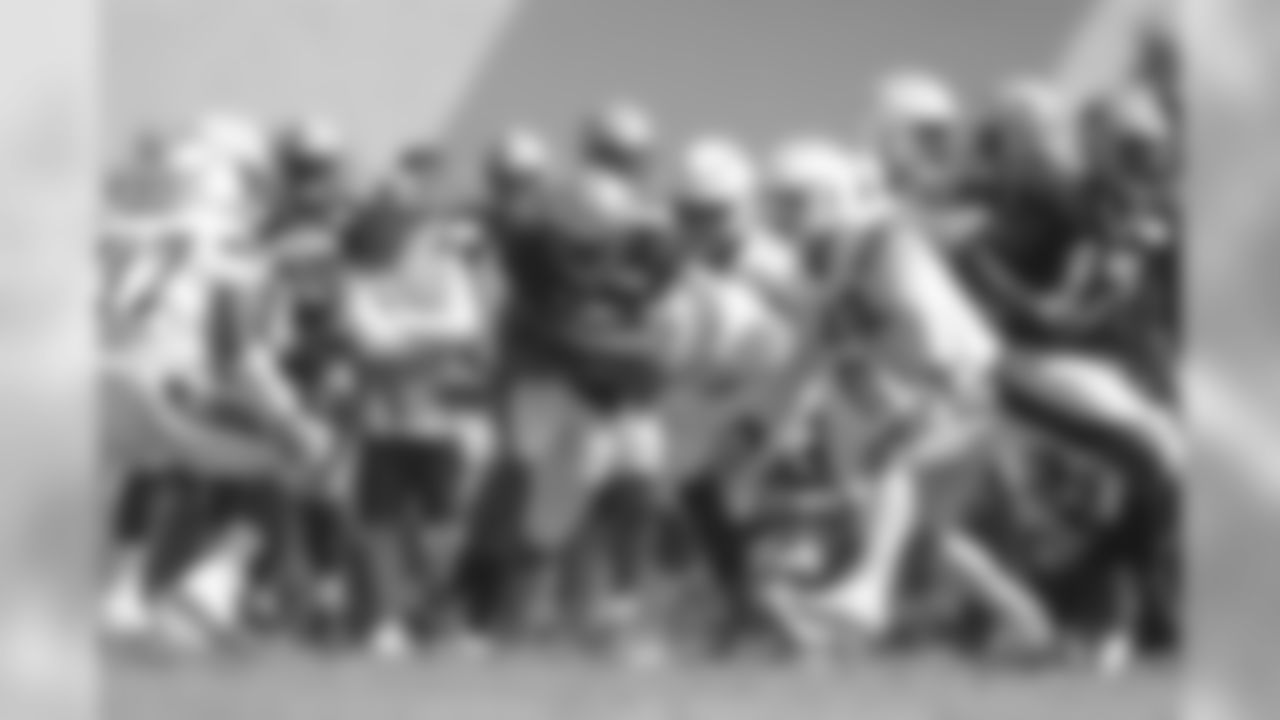
Action photos of New Orleans Saints Training Camp presented by Verizon as they hold joint practice with the Los Angeles Chargers at Jack R. Hammett Sports Complex in Costa Mesa, CA. on August 15, 2019.
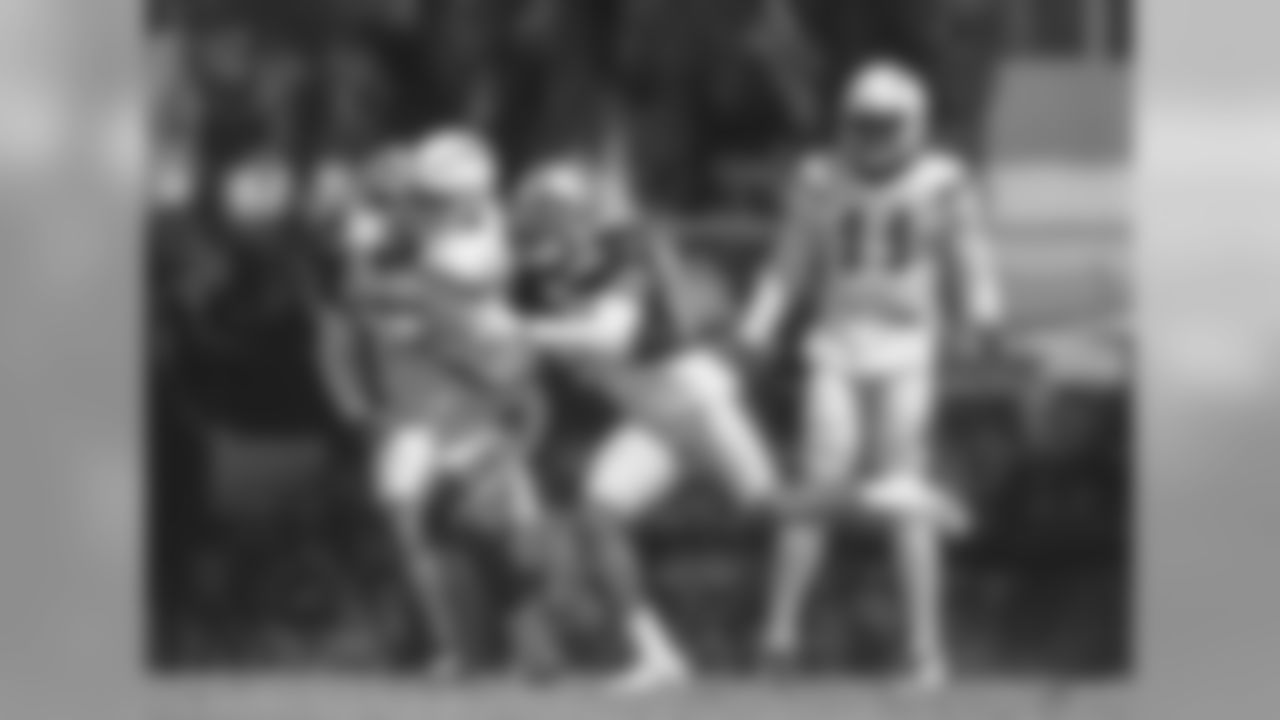
Action photos of New Orleans Saints Training Camp presented by Verizon as they hold joint practice with the Los Angeles Chargers at Jack R. Hammett Sports Complex in Costa Mesa, CA. on August 15, 2019.
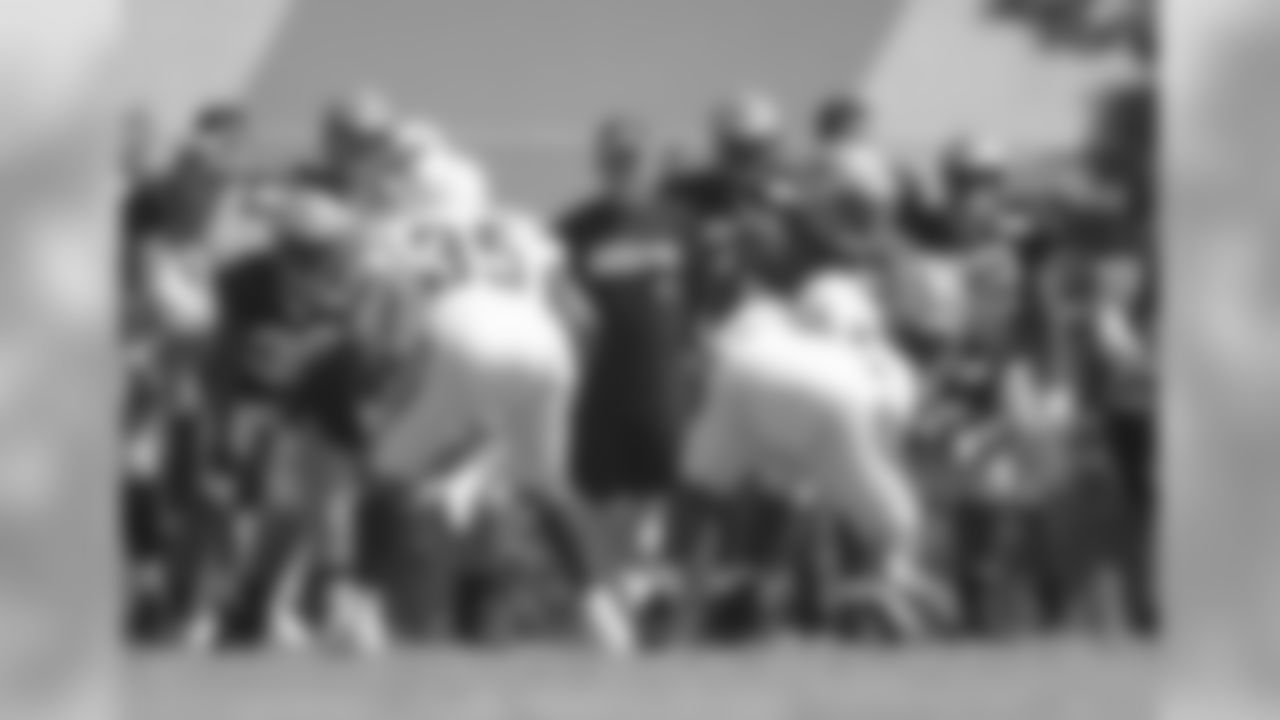
Action photos of New Orleans Saints Training Camp presented by Verizon as they hold joint practice with the Los Angeles Chargers at Jack R. Hammett Sports Complex in Costa Mesa, CA. on August 15, 2019.
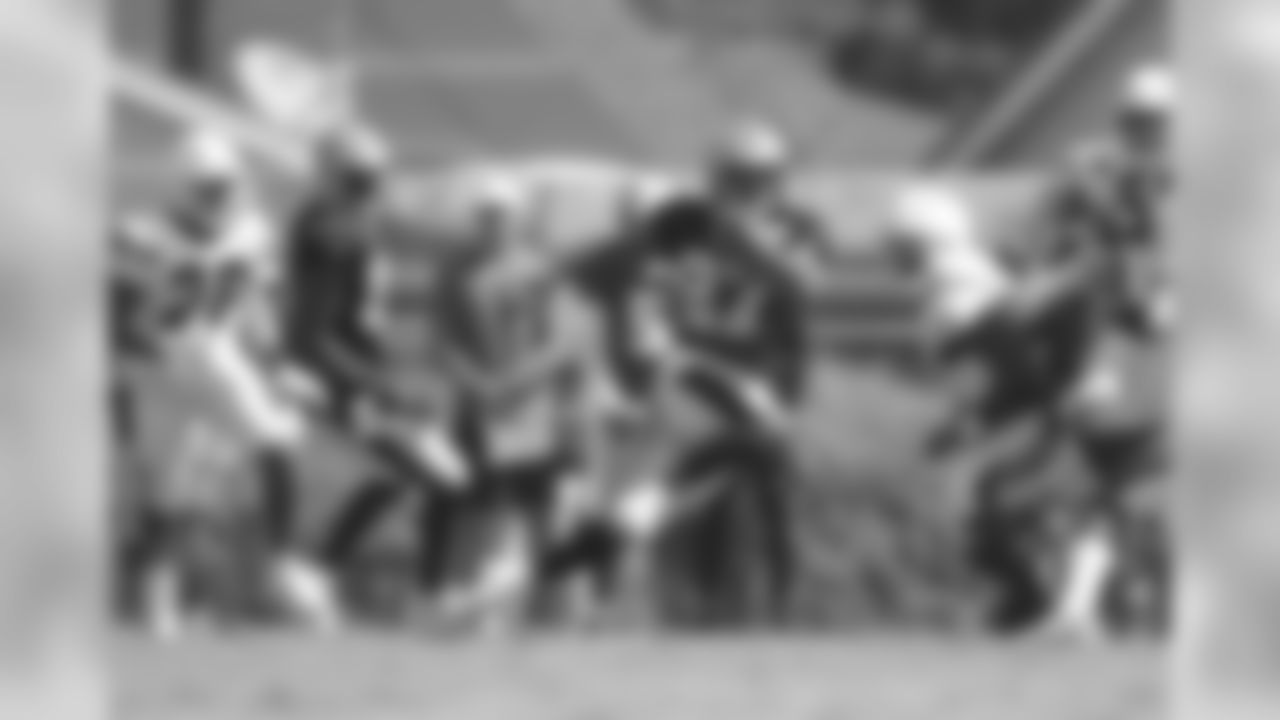
Action photos of New Orleans Saints Training Camp presented by Verizon as they hold joint practice with the Los Angeles Chargers at Jack R. Hammett Sports Complex in Costa Mesa, CA. on August 15, 2019.
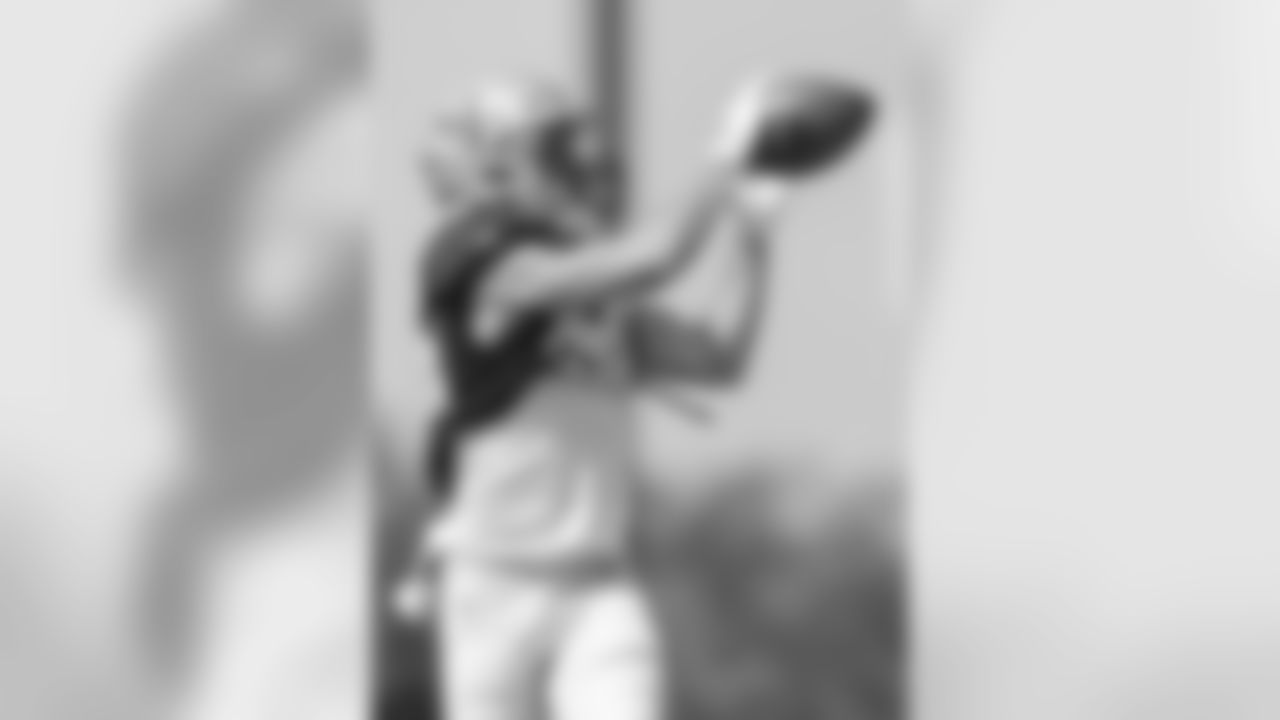
Action photos of New Orleans Saints Training Camp presented by Verizon as they hold joint practice with the Los Angeles Chargers at Jack R. Hammett Sports Complex in Costa Mesa, CA. on August 15, 2019.
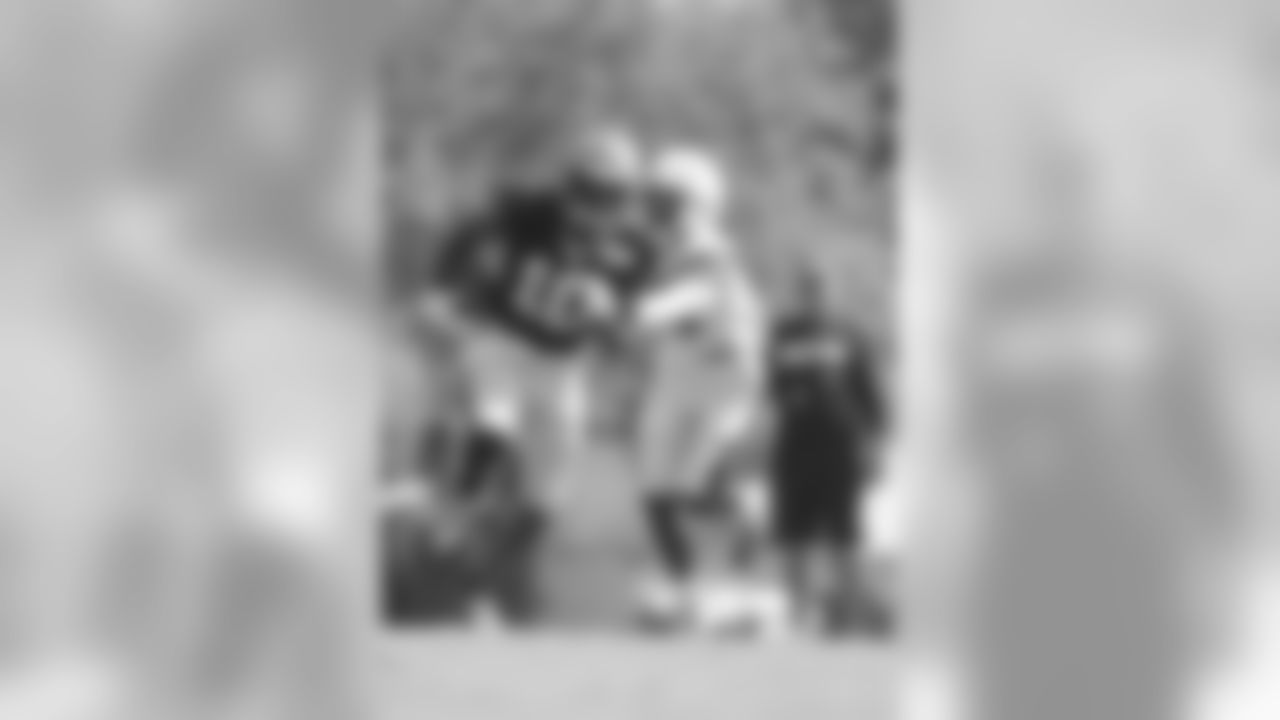
Action photos of New Orleans Saints Training Camp presented by Verizon as they hold joint practice with the Los Angeles Chargers at Jack R. Hammett Sports Complex in Costa Mesa, CA. on August 15, 2019.
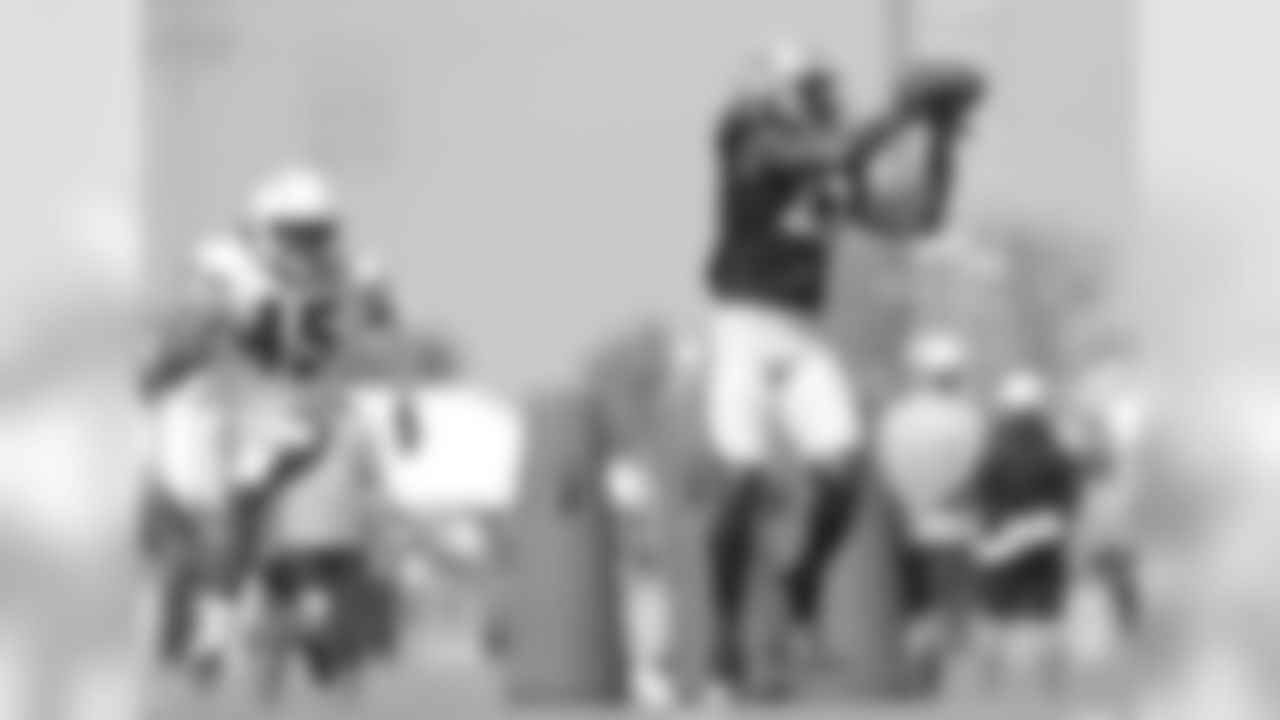
Action photos of New Orleans Saints Training Camp presented by Verizon as they hold joint practice with the Los Angeles Chargers at Jack R. Hammett Sports Complex in Costa Mesa, CA. on August 15, 2019.
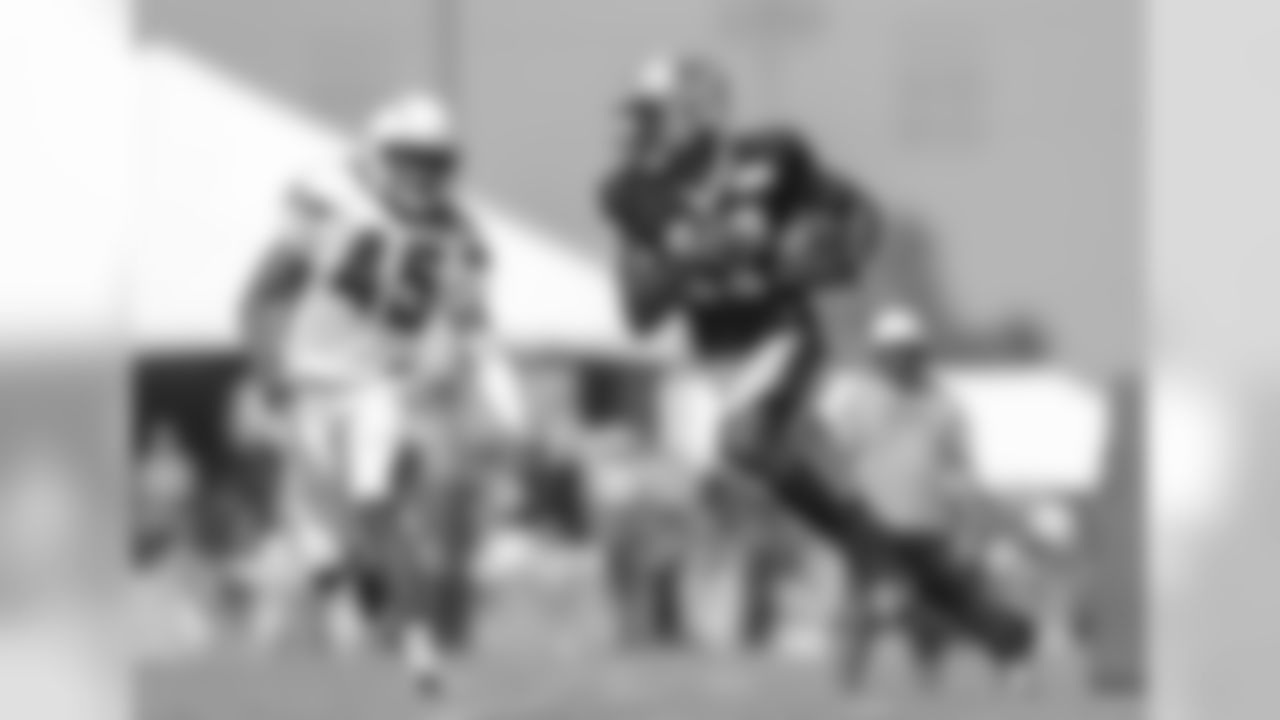
Action photos of New Orleans Saints Training Camp presented by Verizon as they hold joint practice with the Los Angeles Chargers at Jack R. Hammett Sports Complex in Costa Mesa, CA. on August 15, 2019.
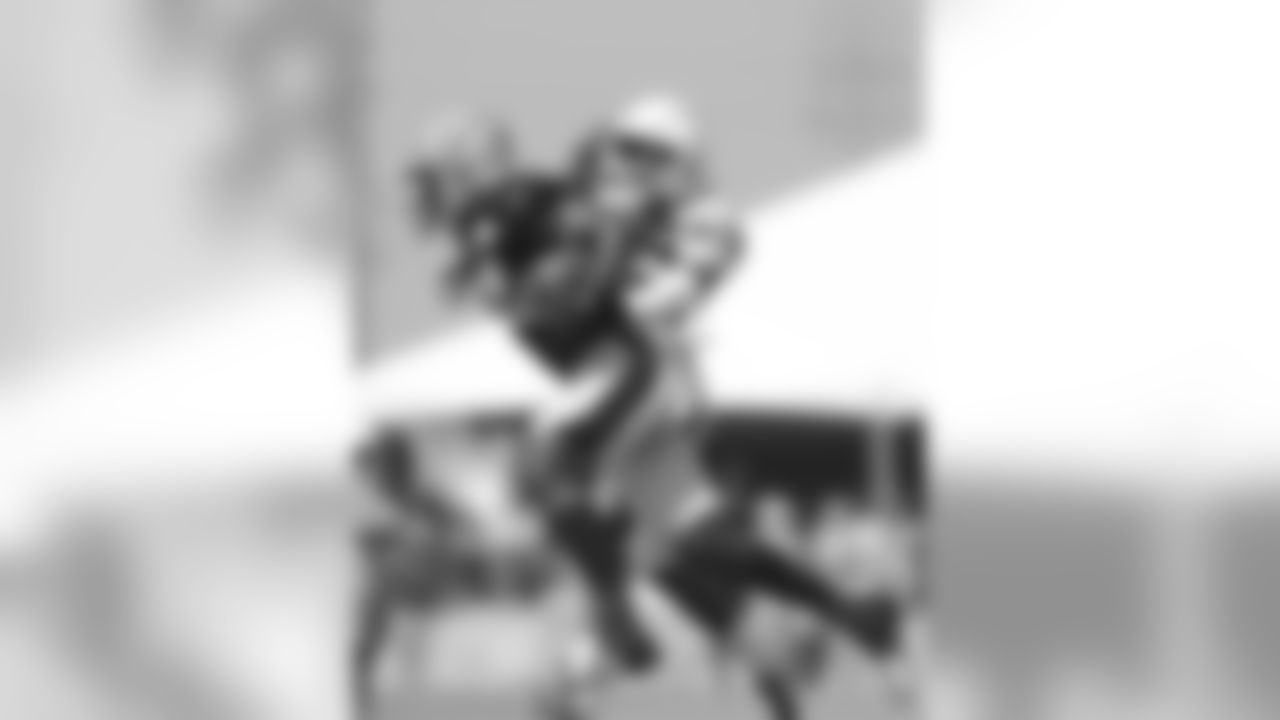
Action photos of New Orleans Saints Training Camp presented by Verizon as they hold joint practice with the Los Angeles Chargers at Jack R. Hammett Sports Complex in Costa Mesa, CA. on August 15, 2019.
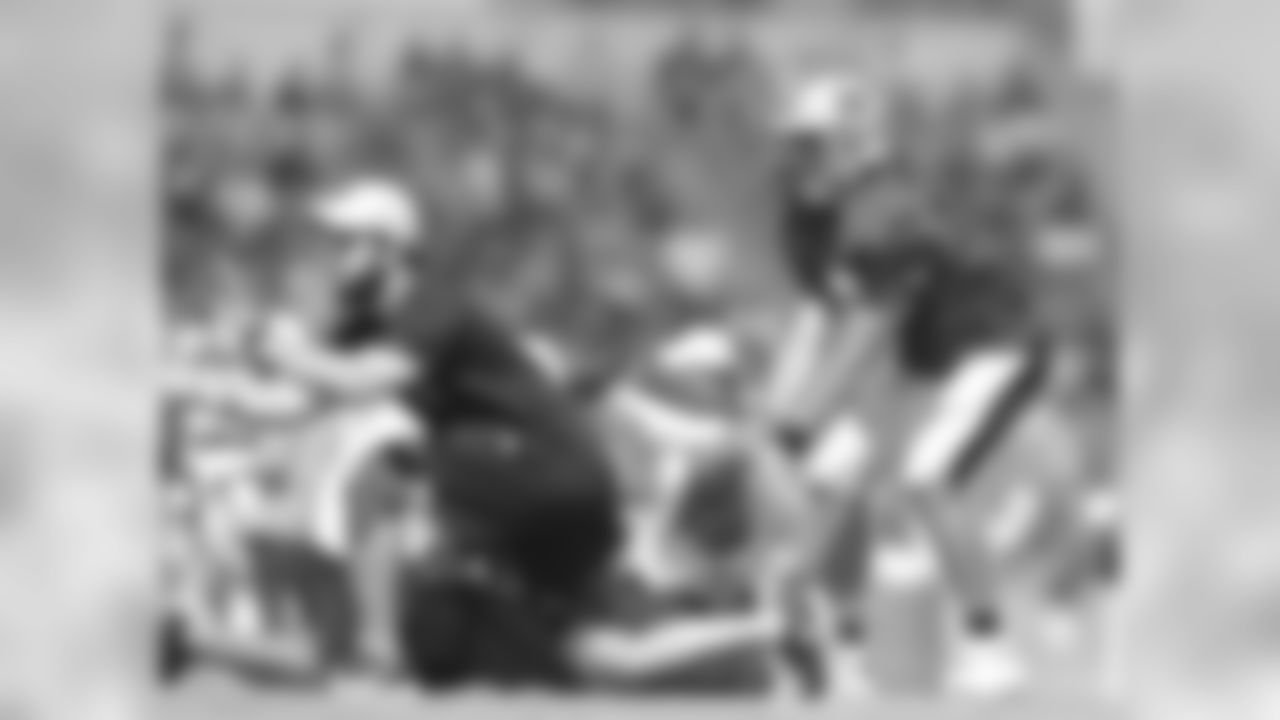
Action photos of New Orleans Saints Training Camp presented by Verizon as they hold joint practice with the Los Angeles Chargers at Jack R. Hammett Sports Complex in Costa Mesa, CA. on August 15, 2019.
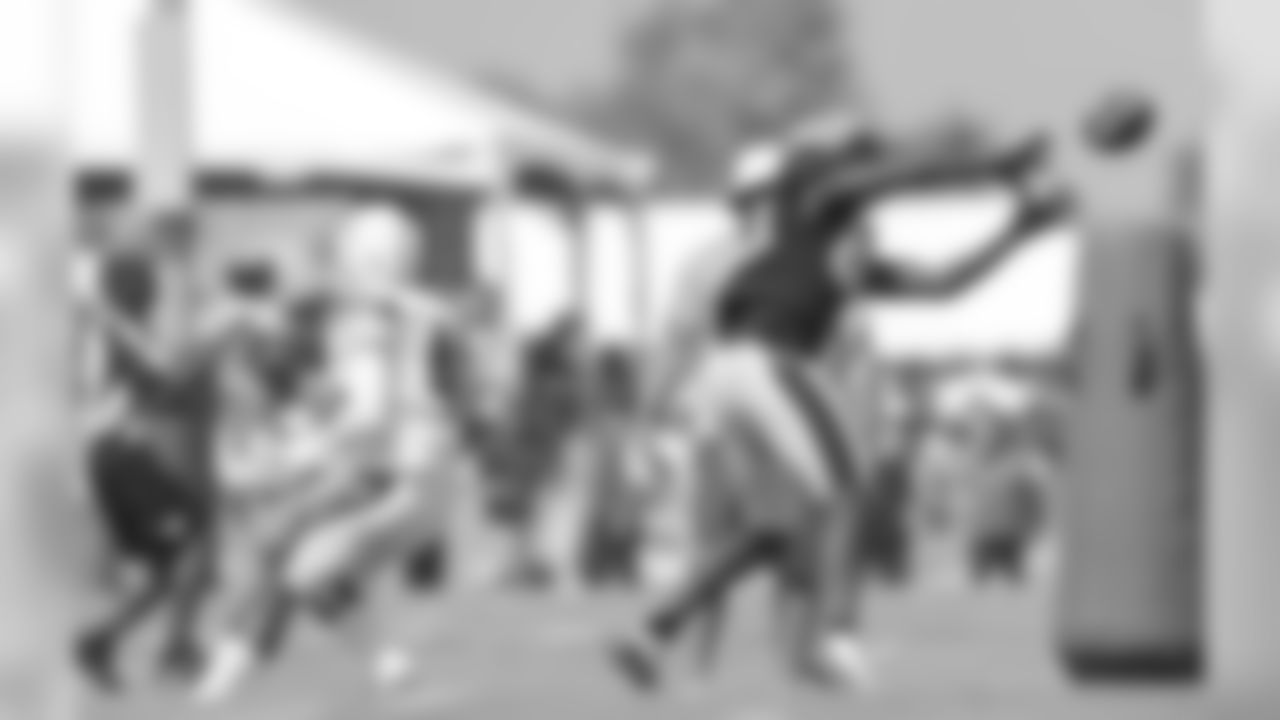
Action photos of New Orleans Saints Training Camp presented by Verizon as they hold joint practice with the Los Angeles Chargers at Jack R. Hammett Sports Complex in Costa Mesa, CA. on August 15, 2019.
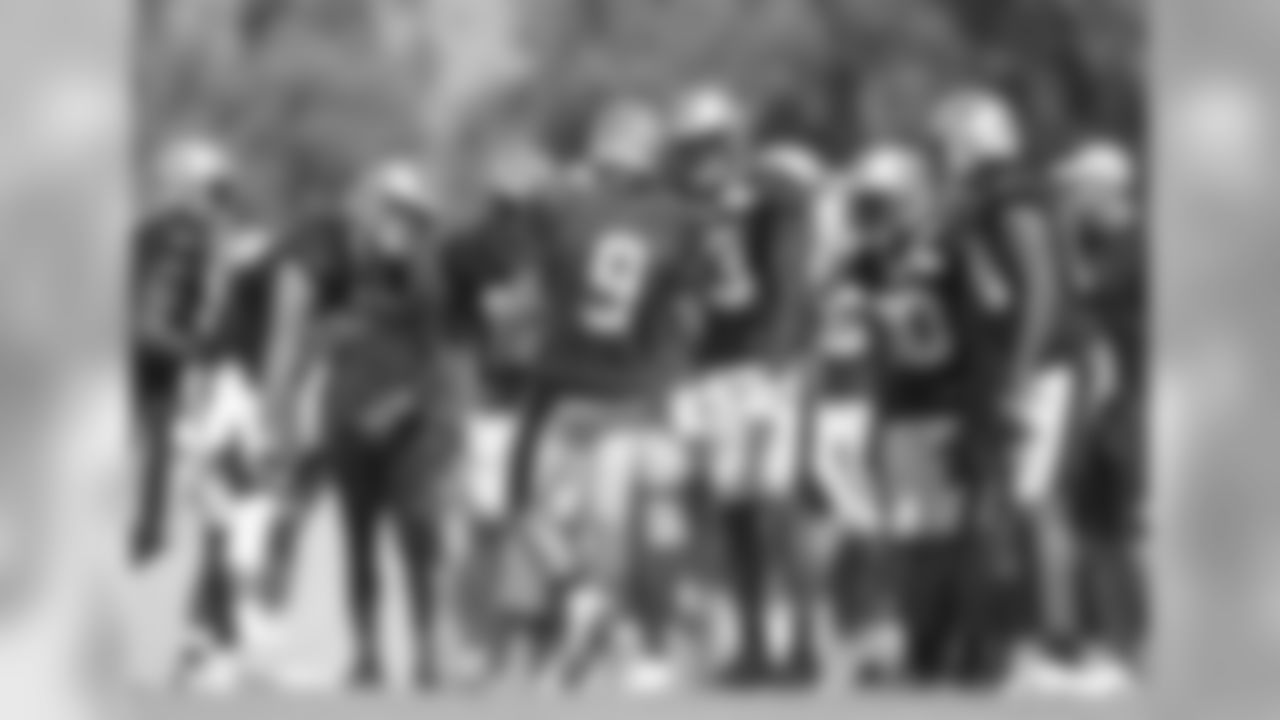
Action photos of New Orleans Saints Training Camp presented by Verizon as they hold joint practice with the Los Angeles Chargers at Jack R. Hammett Sports Complex in Costa Mesa, CA. on August 15, 2019.
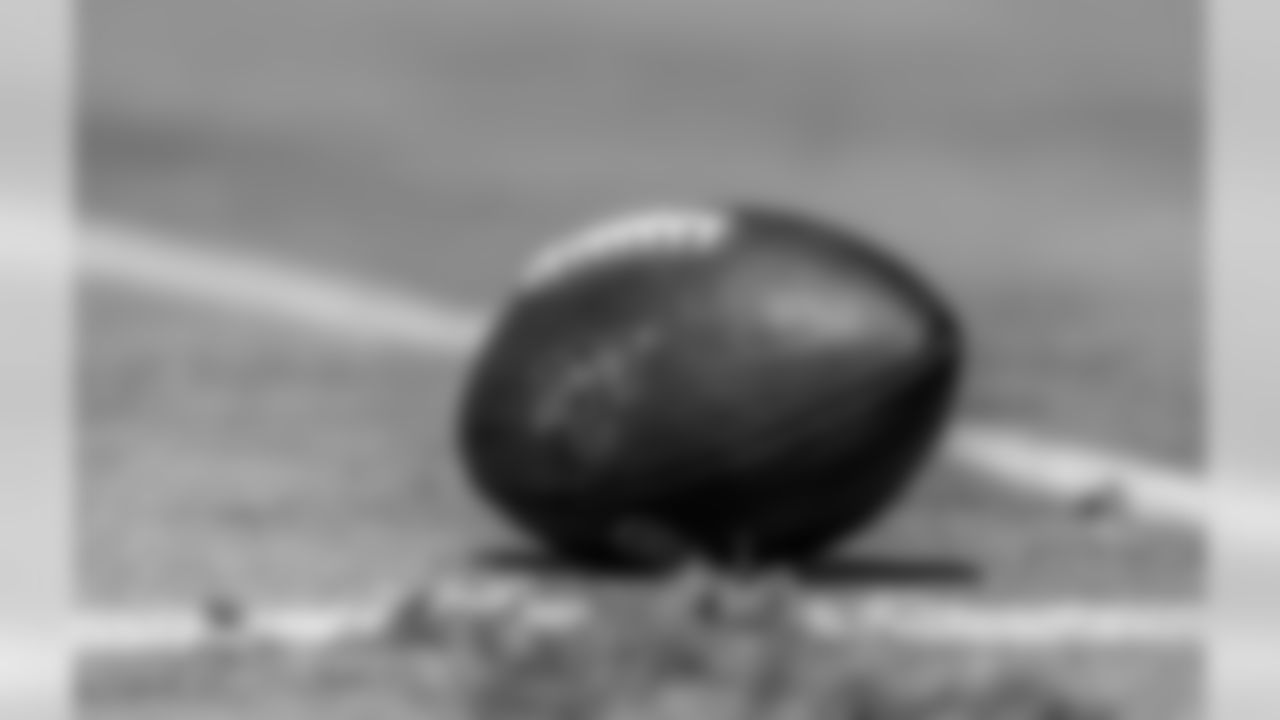
Action photos of New Orleans Saints Training Camp presented by Verizon as they hold joint practice with the Los Angeles Chargers at Jack R. Hammett Sports Complex in Costa Mesa, CA. on August 15, 2019.
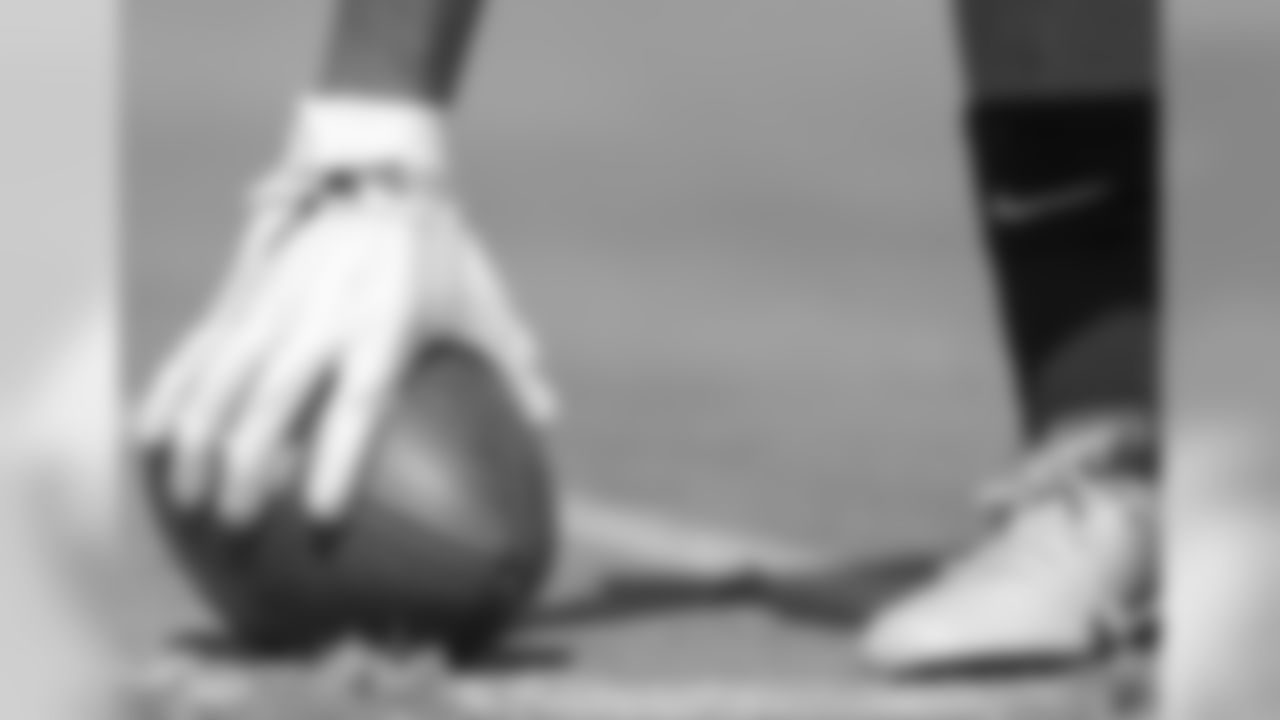
Action photos of New Orleans Saints Training Camp presented by Verizon as they hold joint practice with the Los Angeles Chargers at Jack R. Hammett Sports Complex in Costa Mesa, CA. on August 15, 2019.
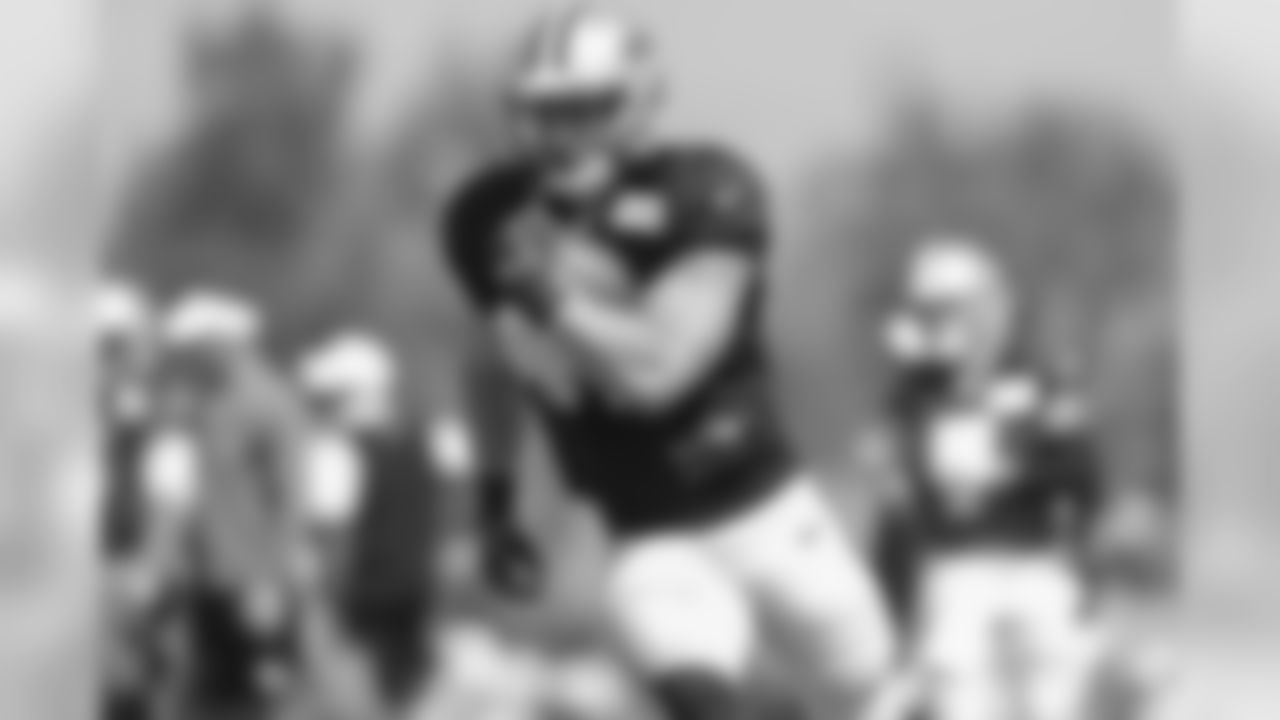
Action photos of New Orleans Saints Training Camp presented by Verizon as they hold joint practice with the Los Angeles Chargers at Jack R. Hammett Sports Complex in Costa Mesa, CA. on August 15, 2019.
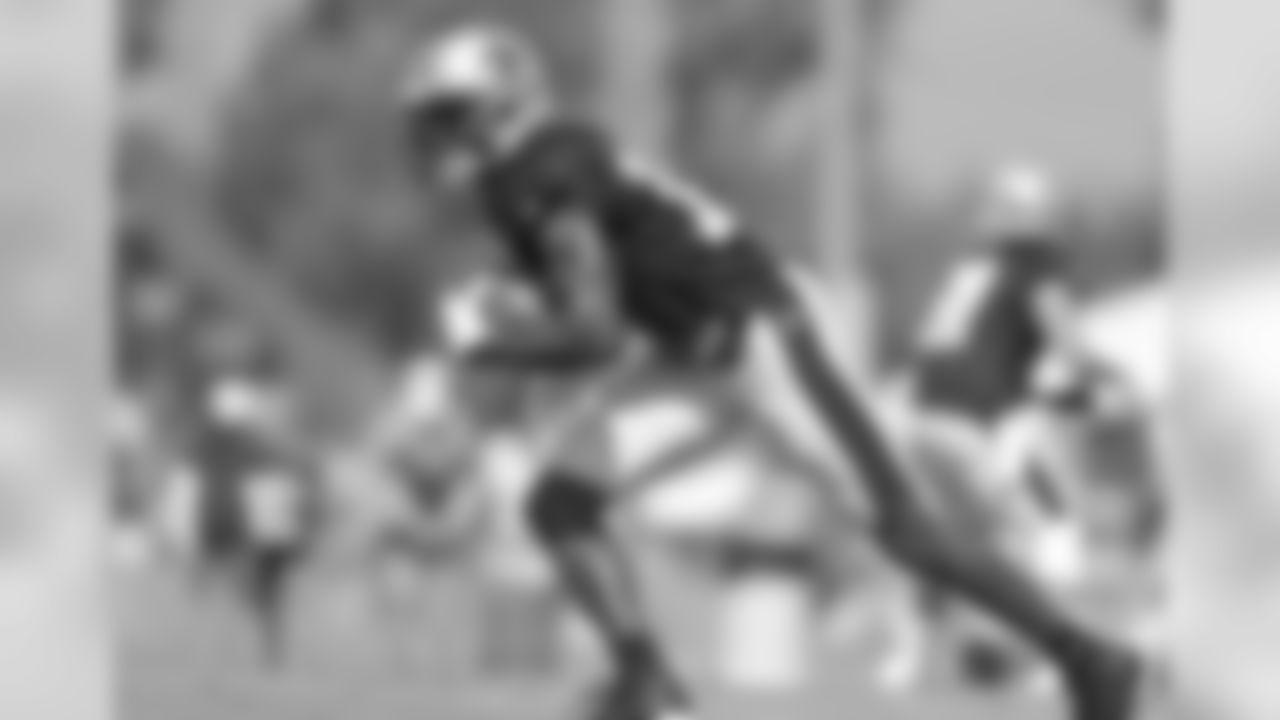
Action photos of New Orleans Saints Training Camp presented by Verizon as they hold joint practice with the Los Angeles Chargers at Jack R. Hammett Sports Complex in Costa Mesa, CA. on August 15, 2019.
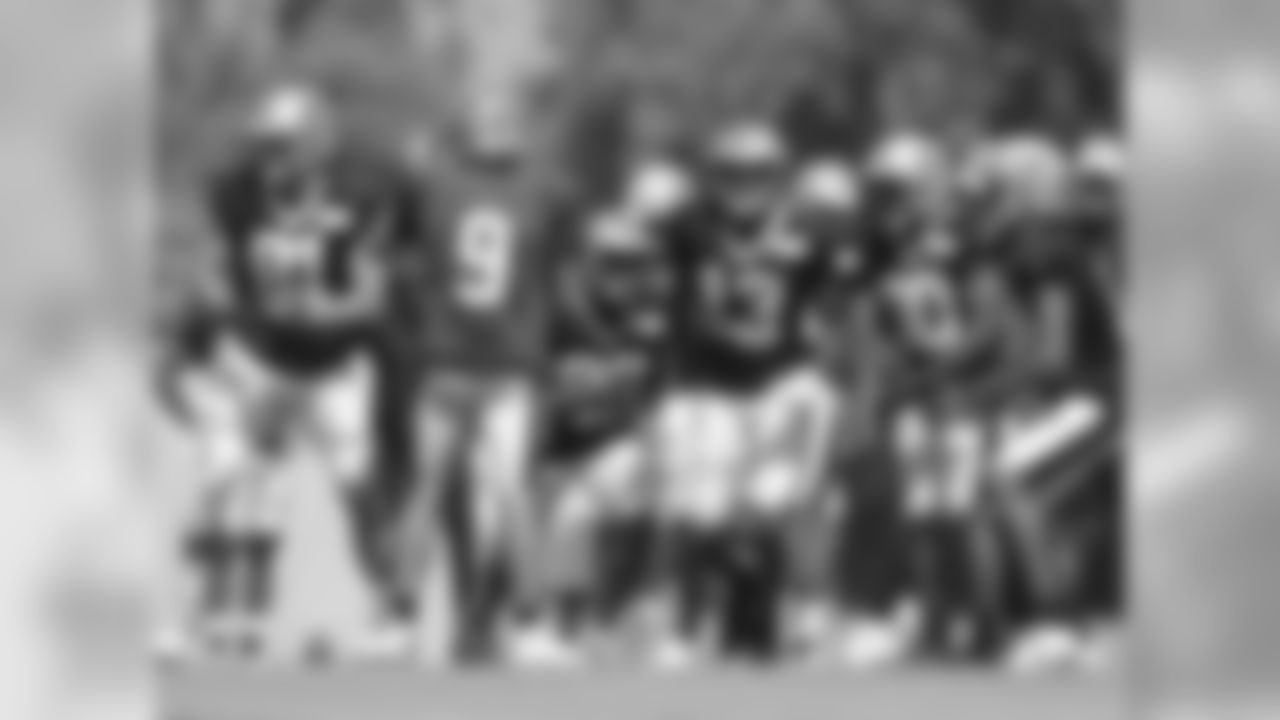
Action photos of New Orleans Saints Training Camp presented by Verizon as they hold joint practice with the Los Angeles Chargers at Jack R. Hammett Sports Complex in Costa Mesa, CA. on August 15, 2019.
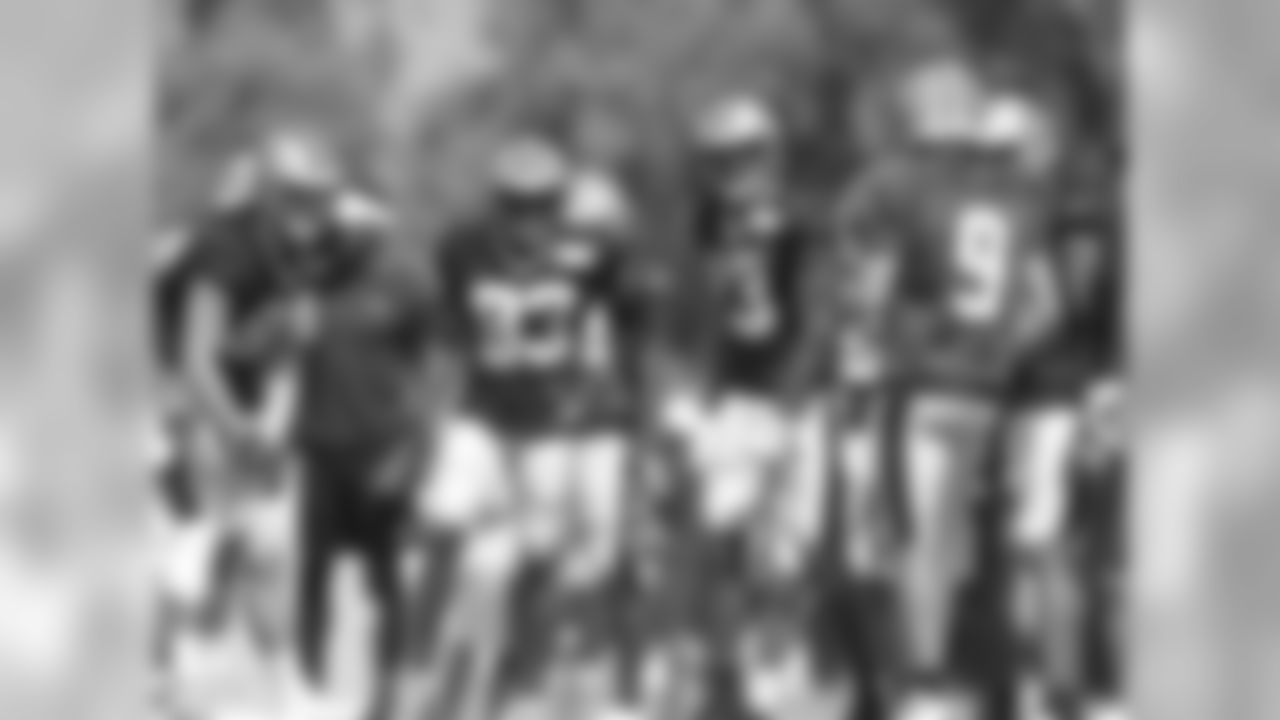
Action photos of New Orleans Saints Training Camp presented by Verizon as they hold joint practice with the Los Angeles Chargers at Jack R. Hammett Sports Complex in Costa Mesa, CA. on August 15, 2019.
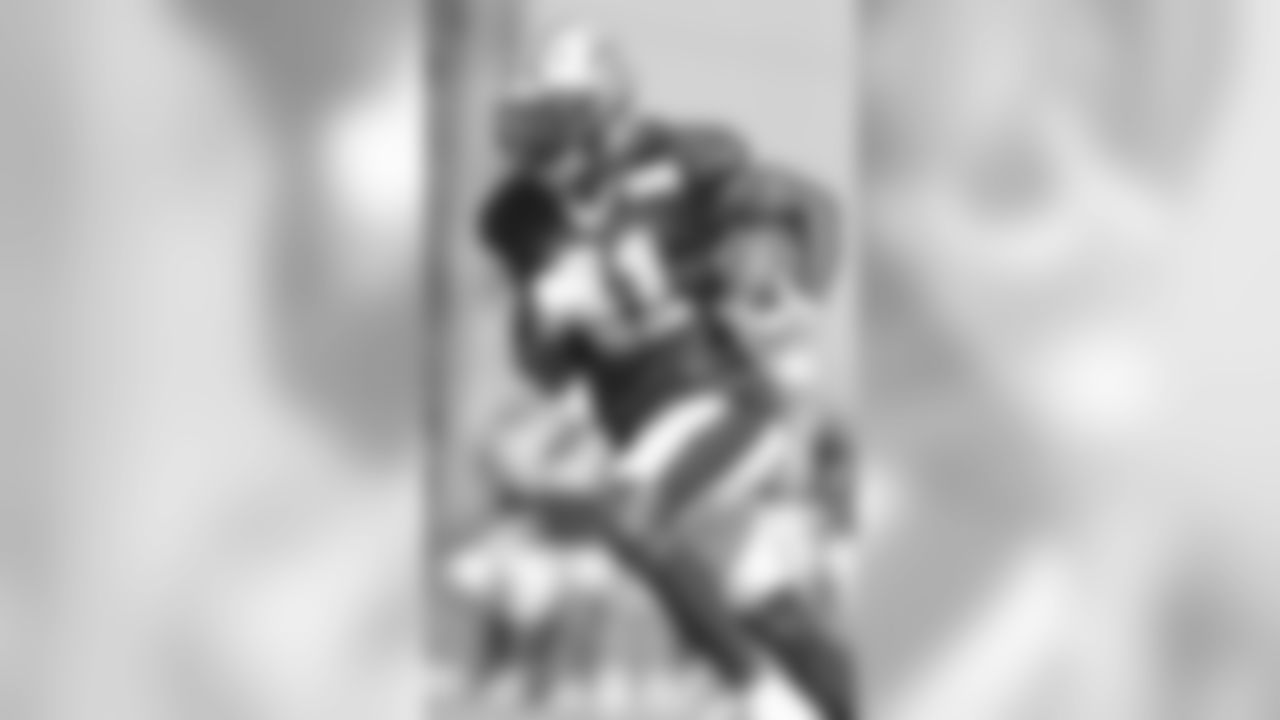
Action photos of New Orleans Saints Training Camp presented by Verizon as they hold joint practice with the Los Angeles Chargers at Jack R. Hammett Sports Complex in Costa Mesa, CA. on August 15, 2019.
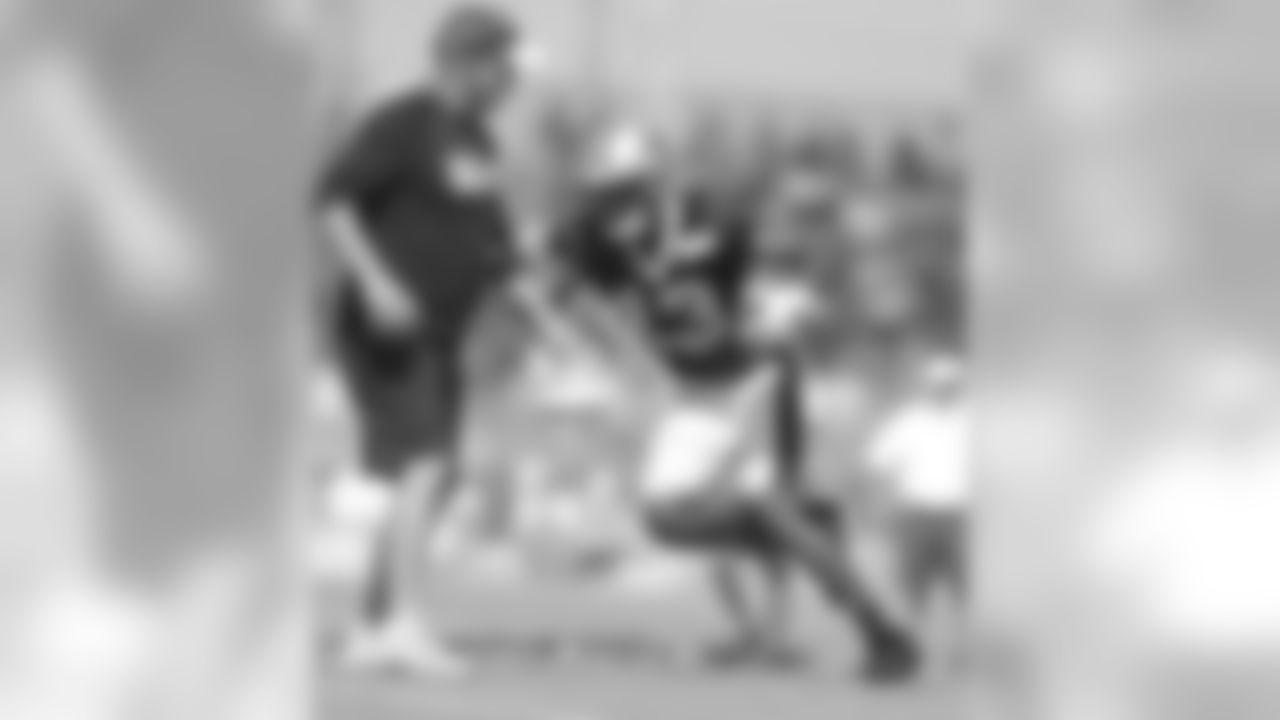
Action photos of New Orleans Saints Training Camp presented by Verizon as they hold joint practice with the Los Angeles Chargers at Jack R. Hammett Sports Complex in Costa Mesa, CA. on August 15, 2019.
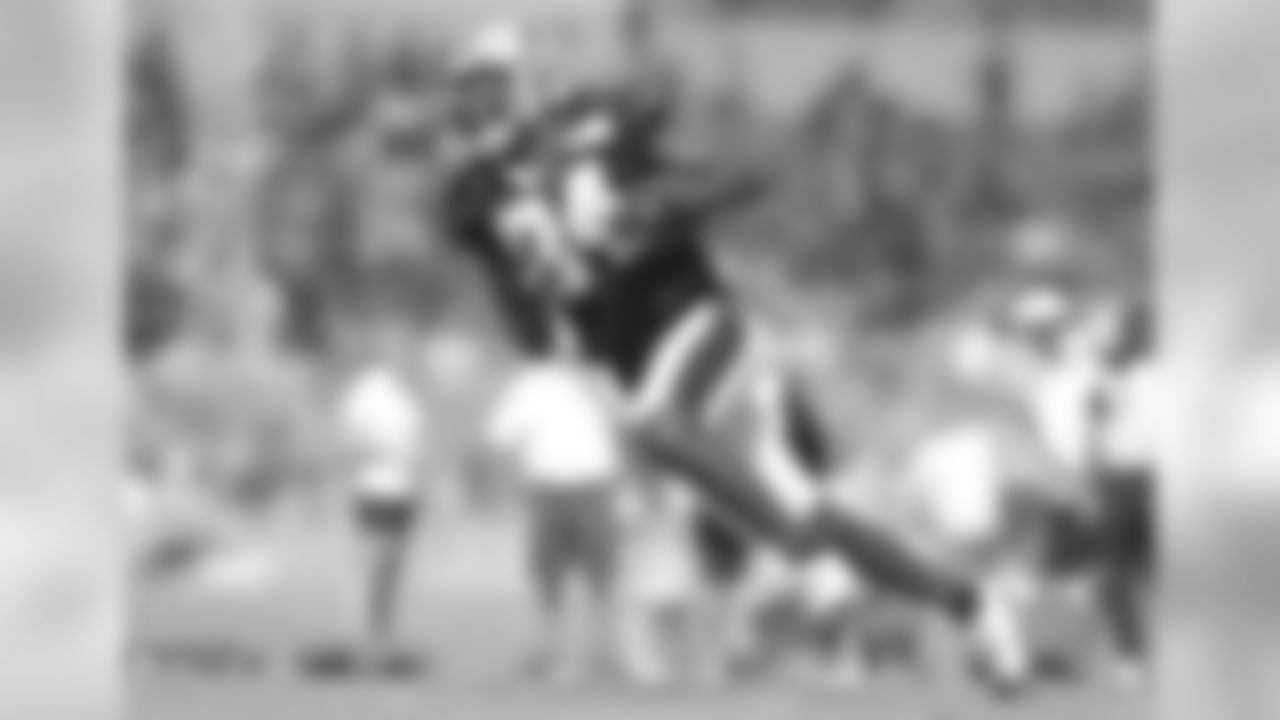
Action photos of New Orleans Saints Training Camp presented by Verizon as they hold joint practice with the Los Angeles Chargers at Jack R. Hammett Sports Complex in Costa Mesa, CA. on August 15, 2019.
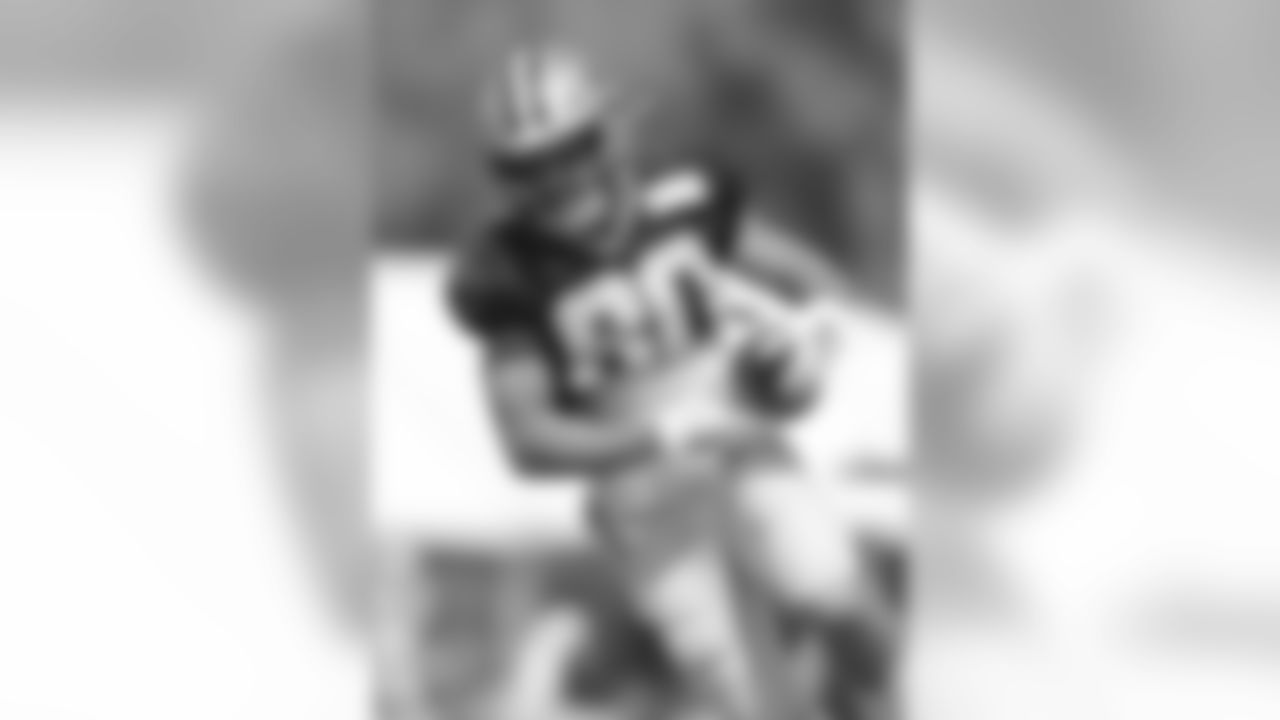
Action photos of New Orleans Saints Training Camp presented by Verizon as they hold joint practice with the Los Angeles Chargers at Jack R. Hammett Sports Complex in Costa Mesa, CA. on August 15, 2019.
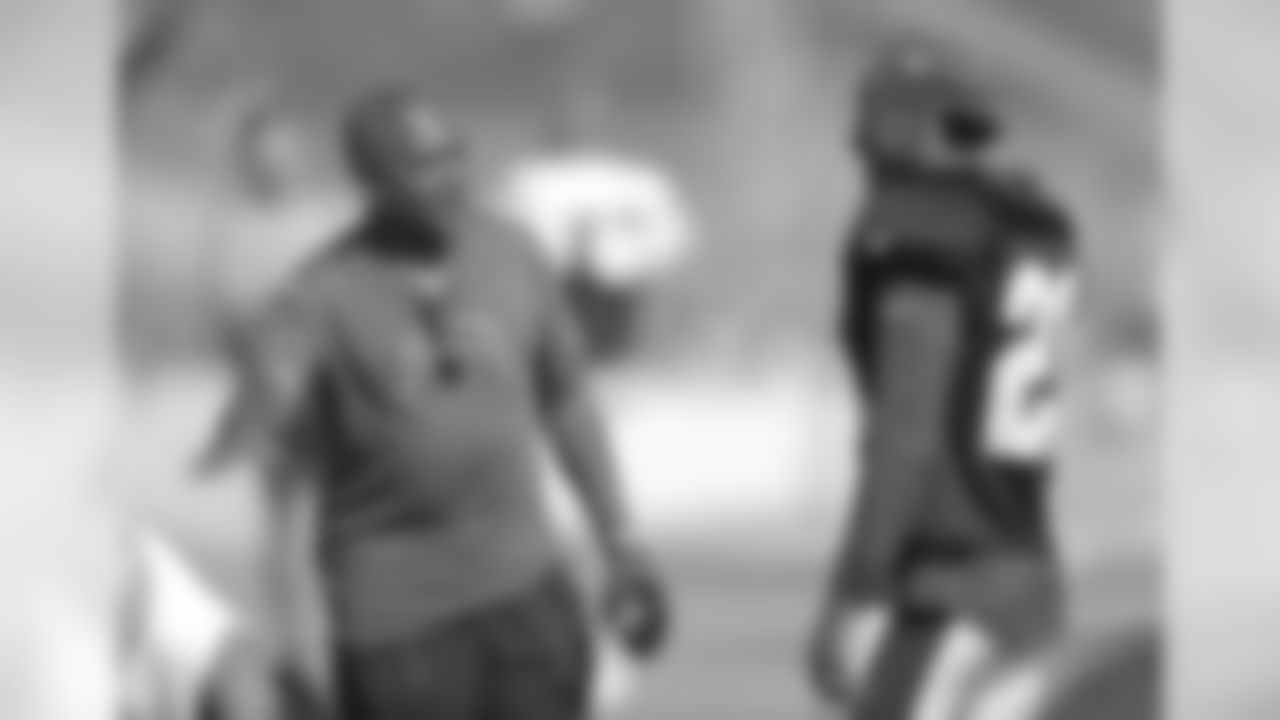
Action photos of New Orleans Saints Training Camp presented by Verizon as they hold joint practice with the Los Angeles Chargers at Jack R. Hammett Sports Complex in Costa Mesa, CA. on August 15, 2019.
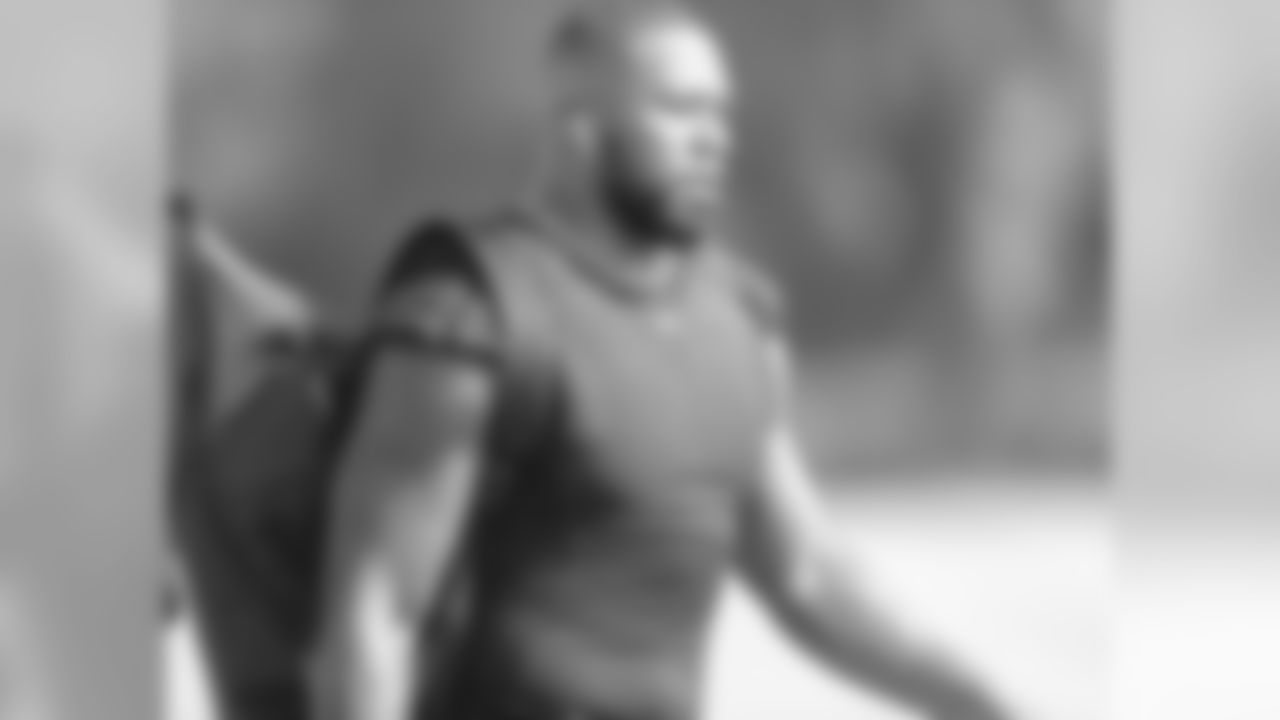
Action photos of New Orleans Saints Training Camp presented by Verizon as they hold joint practice with the Los Angeles Chargers at Jack R. Hammett Sports Complex in Costa Mesa, CA. on August 15, 2019.
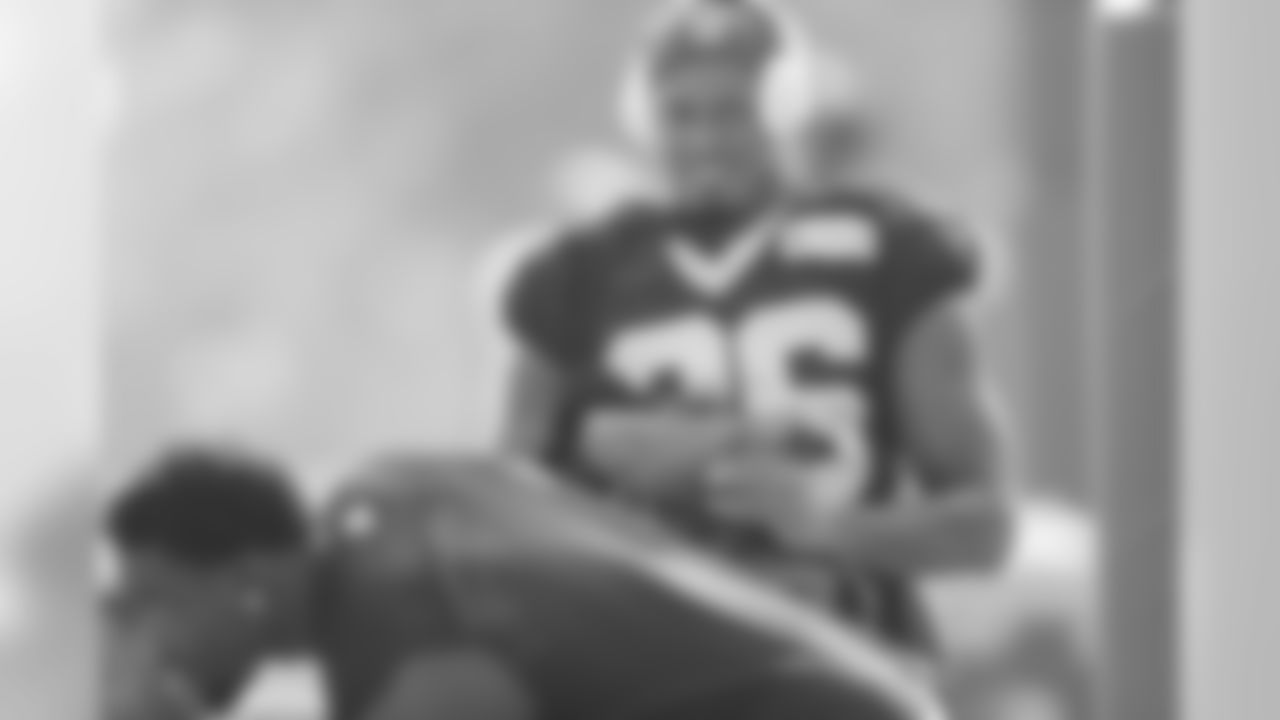
Action photos of New Orleans Saints Training Camp presented by Verizon as they hold joint practice with the Los Angeles Chargers at Jack R. Hammett Sports Complex in Costa Mesa, CA. on August 15, 2019.
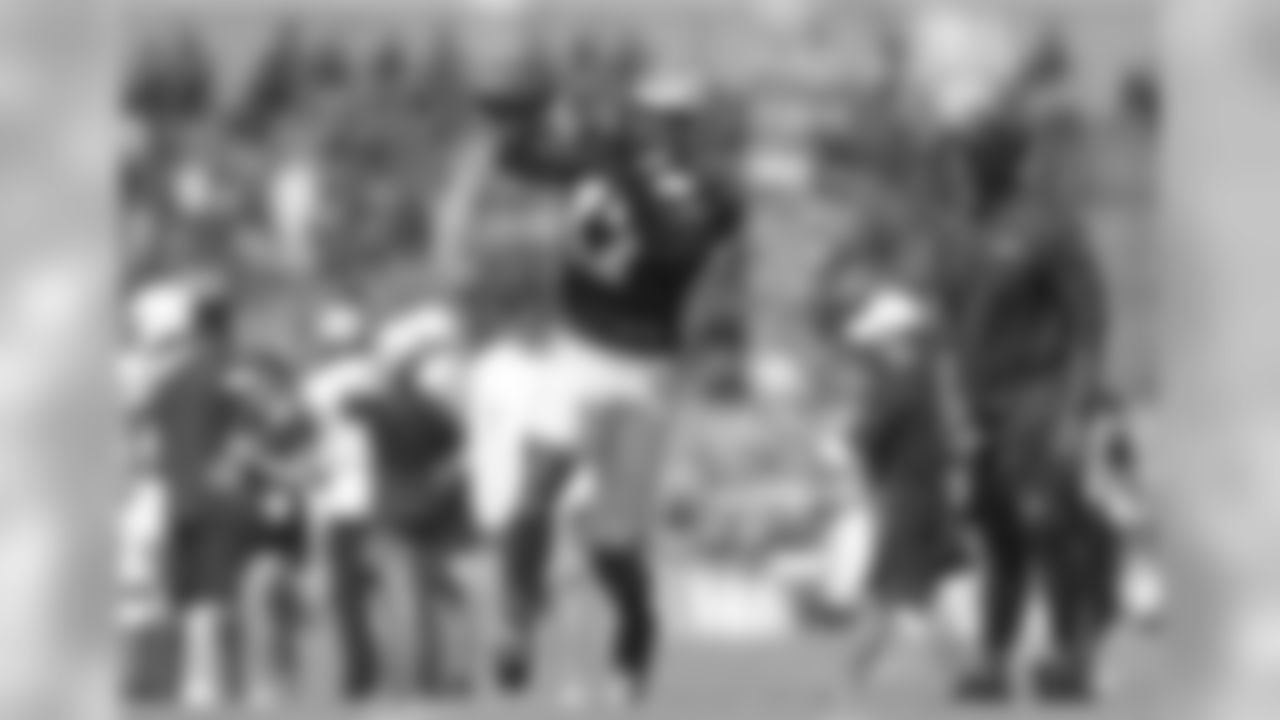
Action photos of New Orleans Saints Training Camp presented by Verizon as they hold joint practice with the Los Angeles Chargers at Jack R. Hammett Sports Complex in Costa Mesa, CA. on August 15, 2019.
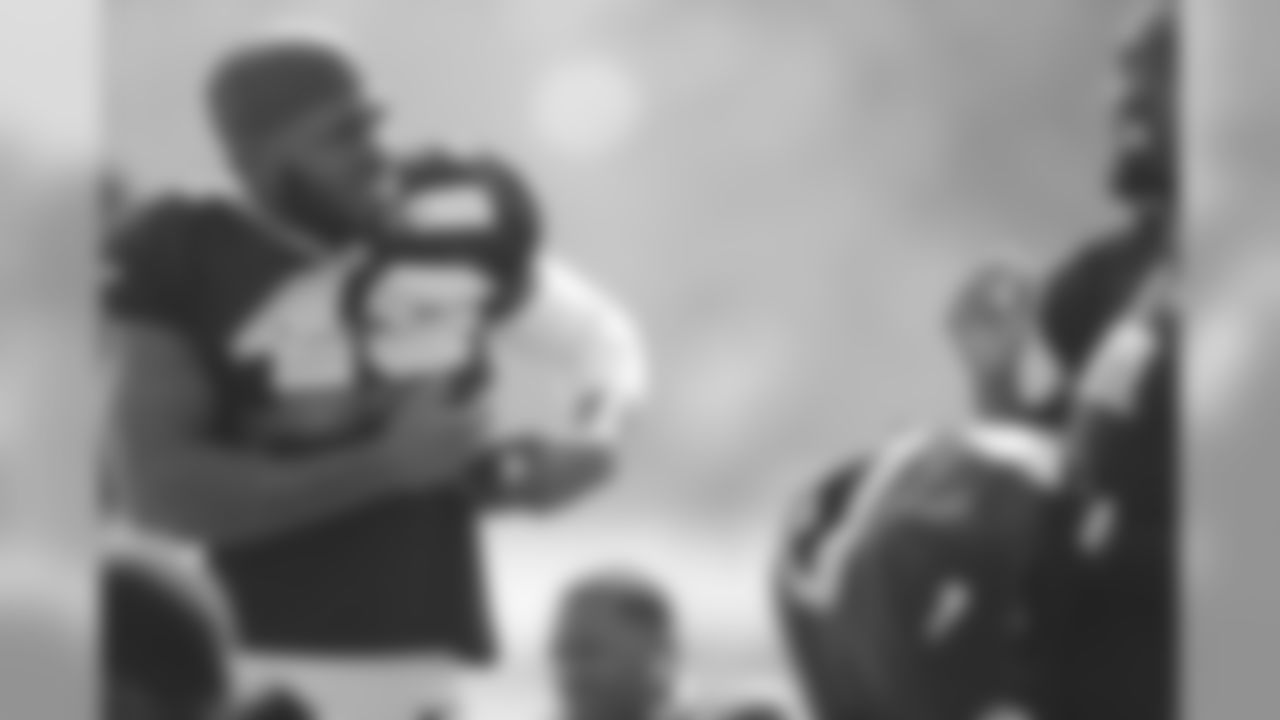
Action photos of New Orleans Saints Training Camp presented by Verizon as they hold joint practice with the Los Angeles Chargers at Jack R. Hammett Sports Complex in Costa Mesa, CA. on August 15, 2019.
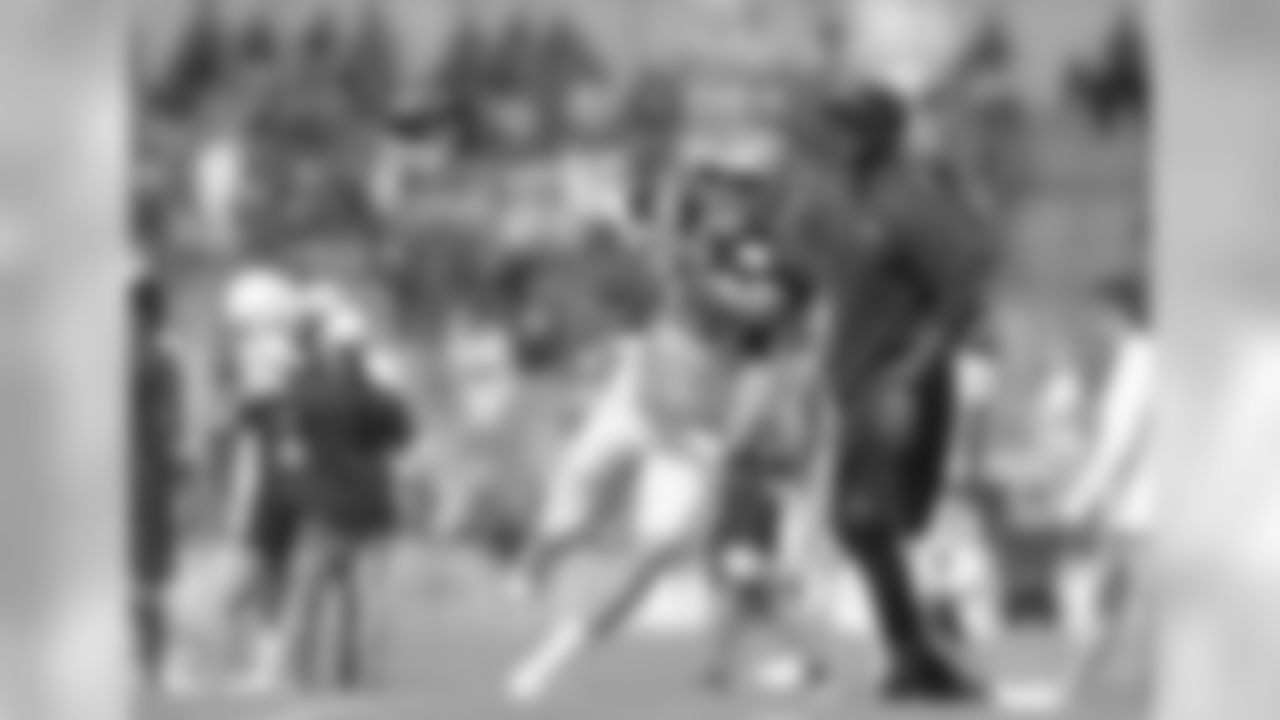
Action photos of New Orleans Saints Training Camp presented by Verizon as they hold joint practice with the Los Angeles Chargers at Jack R. Hammett Sports Complex in Costa Mesa, CA. on August 15, 2019.

Action photos of New Orleans Saints Training Camp presented by Verizon as they hold joint practice with the Los Angeles Chargers at Jack R. Hammett Sports Complex in Costa Mesa, CA. on August 15, 2019.

Action photos of New Orleans Saints Training Camp presented by Verizon as they hold joint practice with the Los Angeles Chargers at Jack R. Hammett Sports Complex in Costa Mesa, CA. on August 15, 2019.
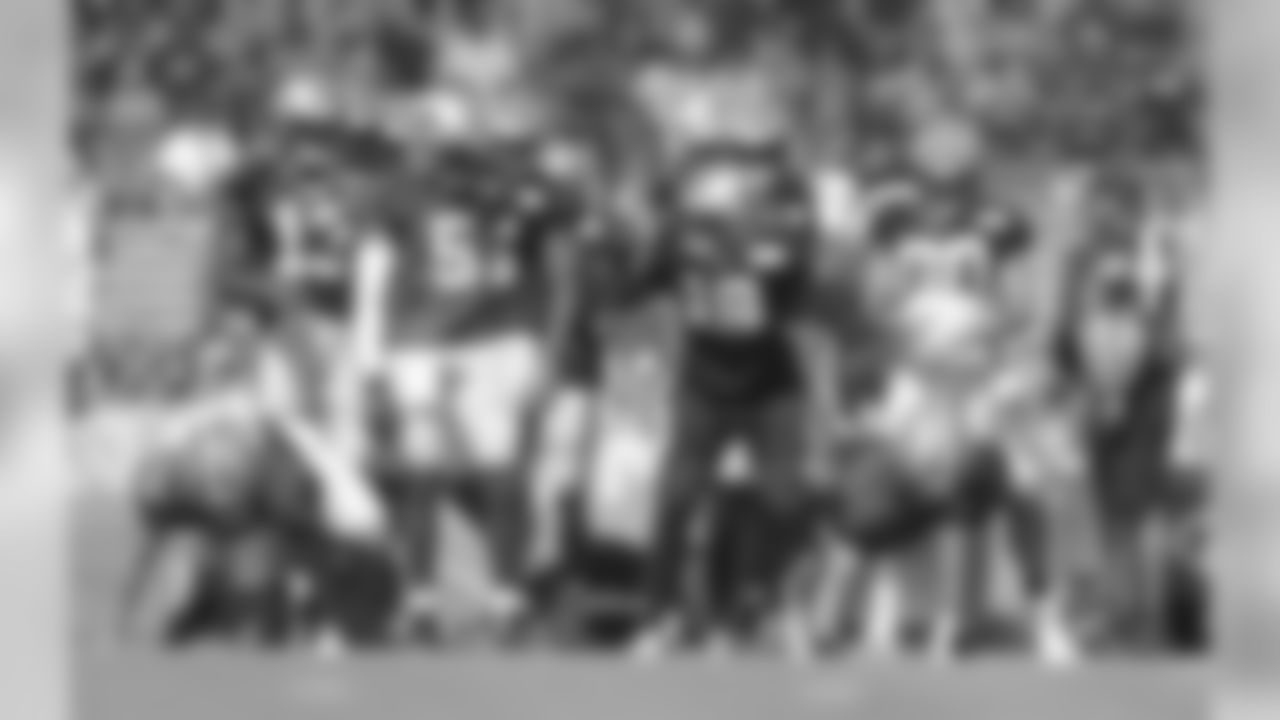
Action photos of New Orleans Saints Training Camp presented by Verizon as they hold joint practice with the Los Angeles Chargers at Jack R. Hammett Sports Complex in Costa Mesa, CA. on August 15, 2019.
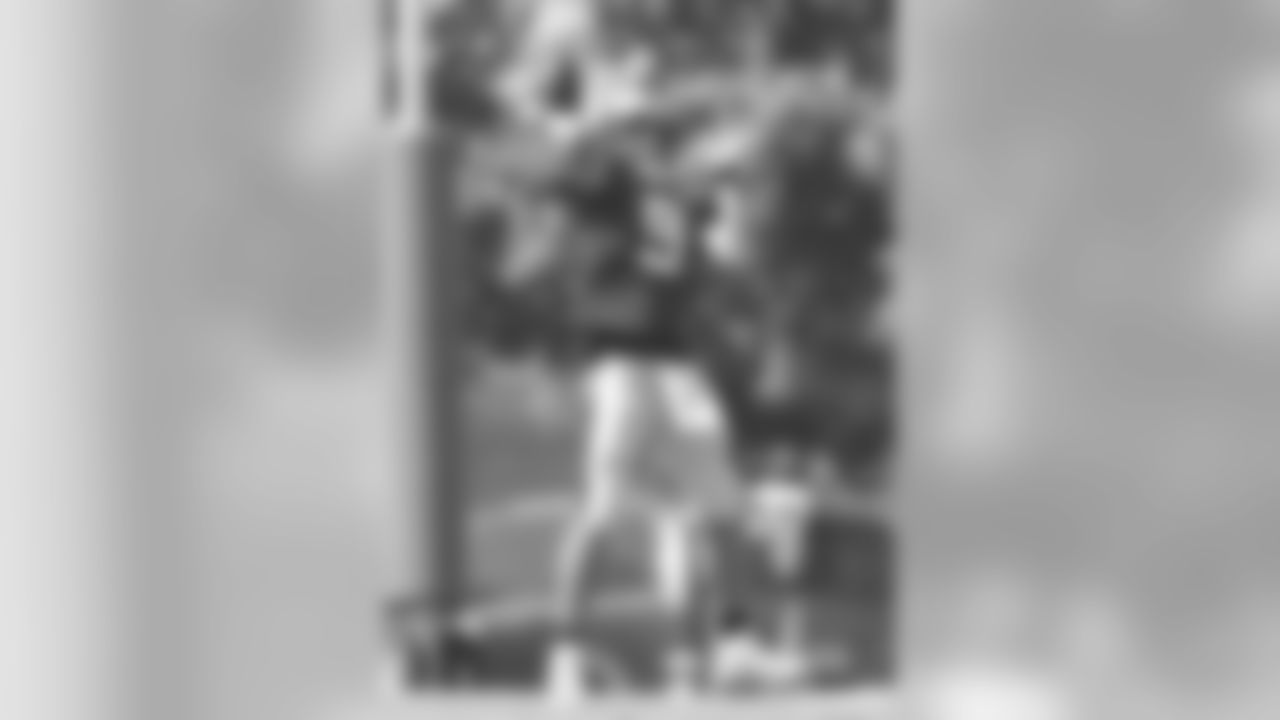
Action photos of New Orleans Saints Training Camp presented by Verizon as they hold joint practice with the Los Angeles Chargers at Jack R. Hammett Sports Complex in Costa Mesa, CA. on August 15, 2019.

Action photos of New Orleans Saints Training Camp presented by Verizon as they hold joint practice with the Los Angeles Chargers at Jack R. Hammett Sports Complex in Costa Mesa, CA. on August 15, 2019.
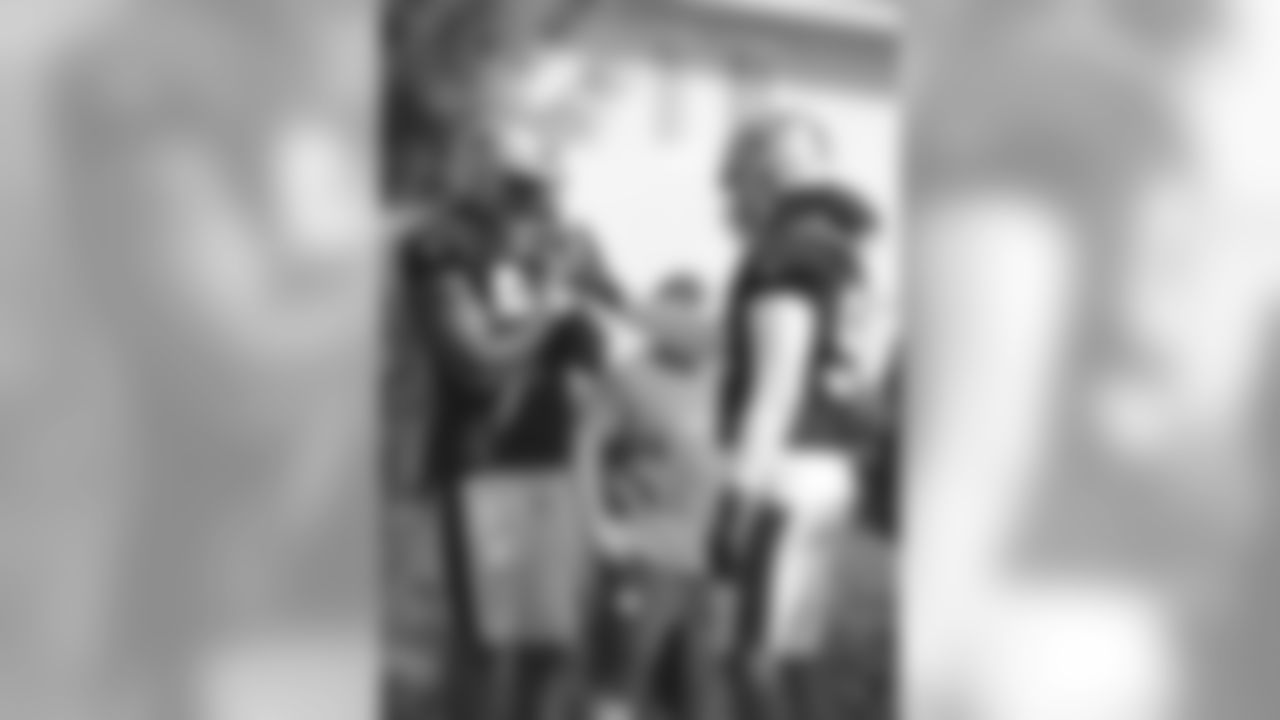
Action photos of New Orleans Saints Training Camp presented by Verizon as they hold joint practice with the Los Angeles Chargers at Jack R. Hammett Sports Complex in Costa Mesa, CA. on August 15, 2019.
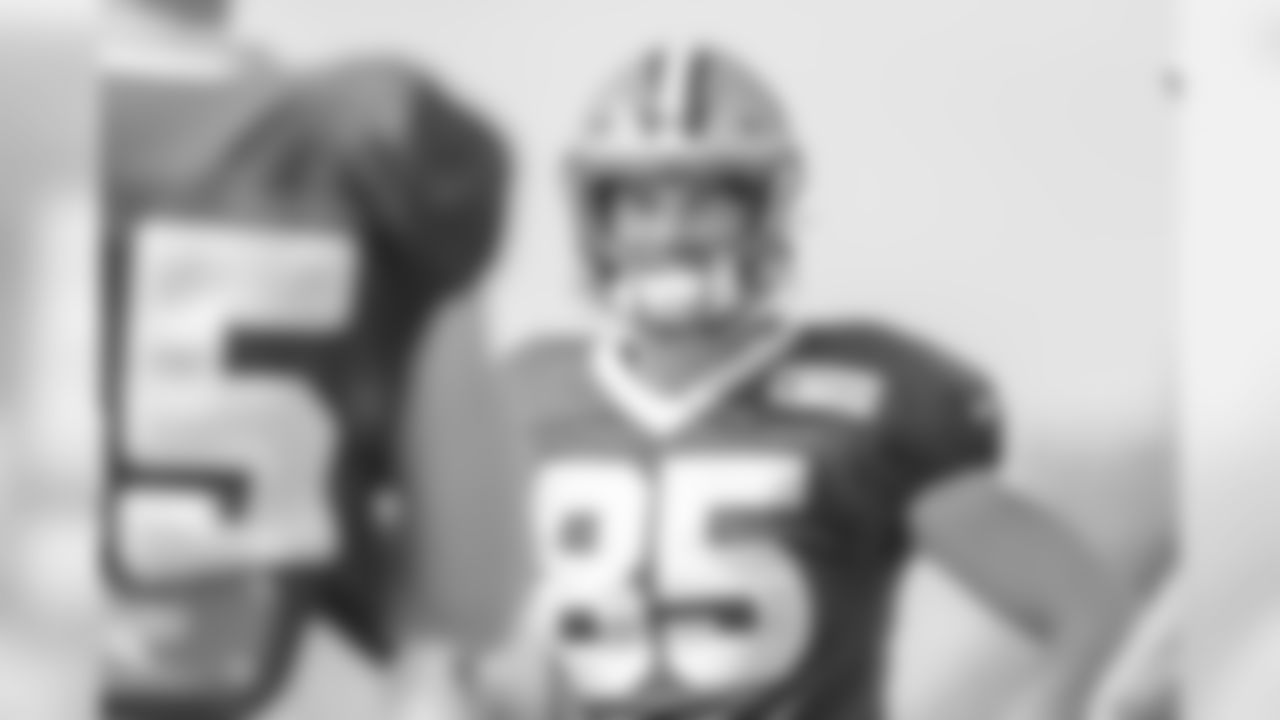
Action photos of New Orleans Saints Training Camp presented by Verizon as they hold joint practice with the Los Angeles Chargers at Jack R. Hammett Sports Complex in Costa Mesa, CA. on August 15, 2019.

Action photos of New Orleans Saints Training Camp presented by Verizon as they hold joint practice with the Los Angeles Chargers at Jack R. Hammett Sports Complex in Costa Mesa, CA. on August 15, 2019.

Action photos of New Orleans Saints Training Camp presented by Verizon as they hold joint practice with the Los Angeles Chargers at Jack R. Hammett Sports Complex in Costa Mesa, CA. on August 15, 2019.
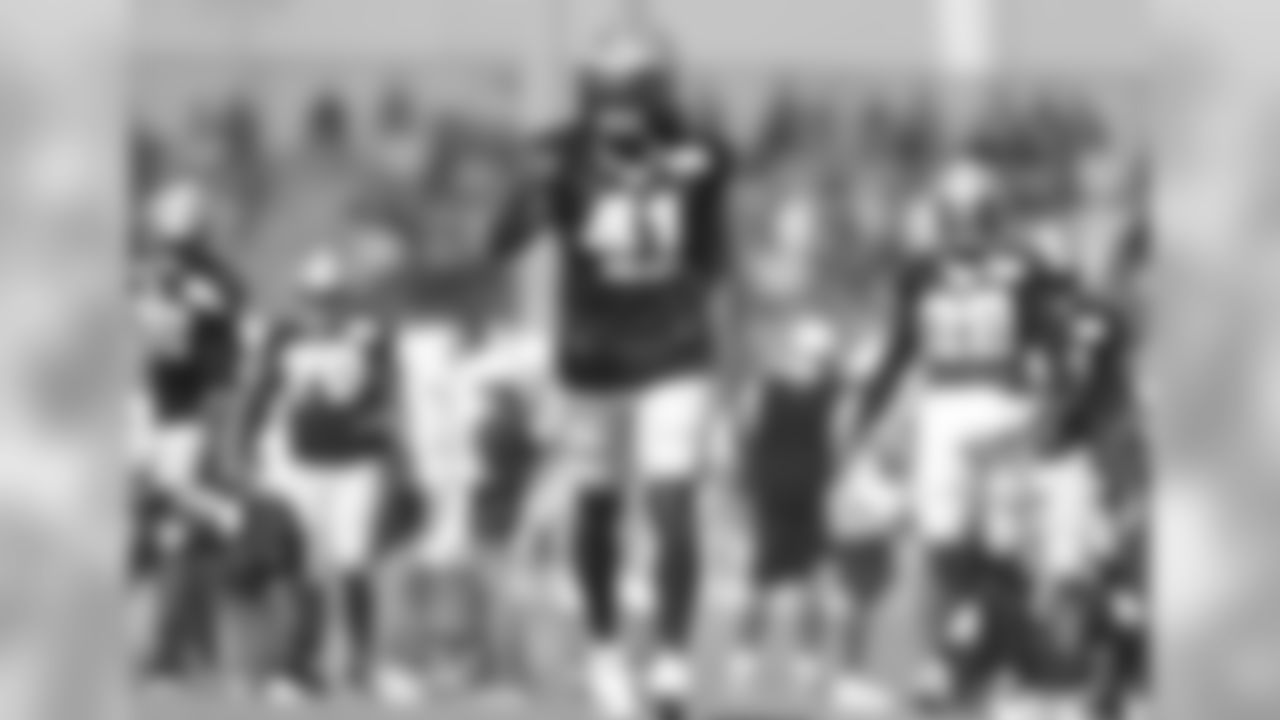
Action photos of New Orleans Saints Training Camp presented by Verizon as they hold joint practice with the Los Angeles Chargers at Jack R. Hammett Sports Complex in Costa Mesa, CA. on August 15, 2019.
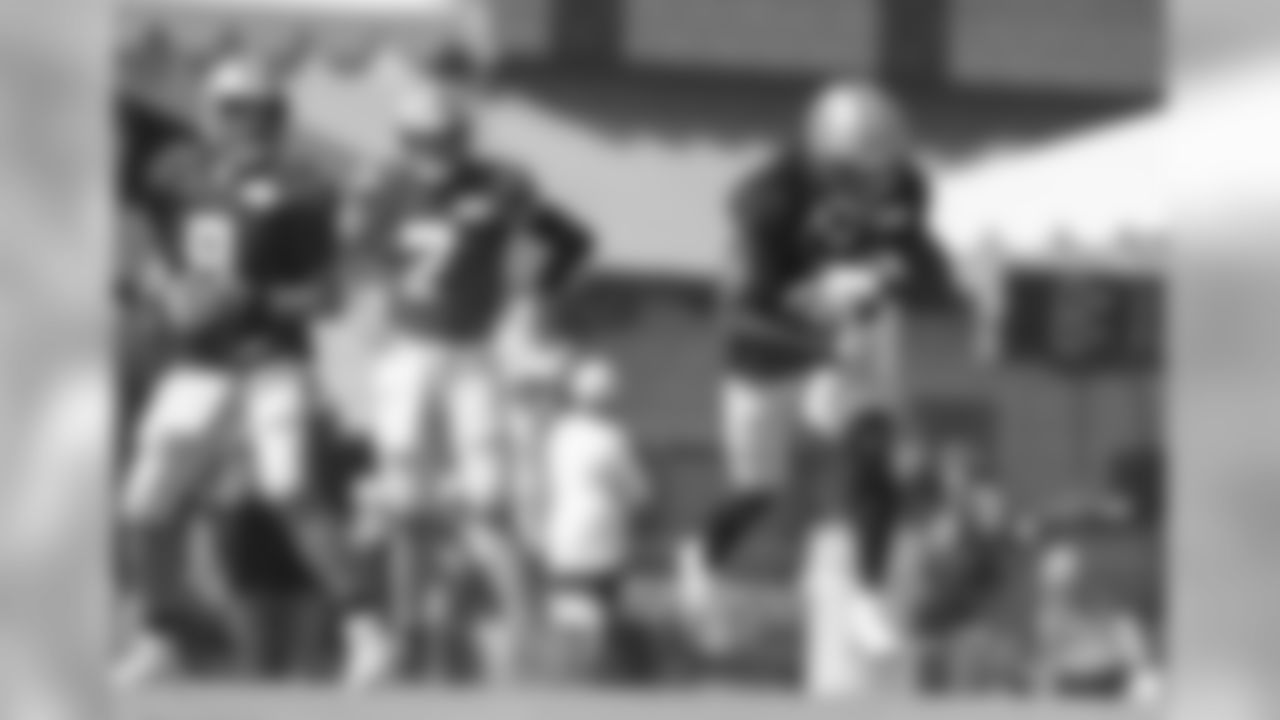
Action photos of New Orleans Saints Training Camp presented by Verizon as they hold joint practice with the Los Angeles Chargers at Jack R. Hammett Sports Complex in Costa Mesa, CA. on August 15, 2019.
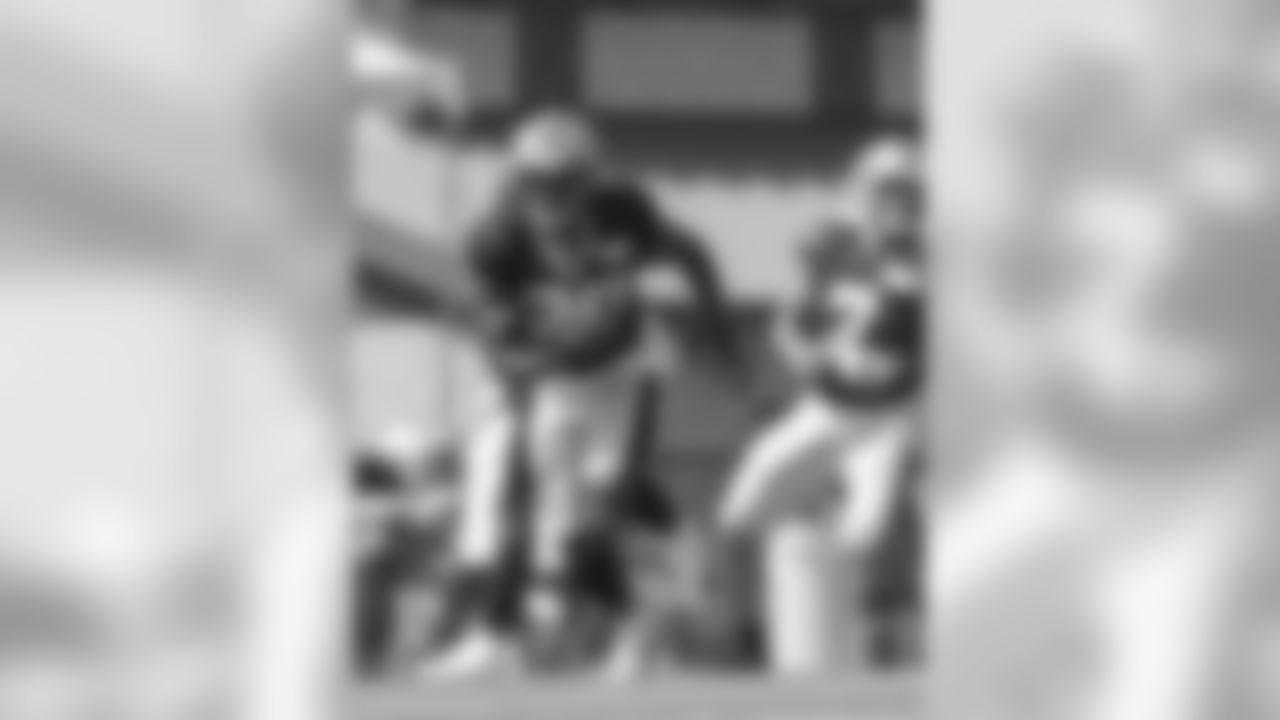
Action photos of New Orleans Saints Training Camp presented by Verizon as they hold joint practice with the Los Angeles Chargers at Jack R. Hammett Sports Complex in Costa Mesa, CA. on August 15, 2019.
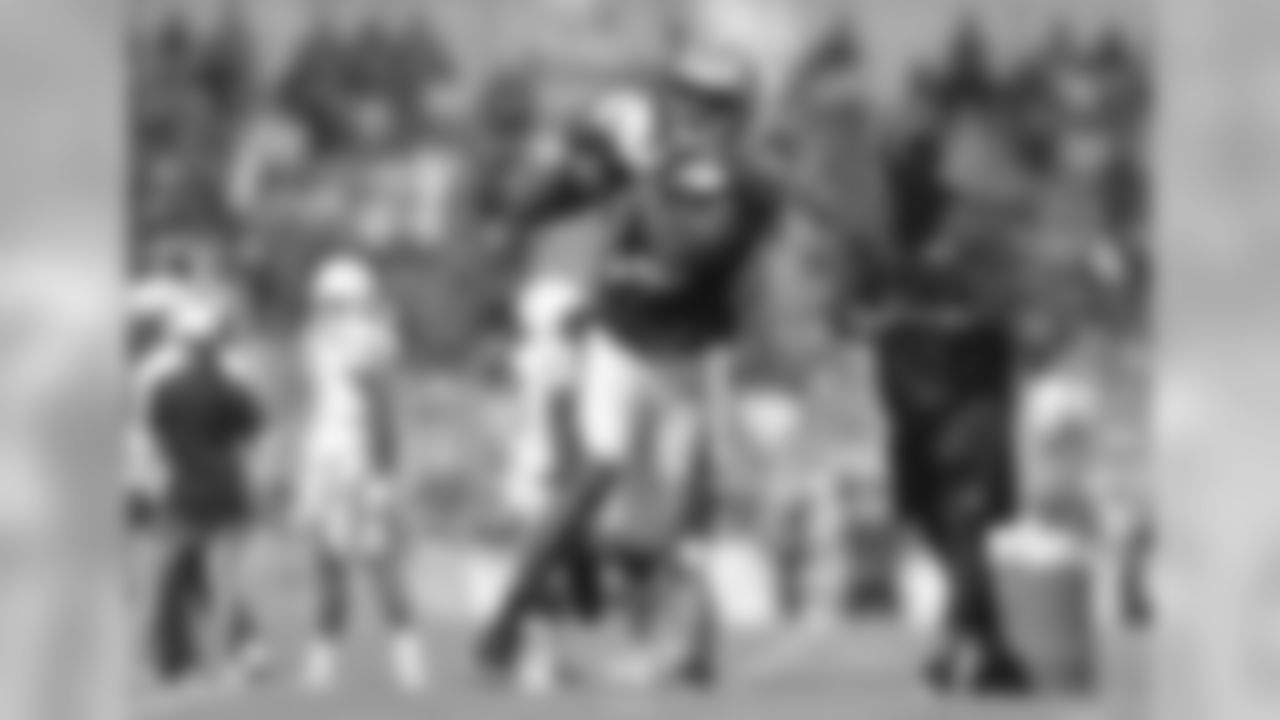
Action photos of New Orleans Saints Training Camp presented by Verizon as they hold joint practice with the Los Angeles Chargers at Jack R. Hammett Sports Complex in Costa Mesa, CA. on August 15, 2019.
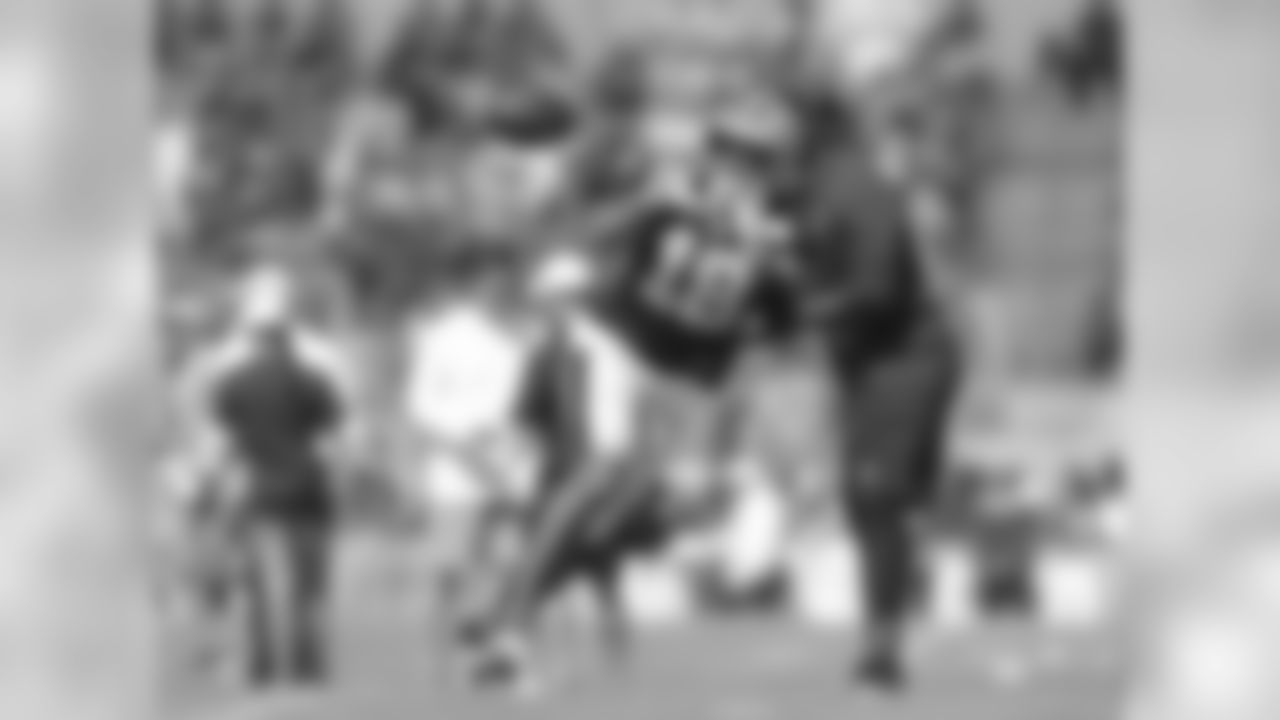
Action photos of New Orleans Saints Training Camp presented by Verizon as they hold joint practice with the Los Angeles Chargers at Jack R. Hammett Sports Complex in Costa Mesa, CA. on August 15, 2019.
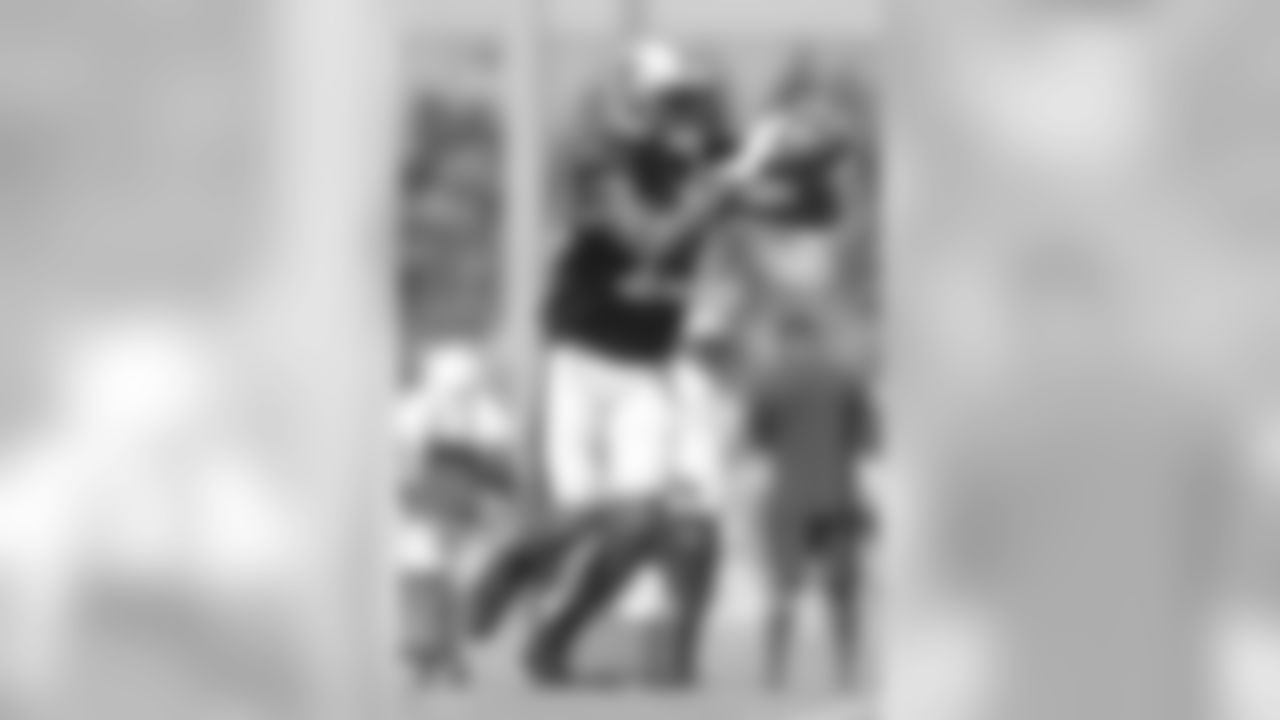
Action photos of New Orleans Saints Training Camp presented by Verizon as they hold joint practice with the Los Angeles Chargers at Jack R. Hammett Sports Complex in Costa Mesa, CA. on August 15, 2019.
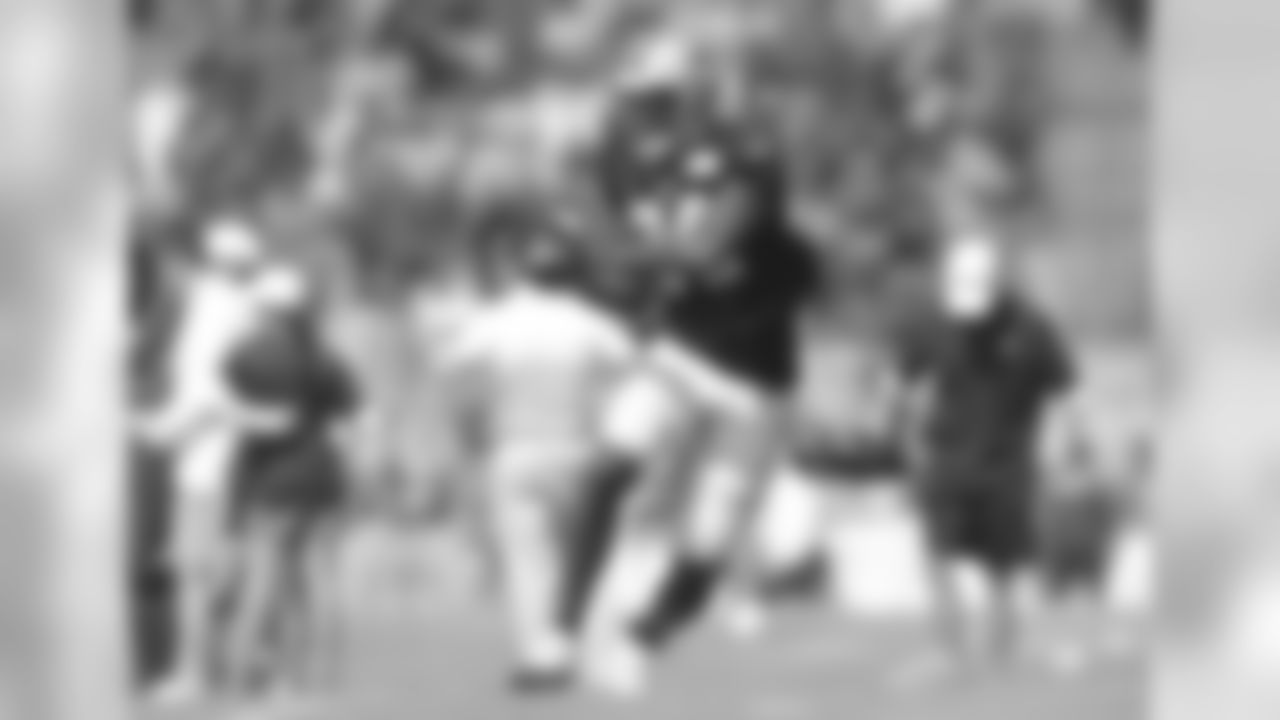
Action photos of New Orleans Saints Training Camp presented by Verizon as they hold joint practice with the Los Angeles Chargers at Jack R. Hammett Sports Complex in Costa Mesa, CA. on August 15, 2019.
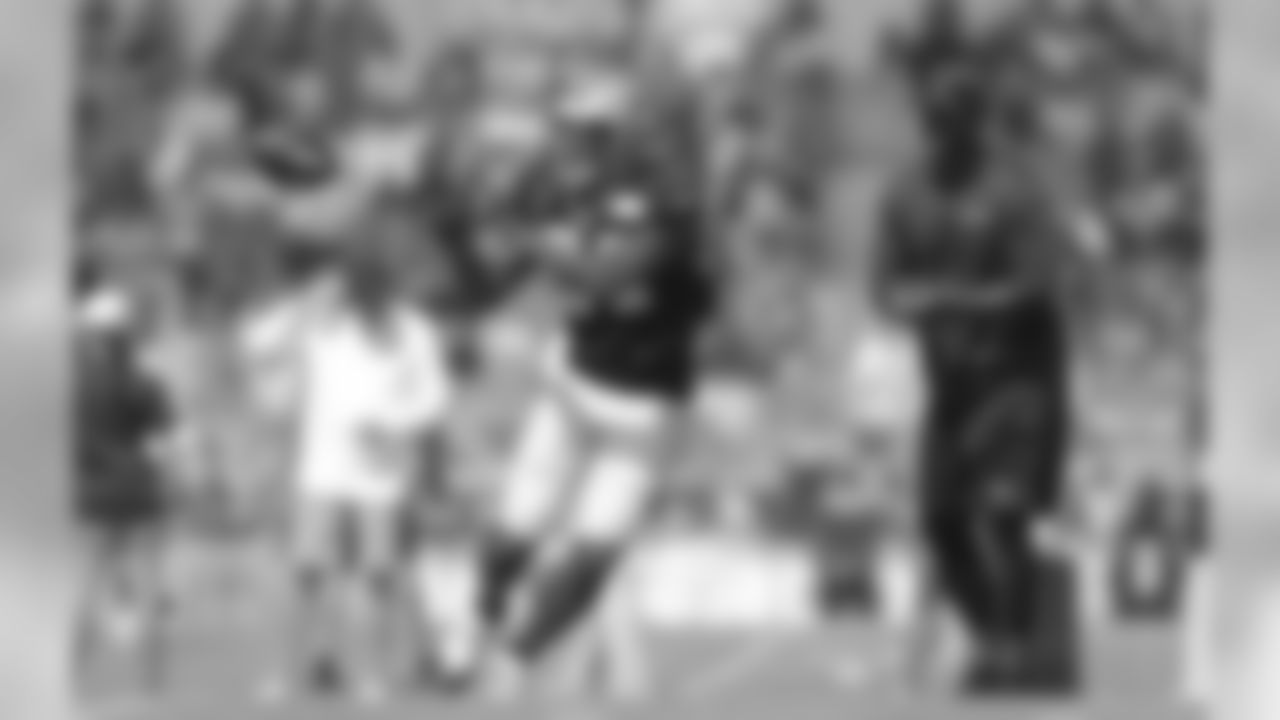
Action photos of New Orleans Saints Training Camp presented by Verizon as they hold joint practice with the Los Angeles Chargers at Jack R. Hammett Sports Complex in Costa Mesa, CA. on August 15, 2019.














